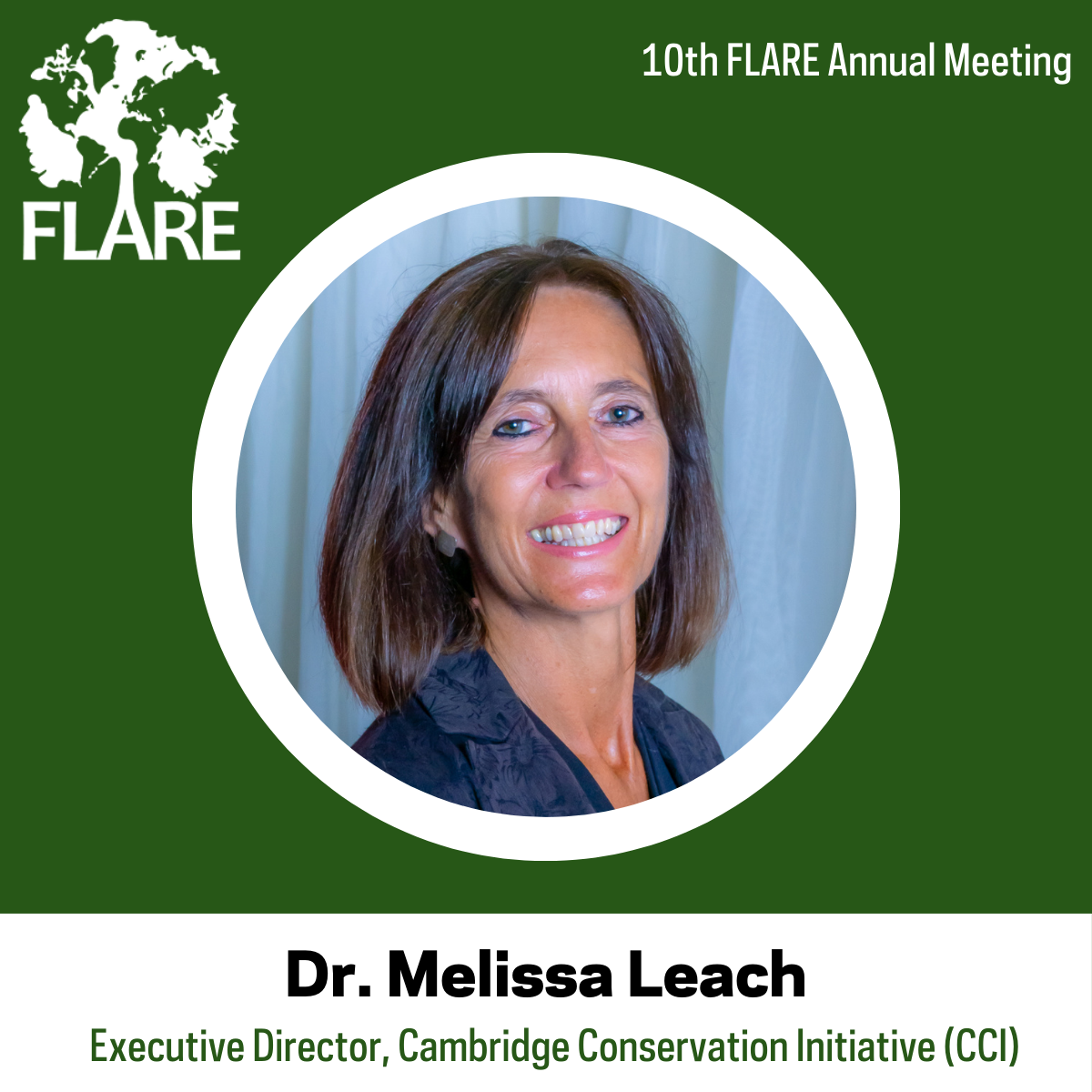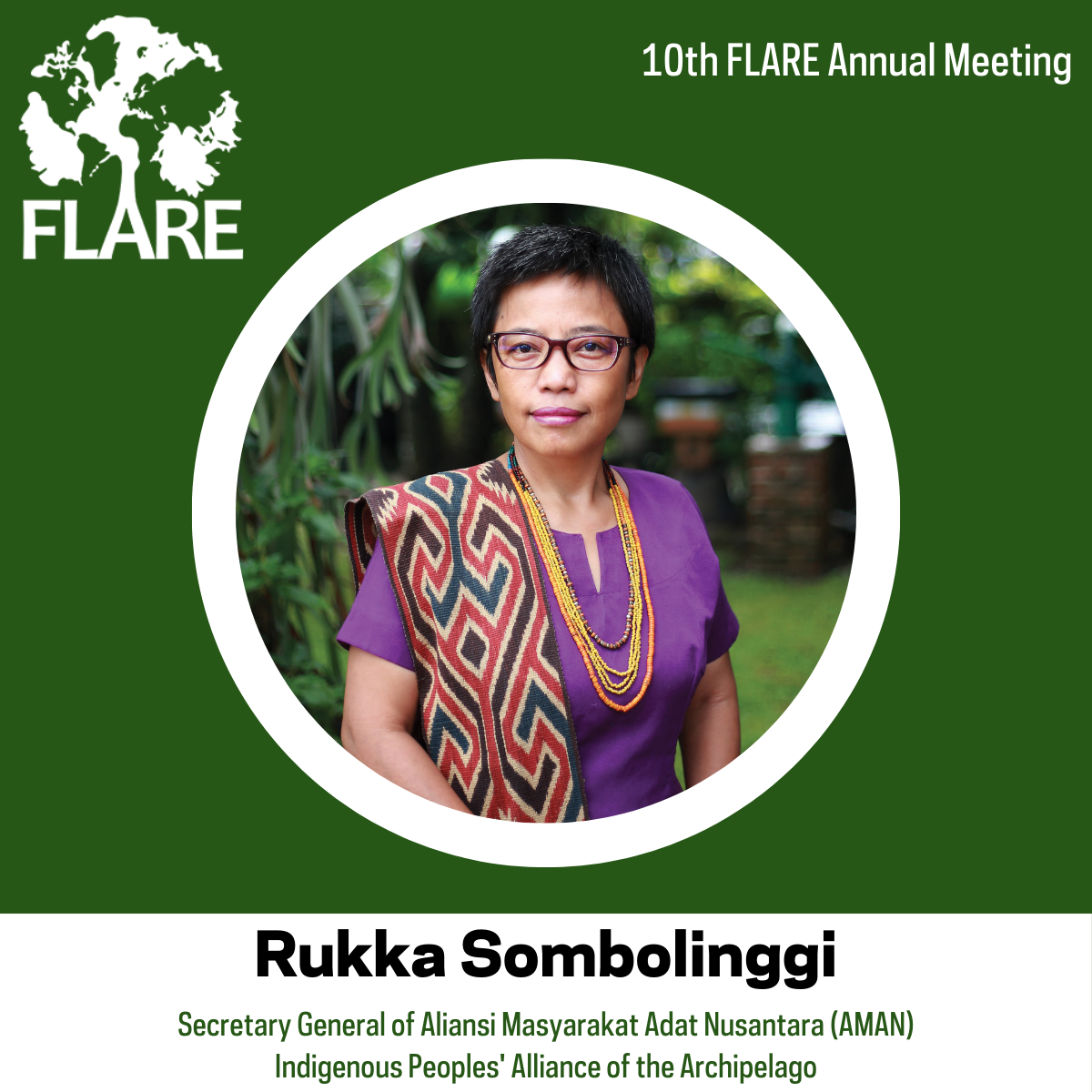FLARE 2024 - Rome
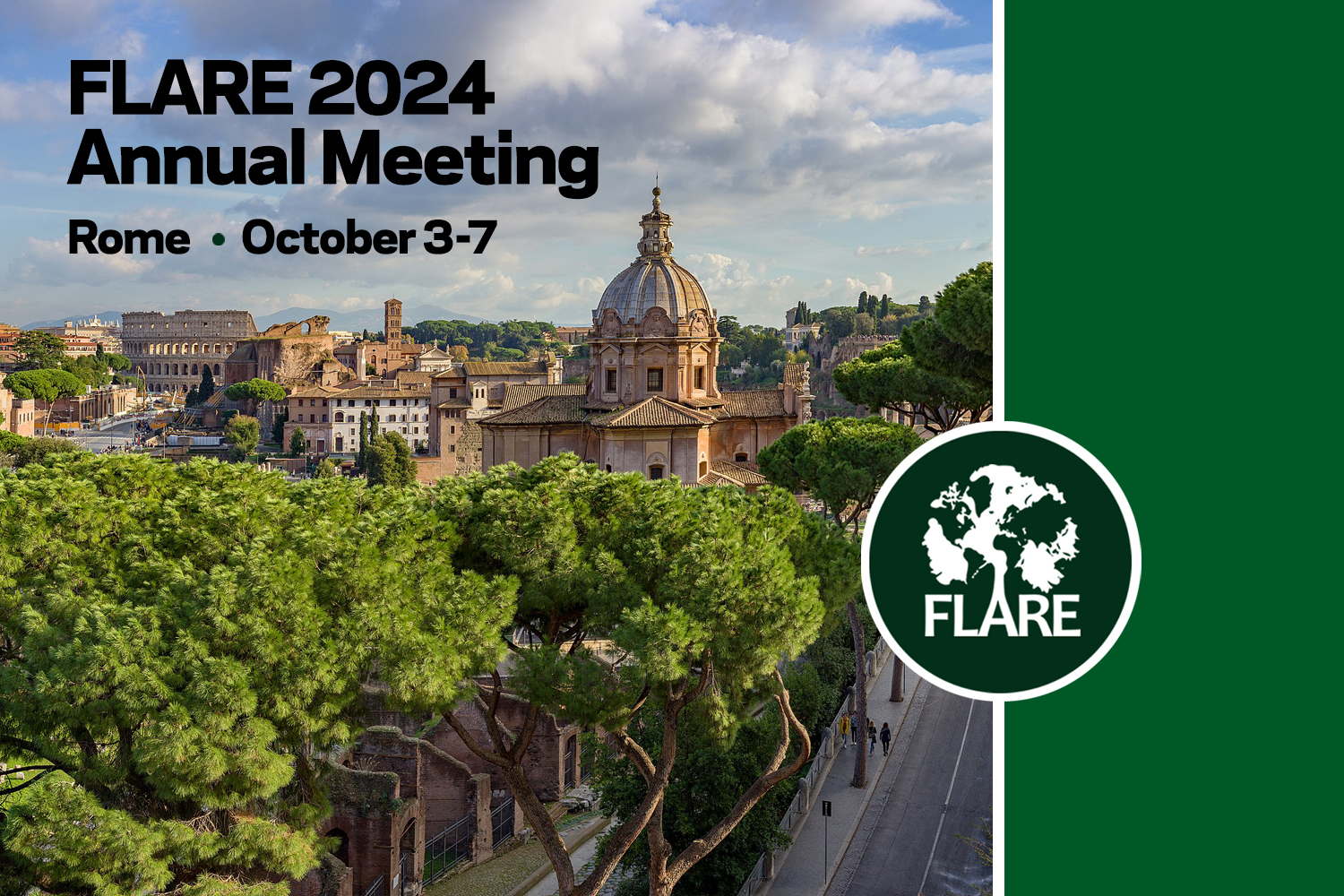
Photo by Wolfgang Moroder, licensed under Creative Commons CC-BY 2.5.
Please see below for highlights and further information about the 2024 FLARE Annual Meeting
2024 Annual Meeting Photos
Re-live the moments of the 10th Annual Meeting with the photos below!
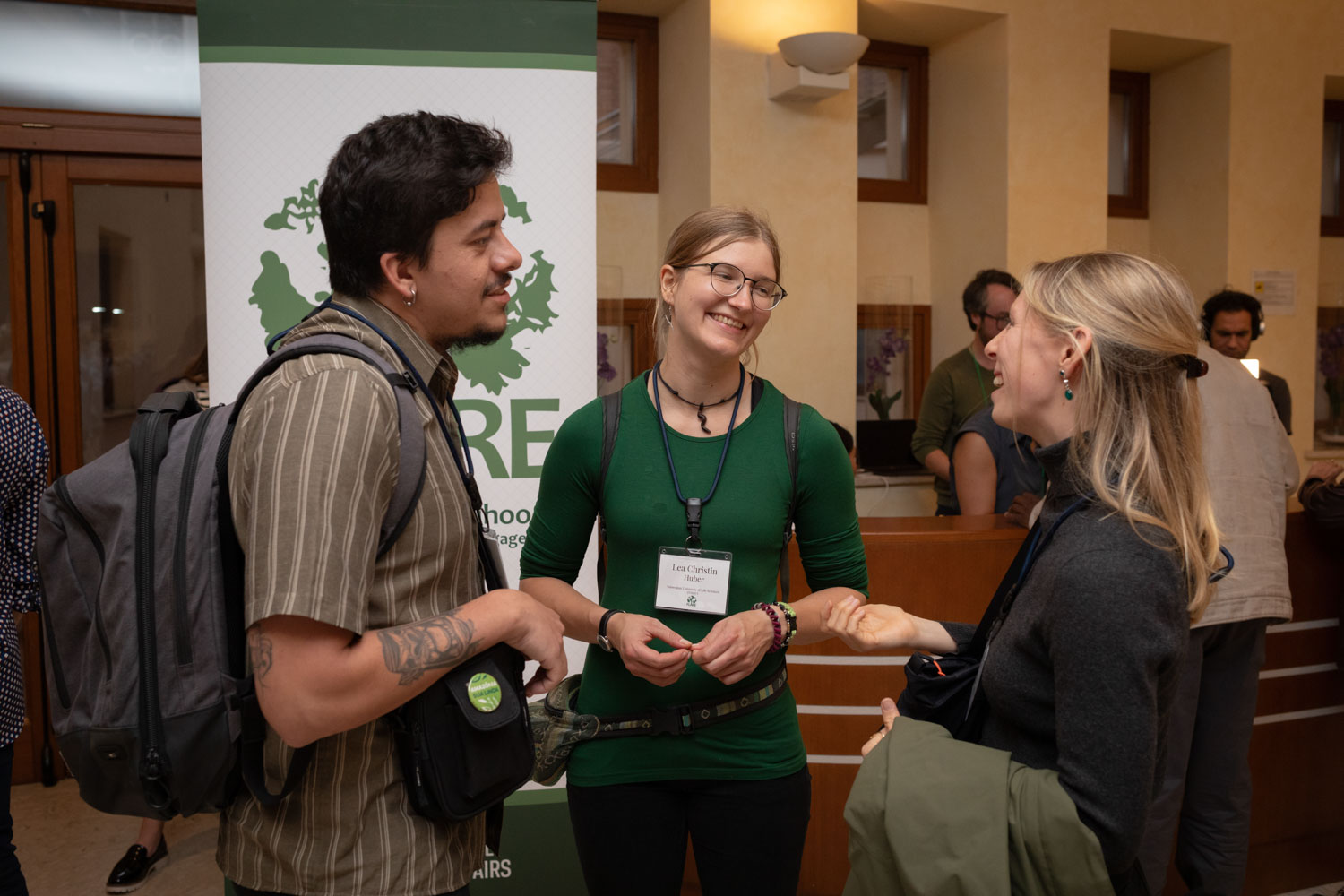
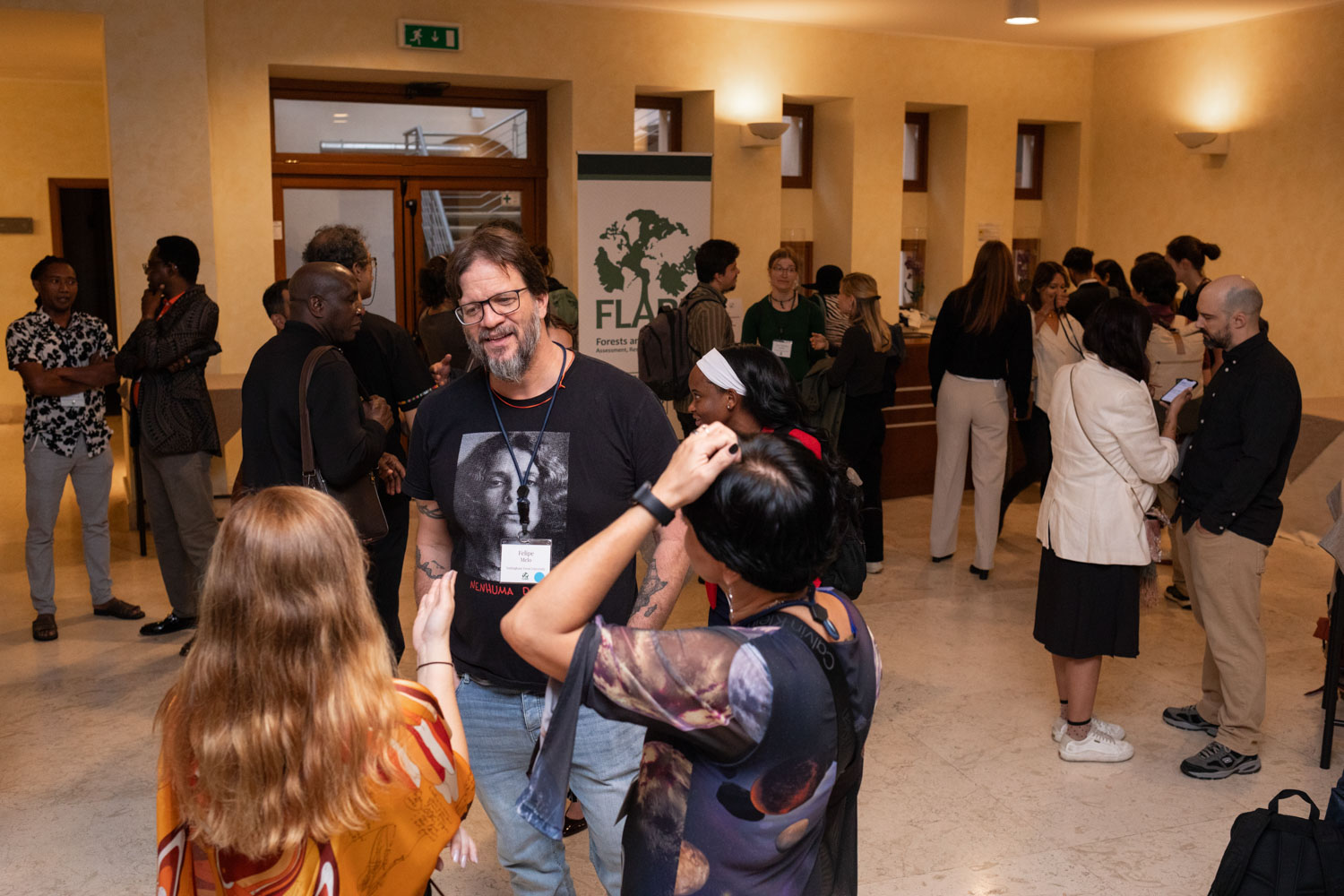
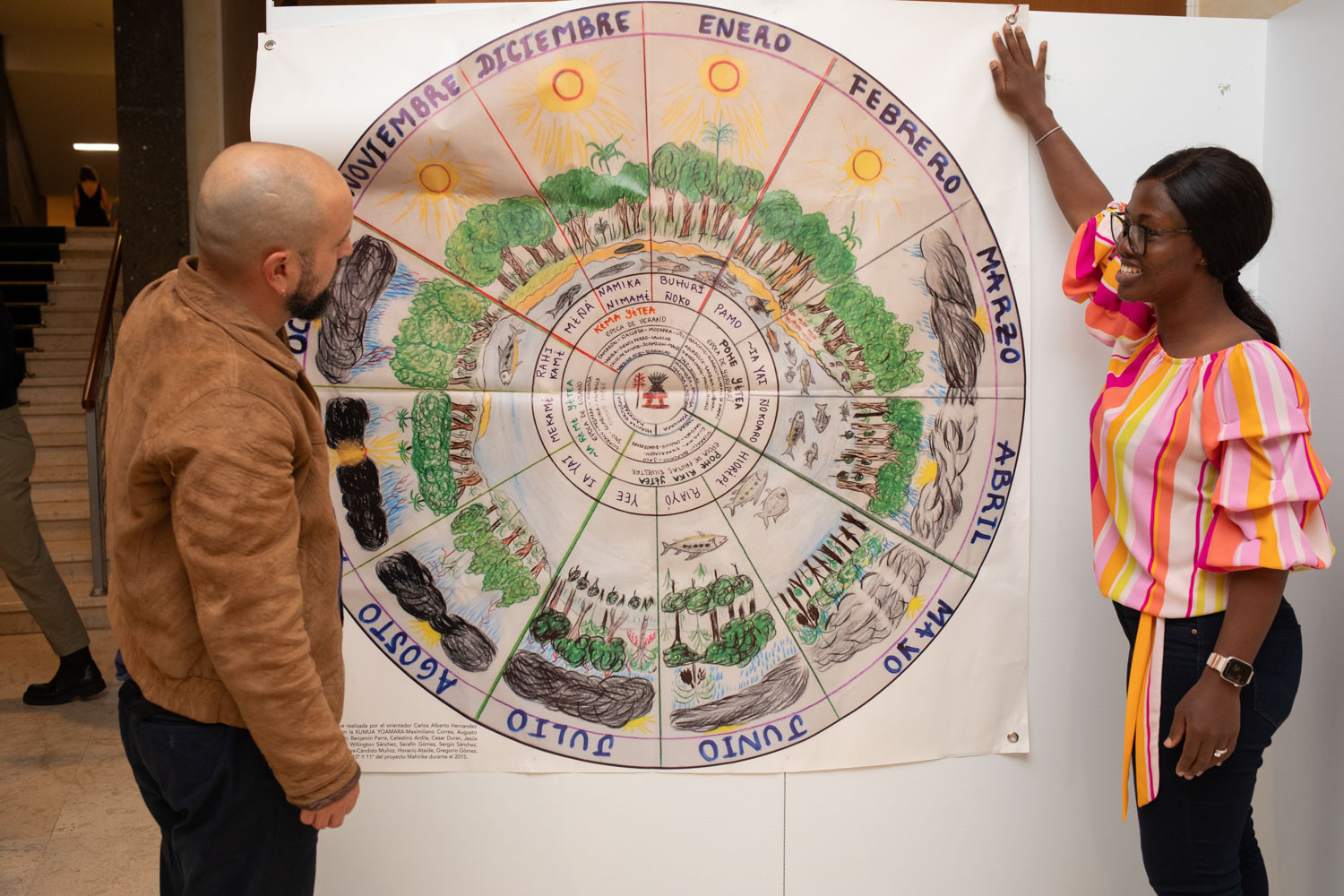
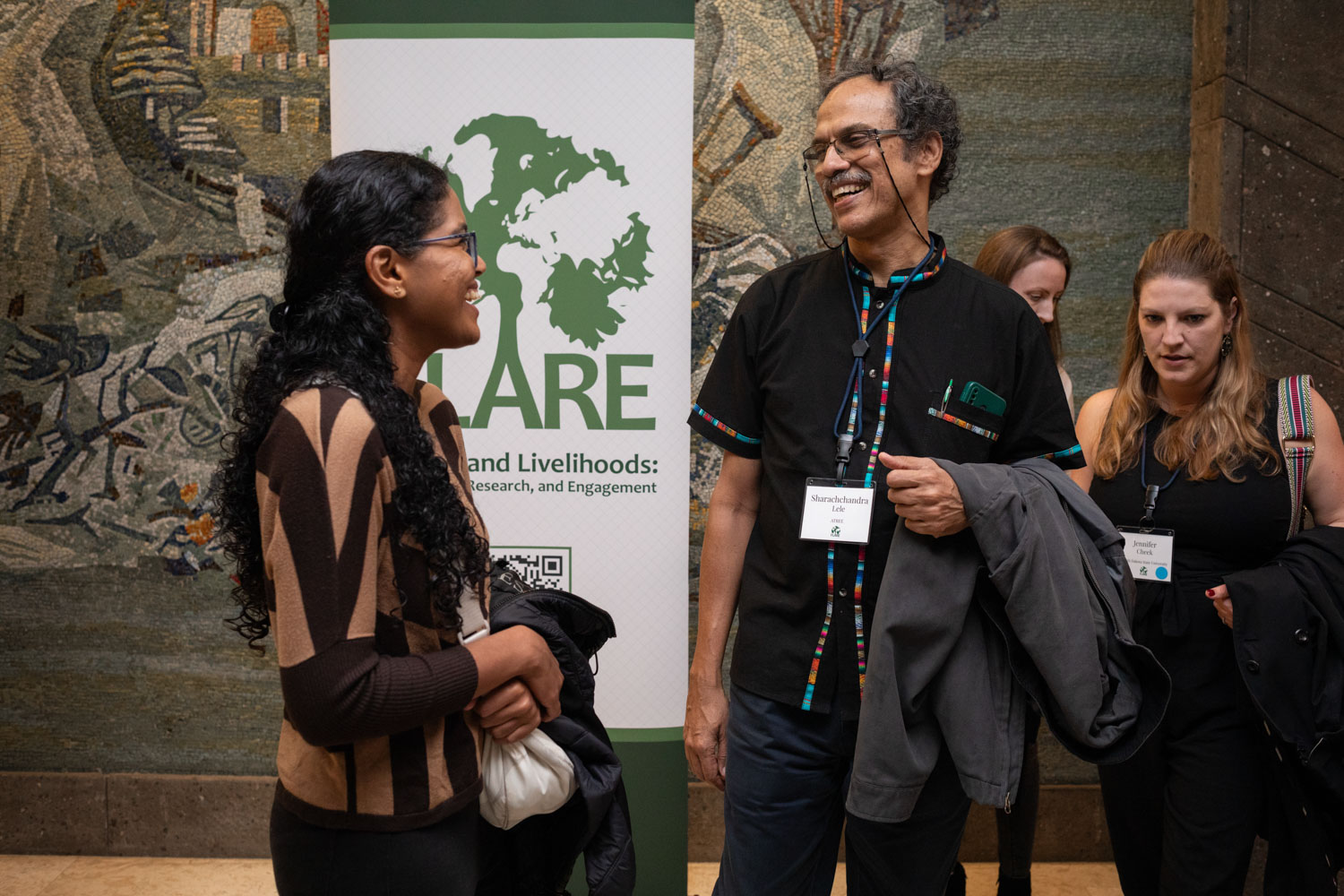
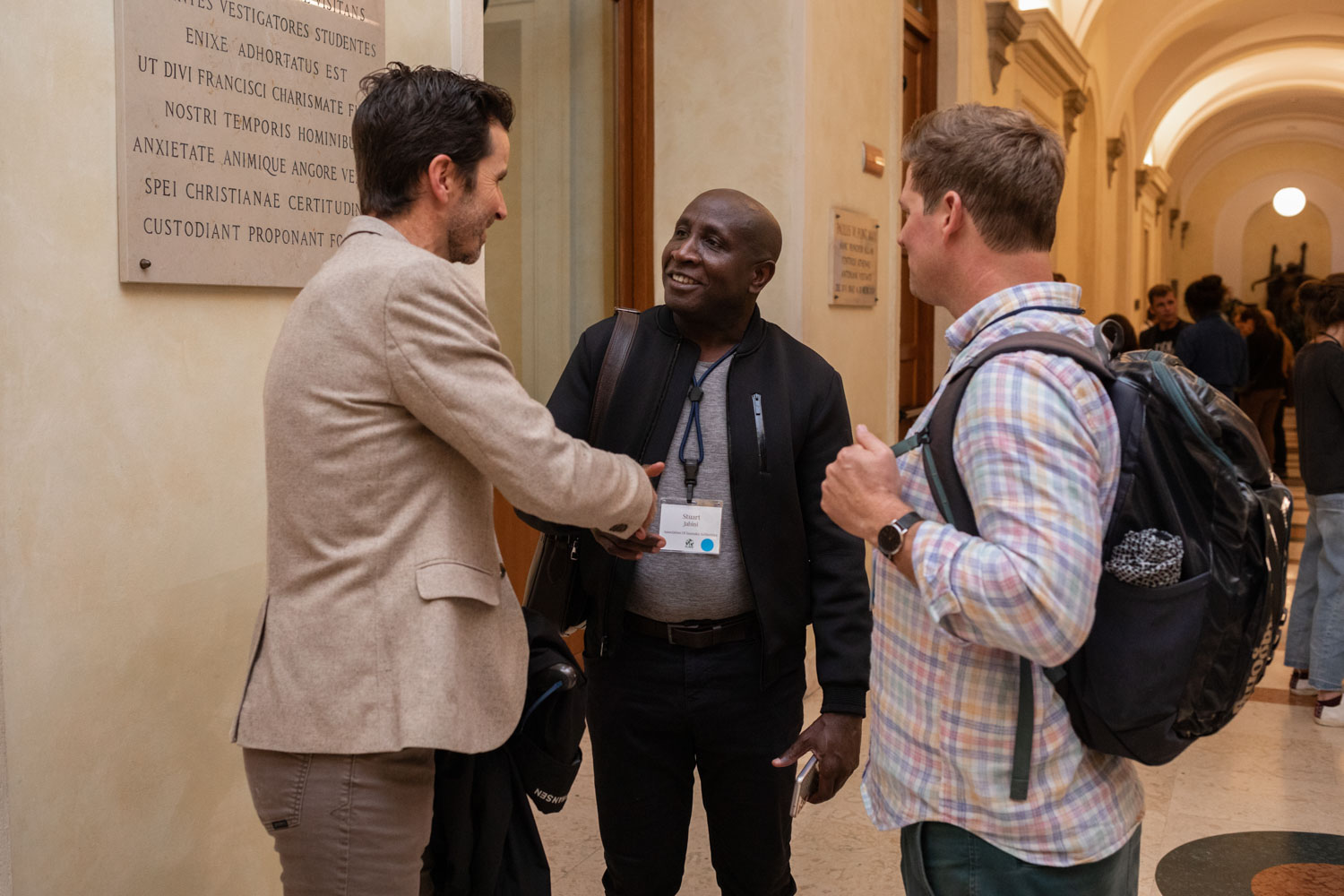
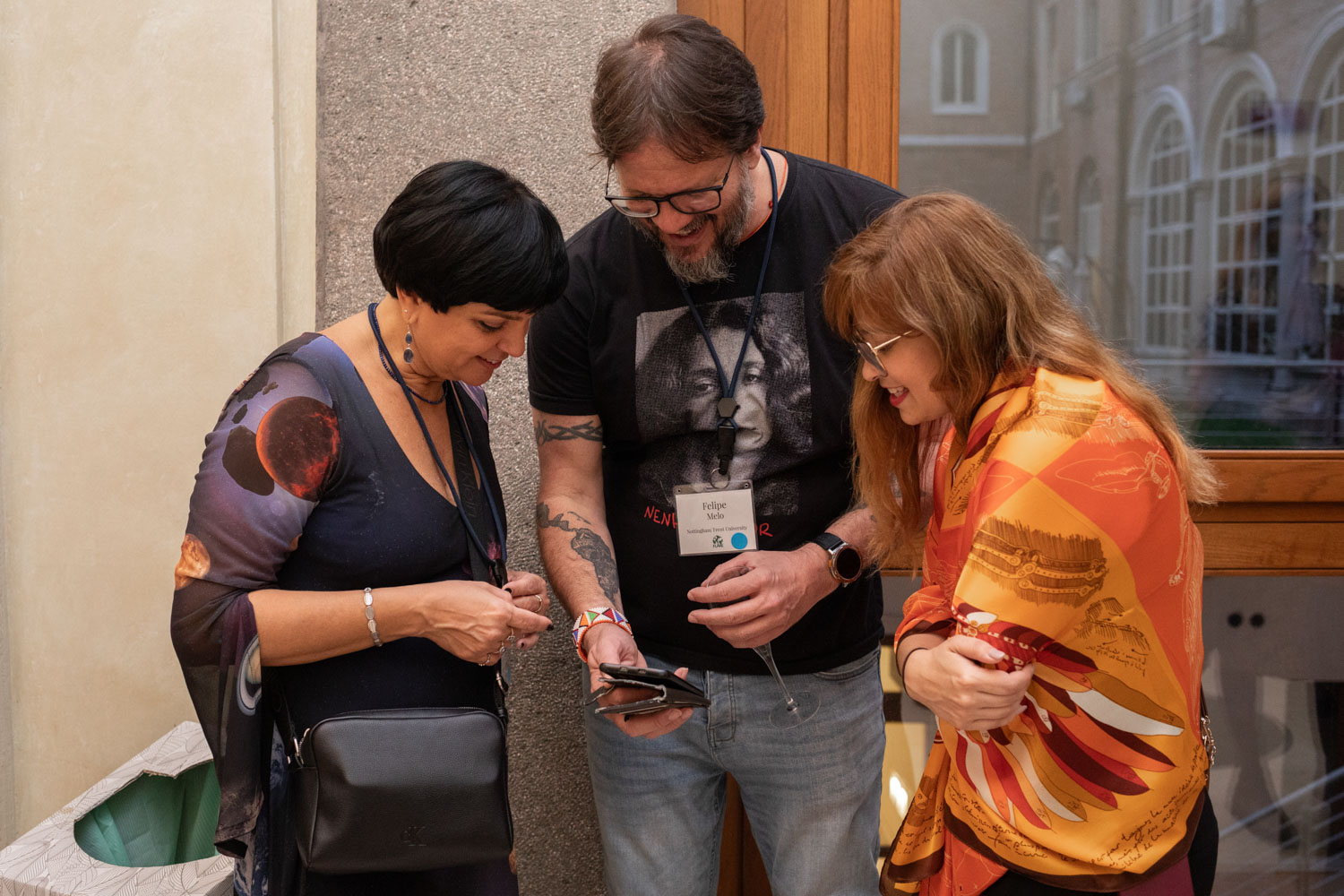
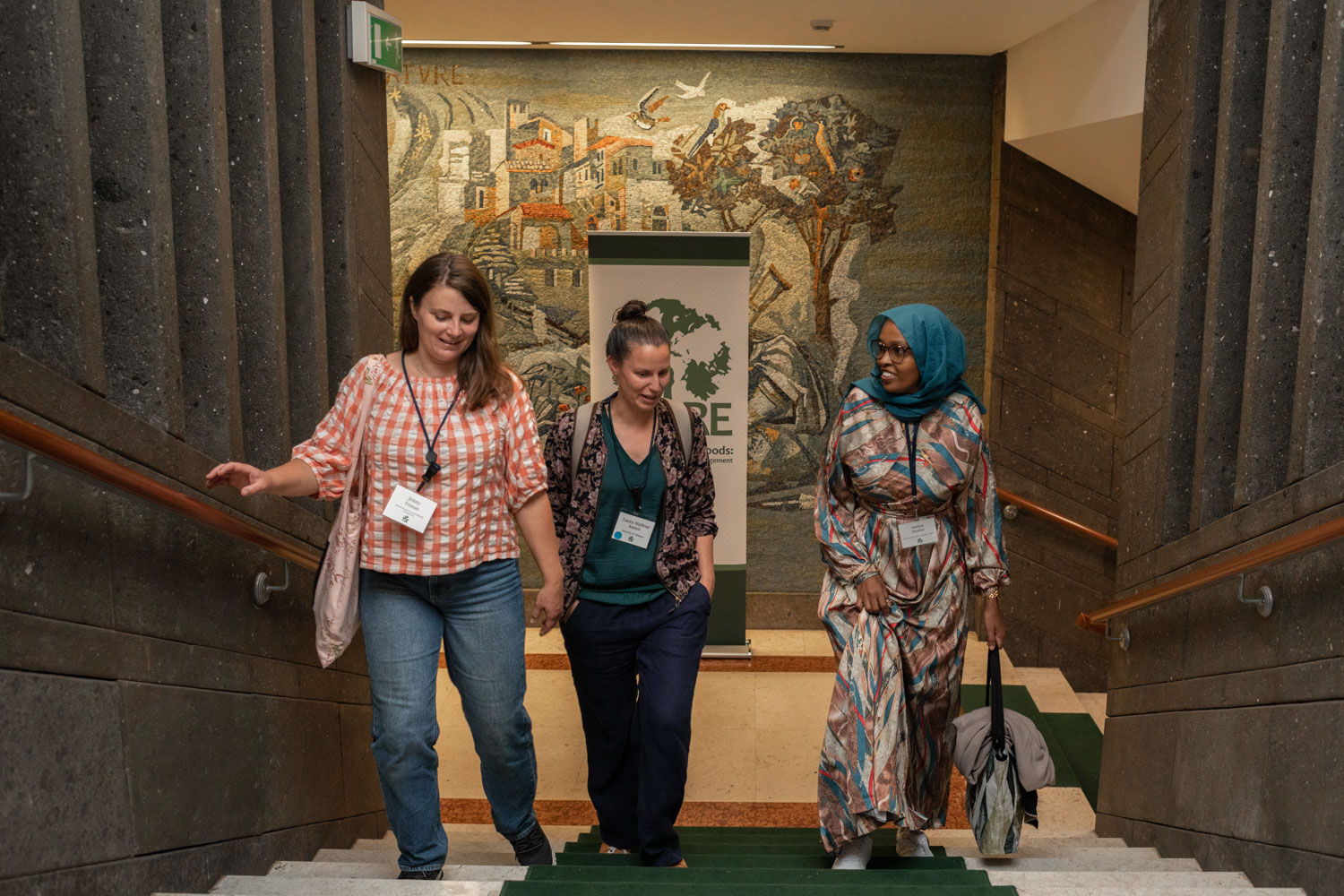

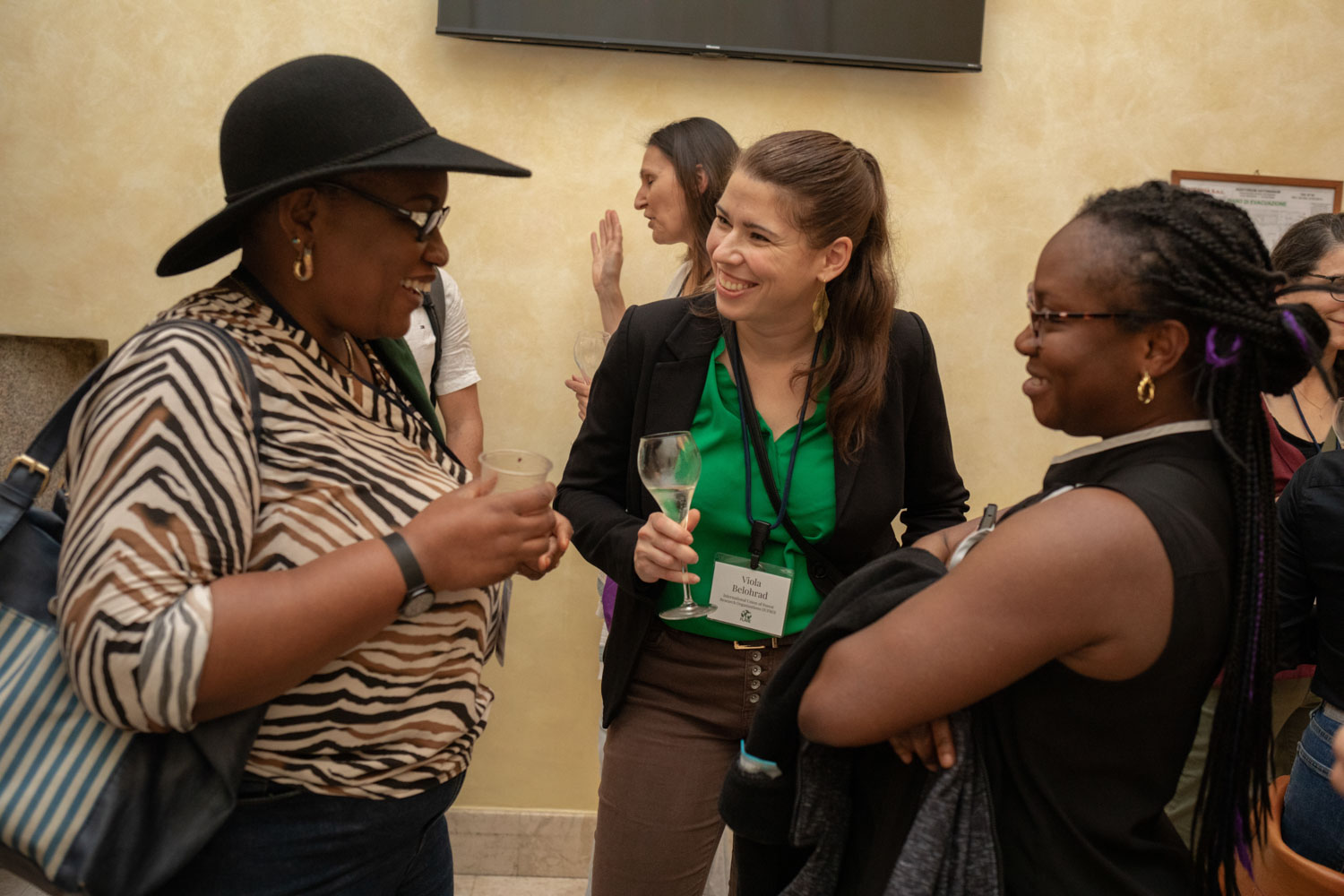
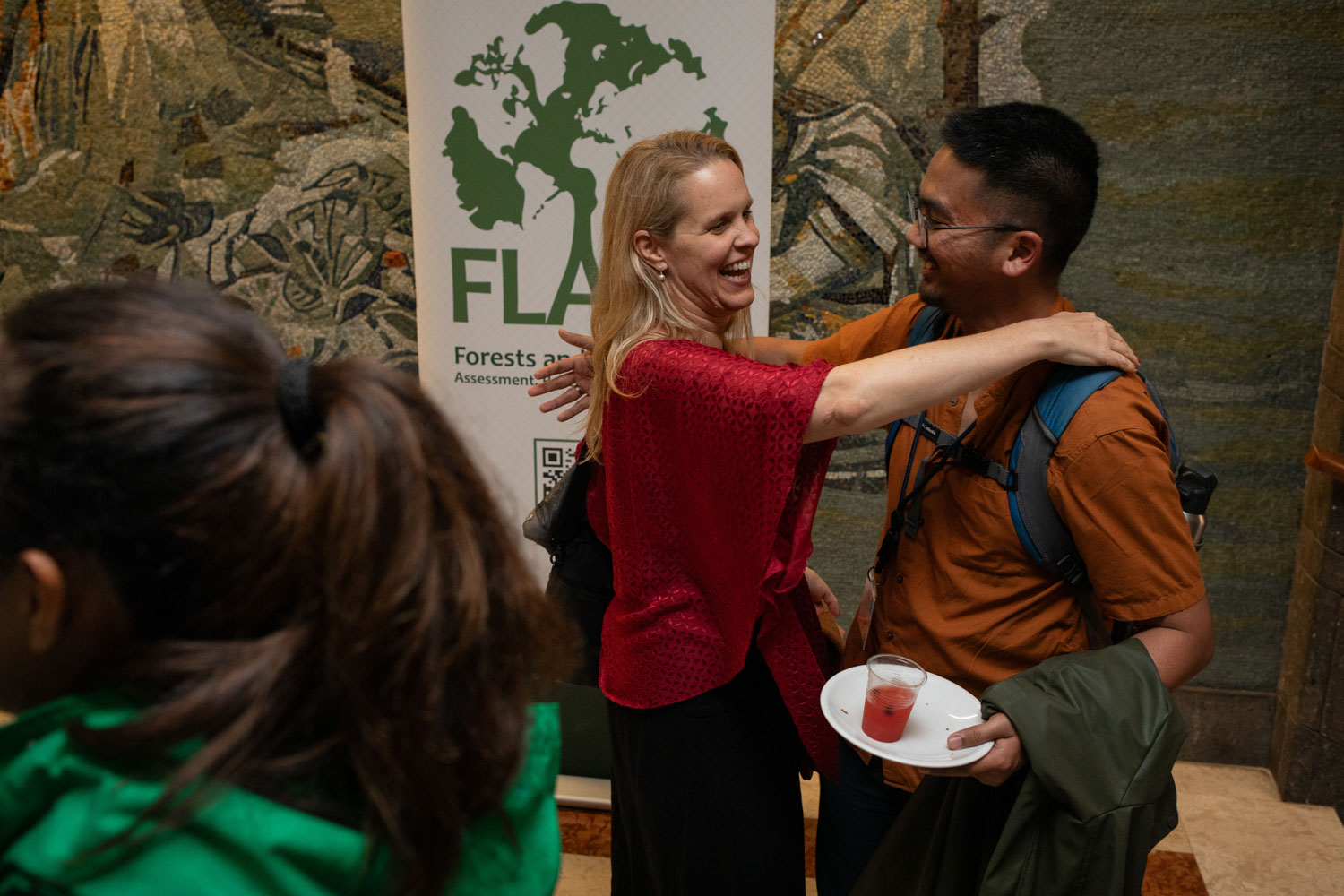
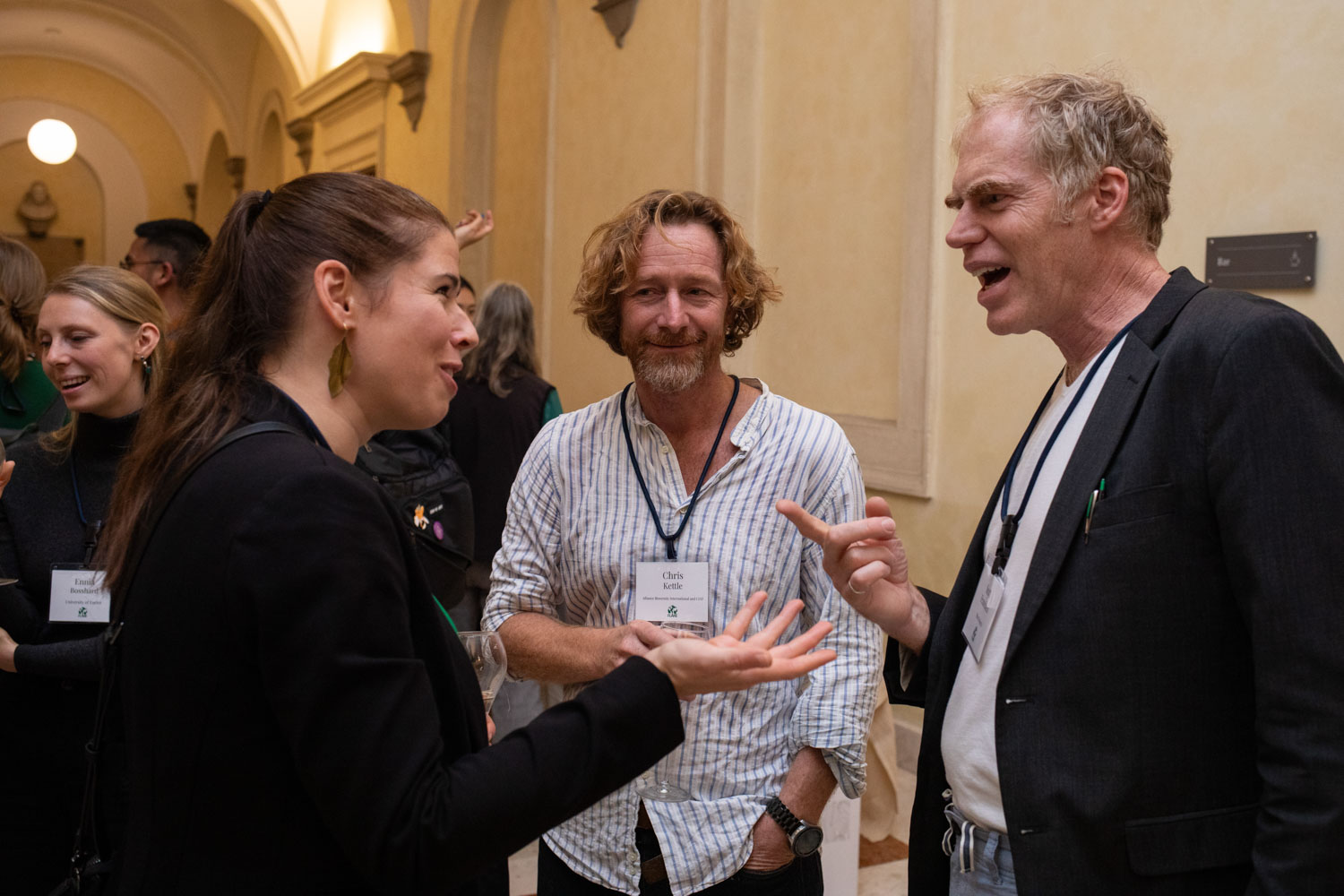
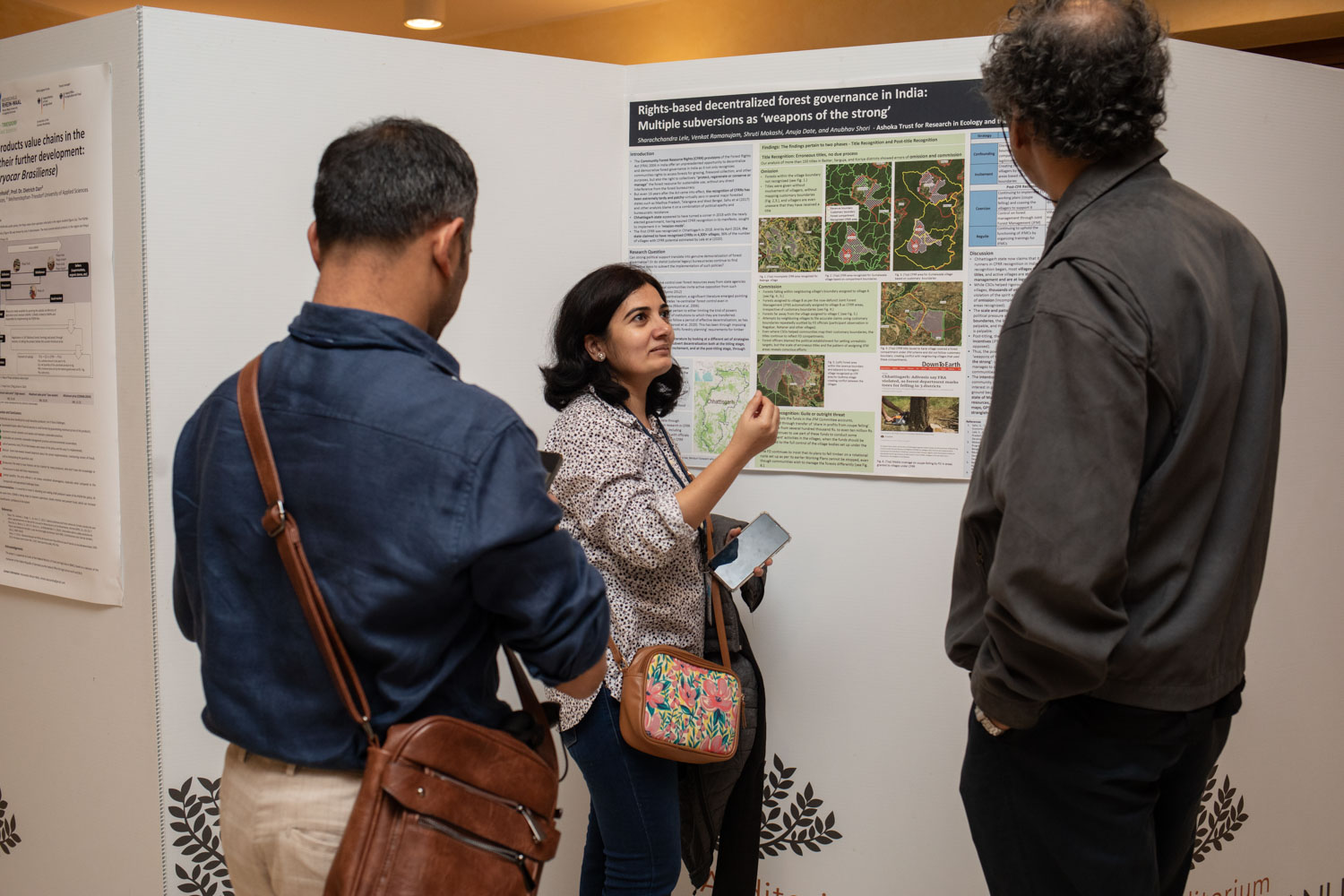
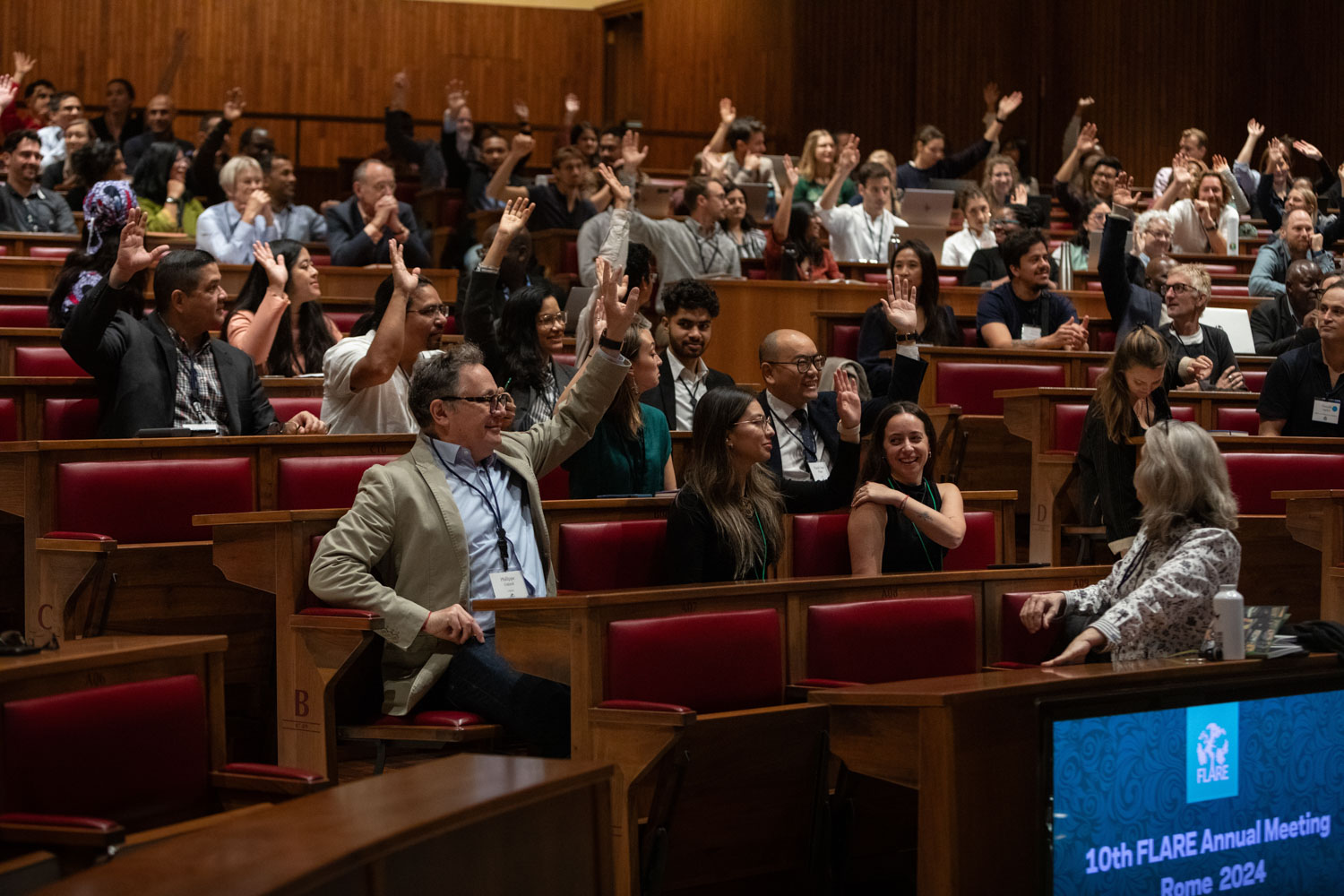

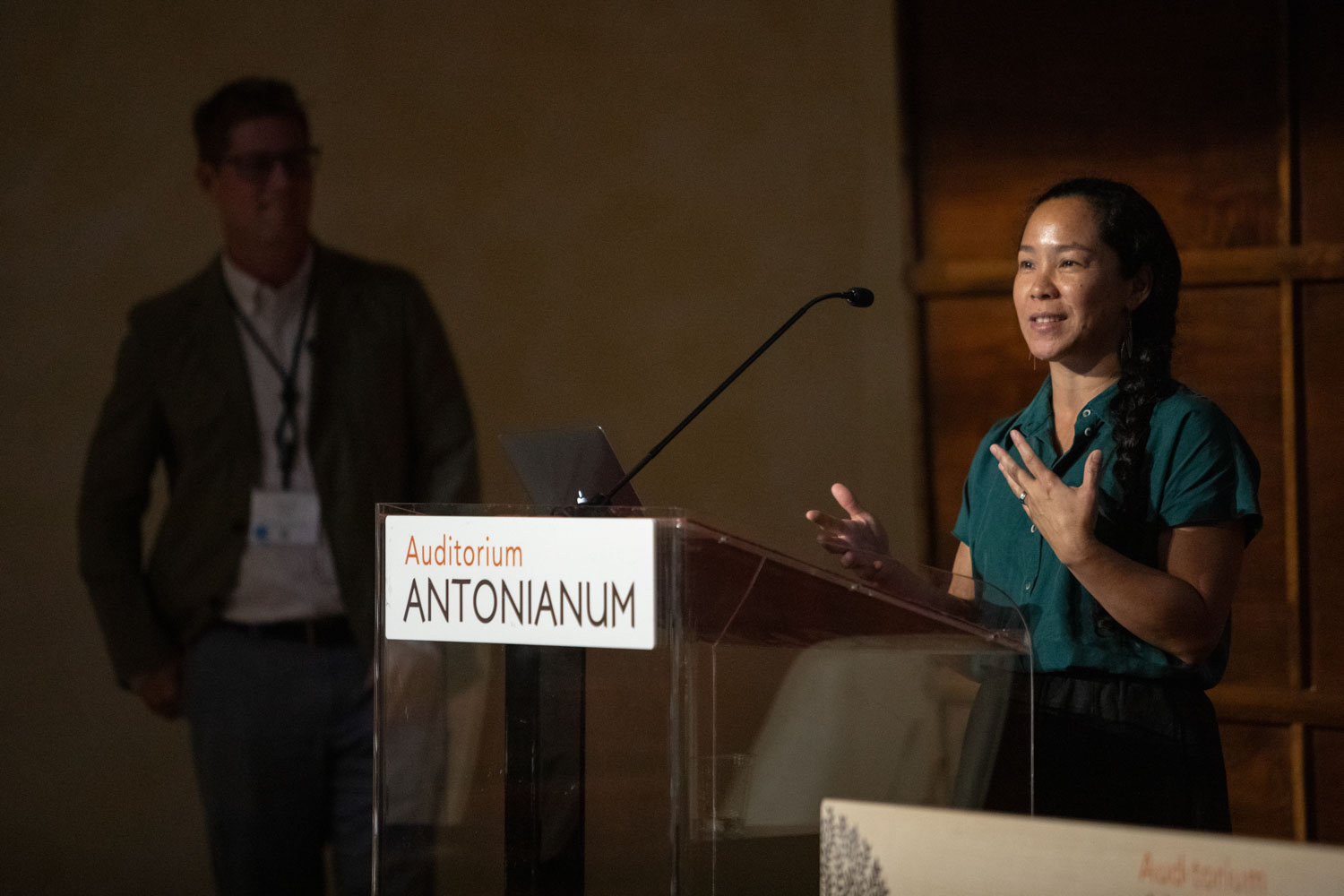
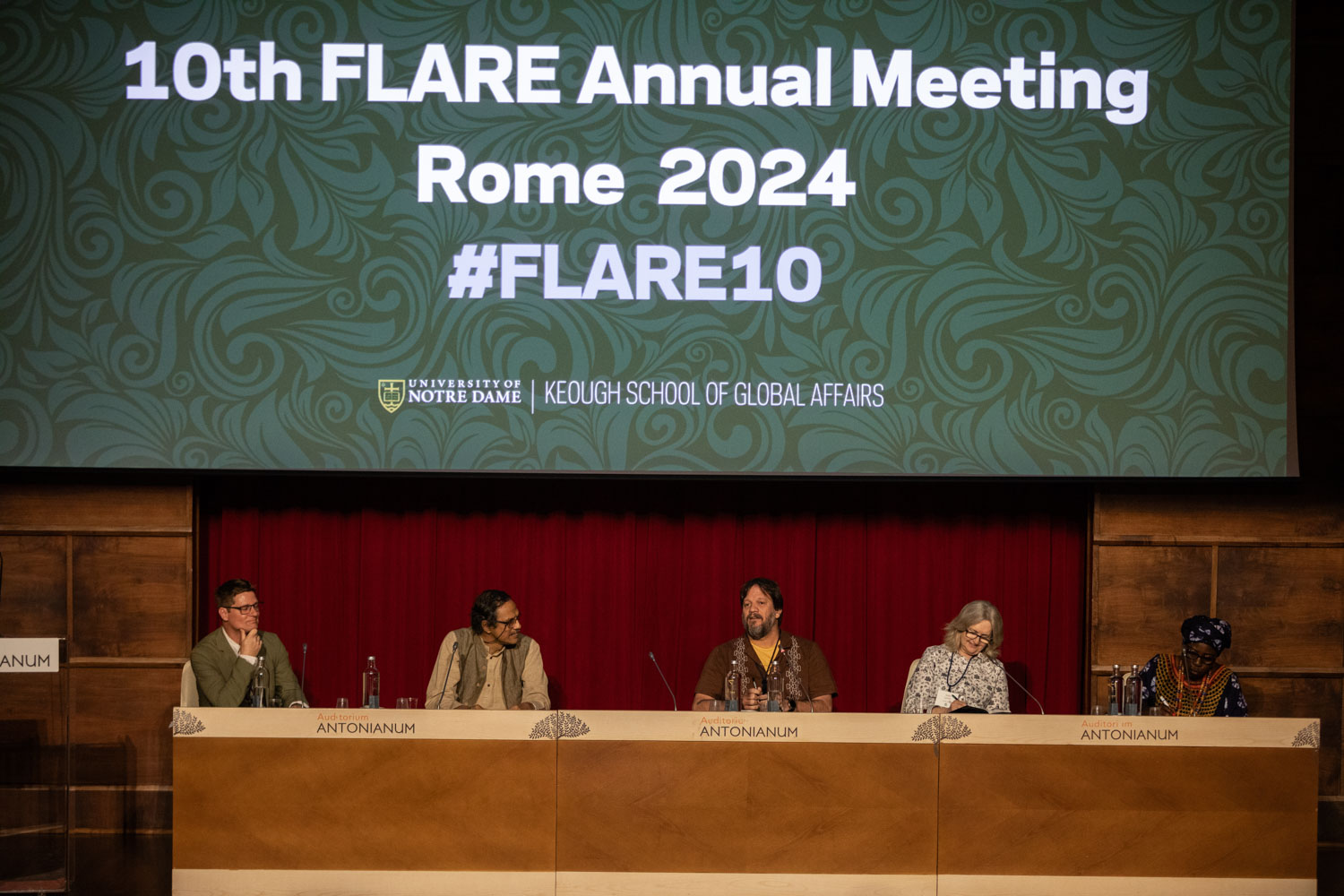
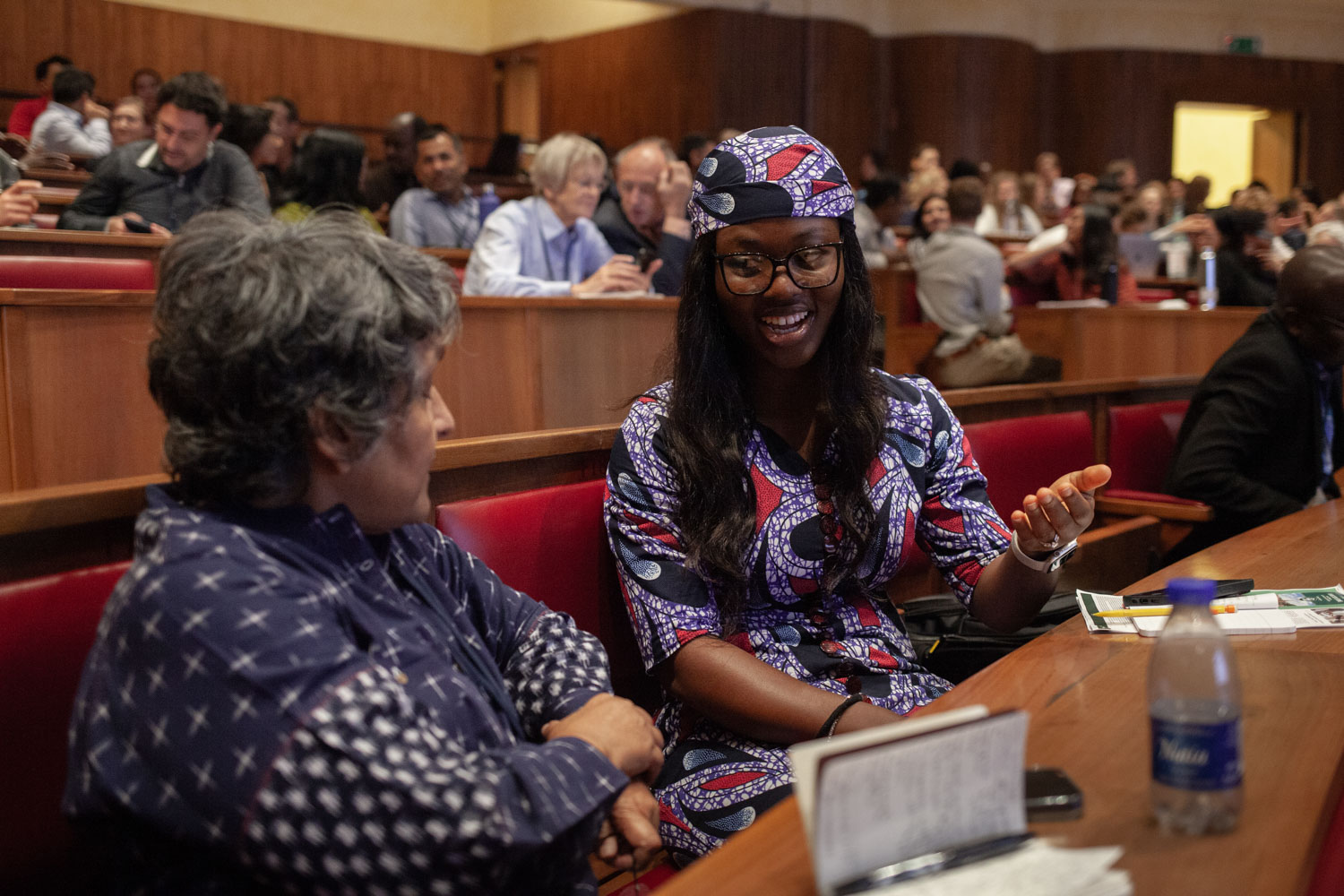
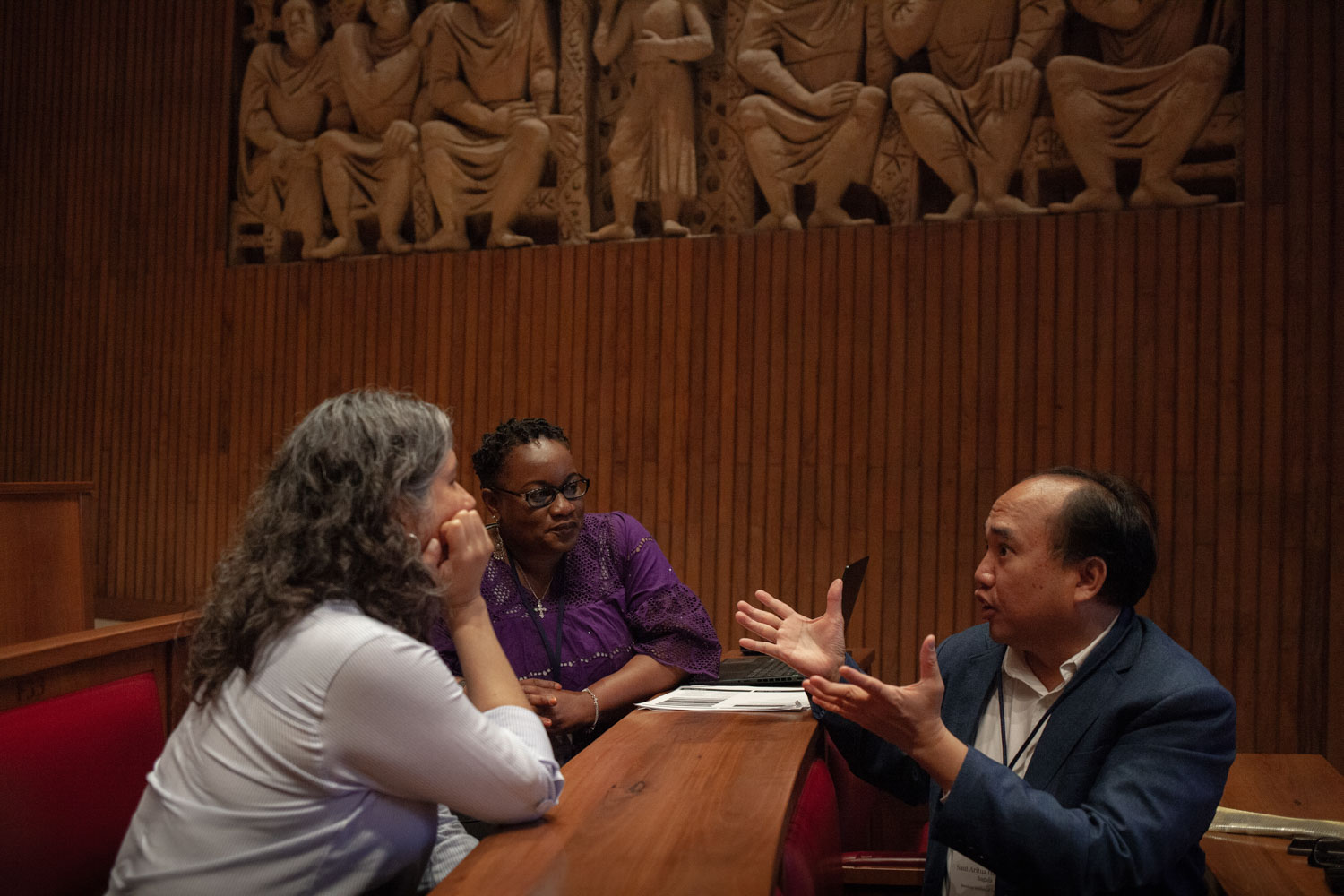
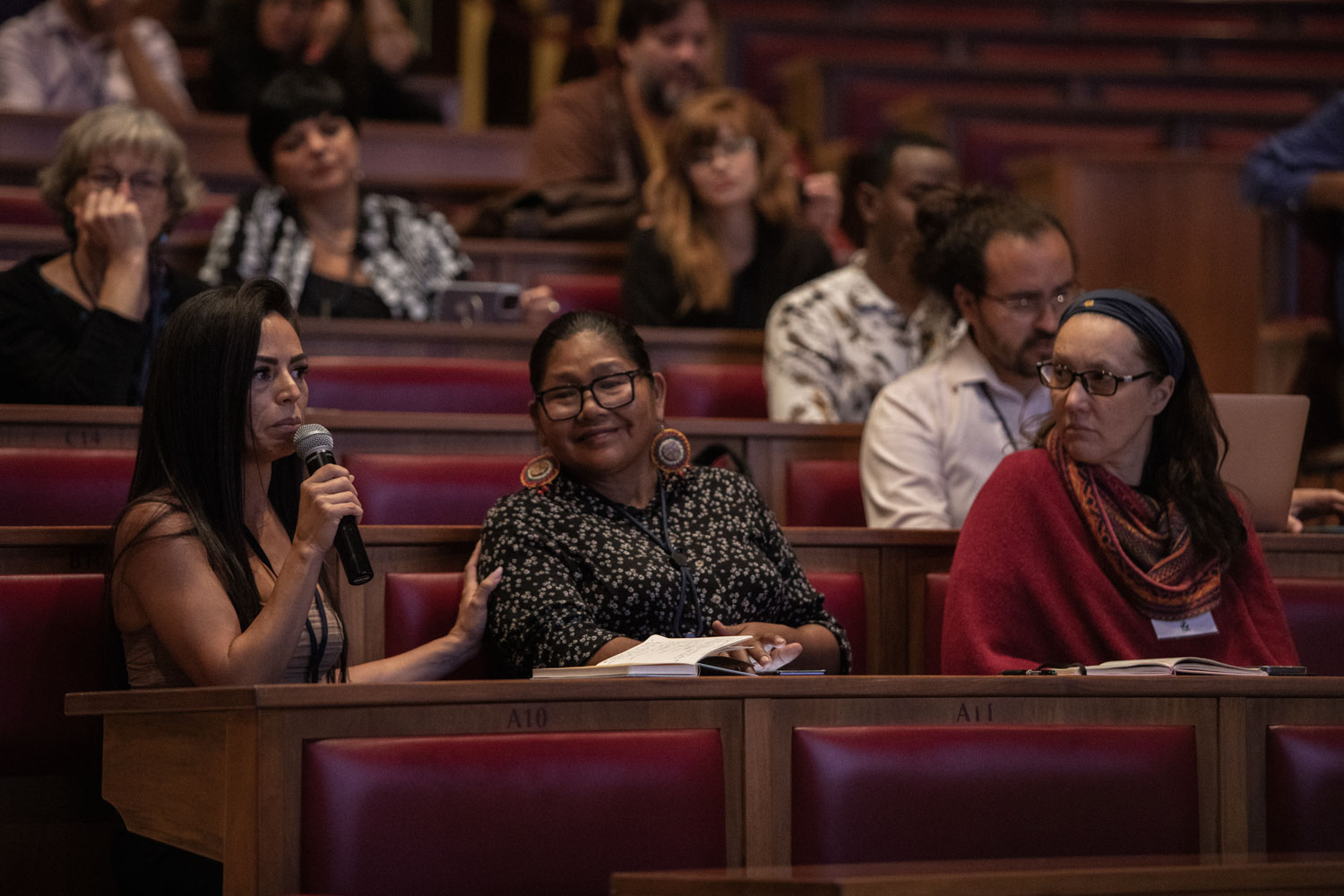
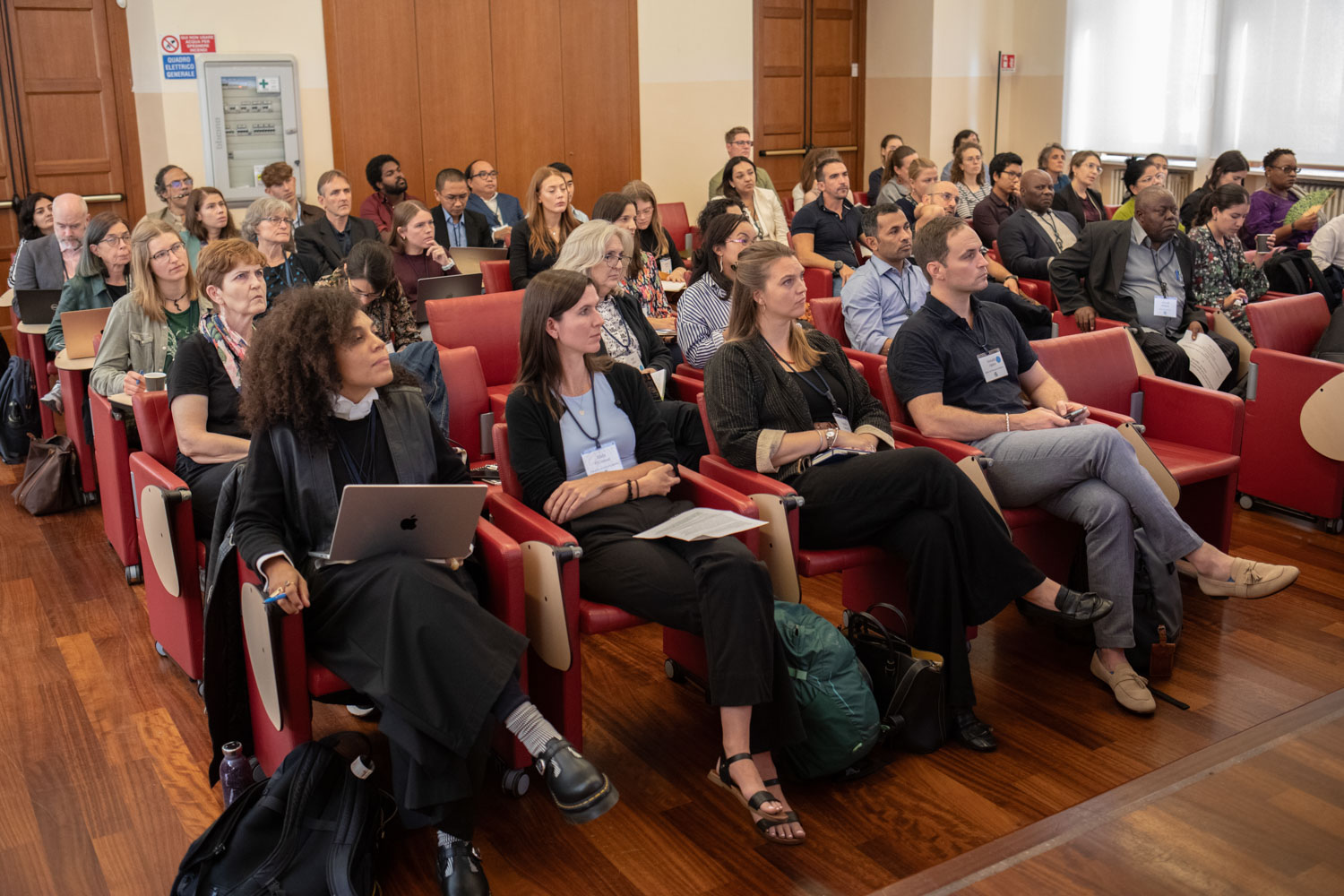
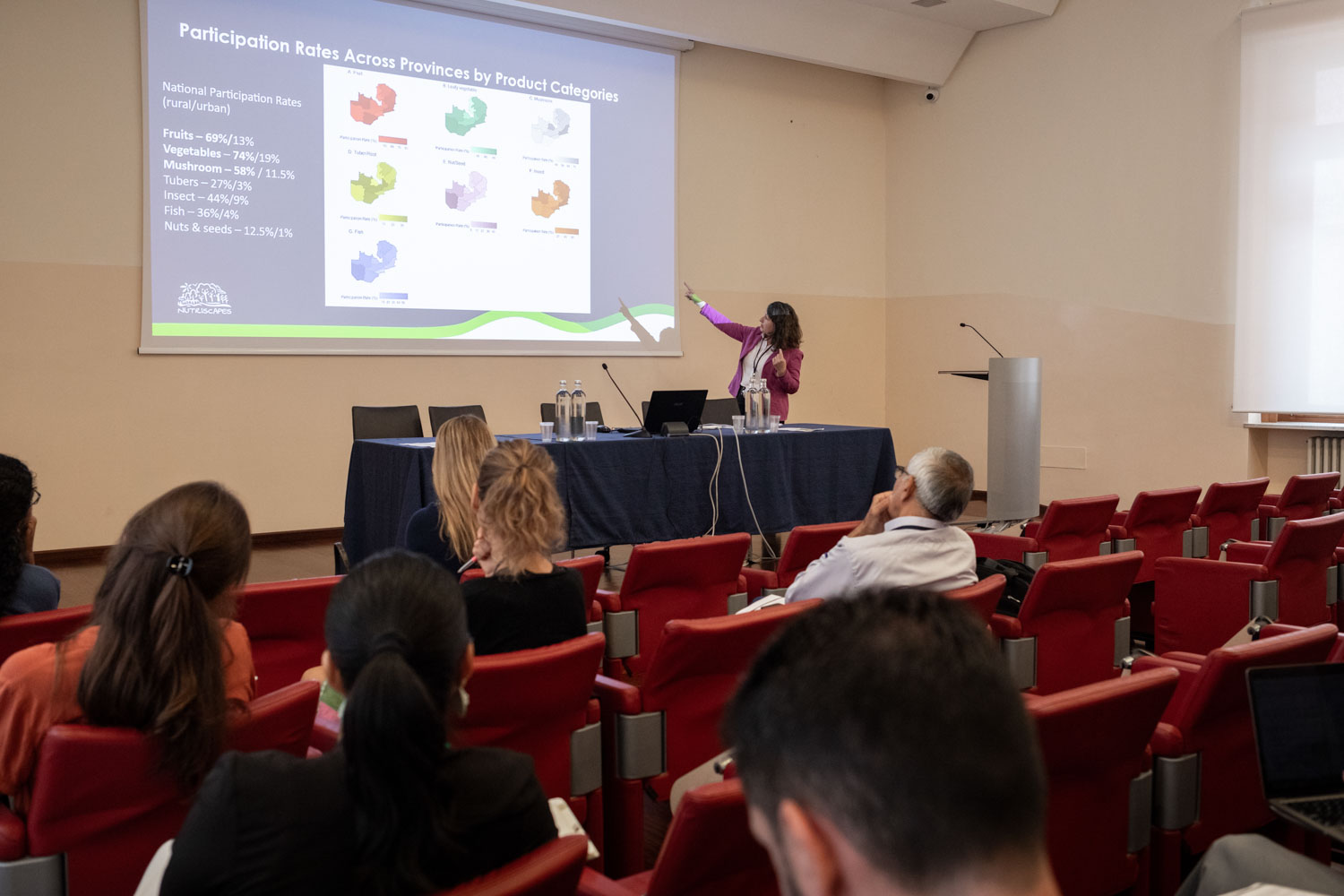
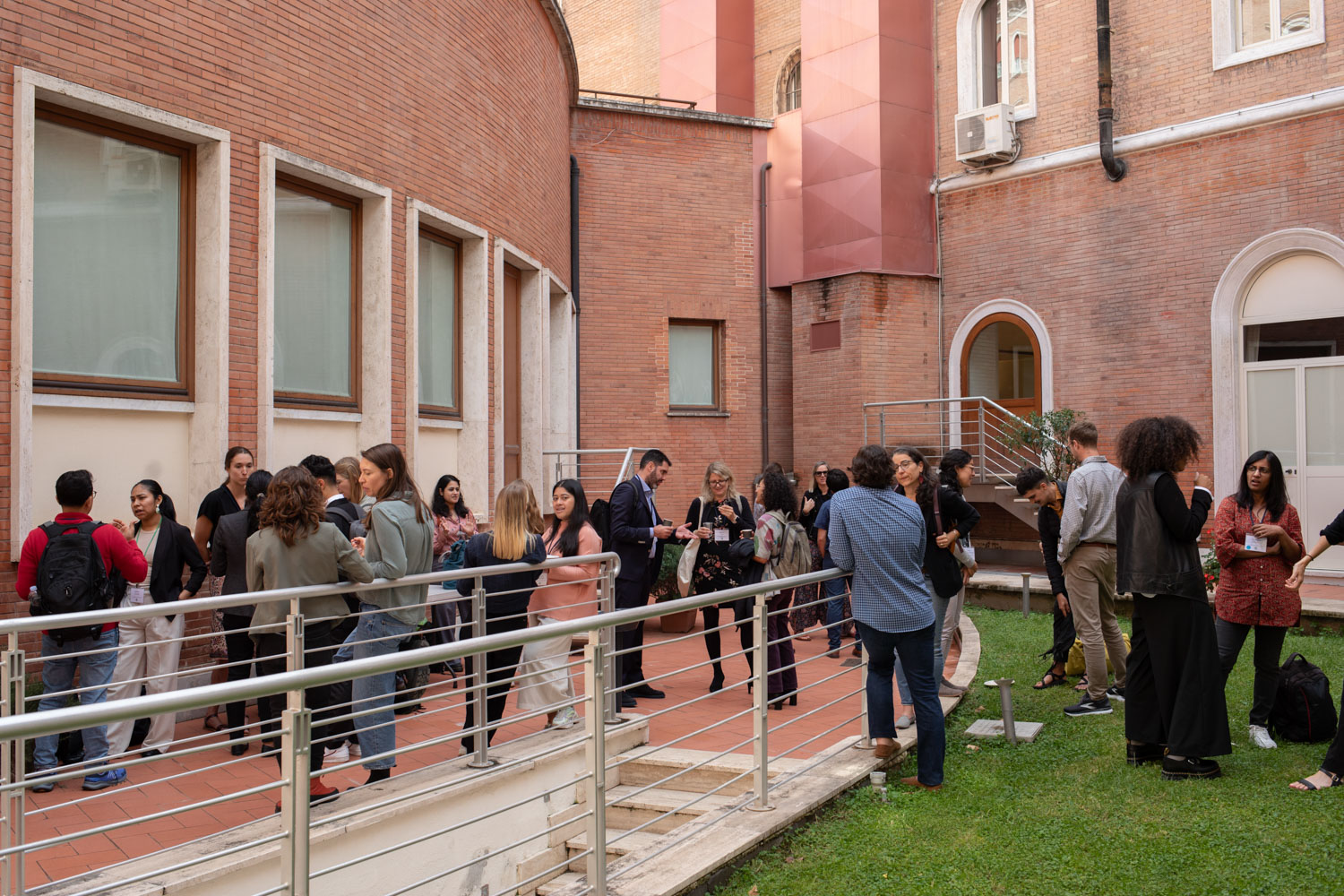
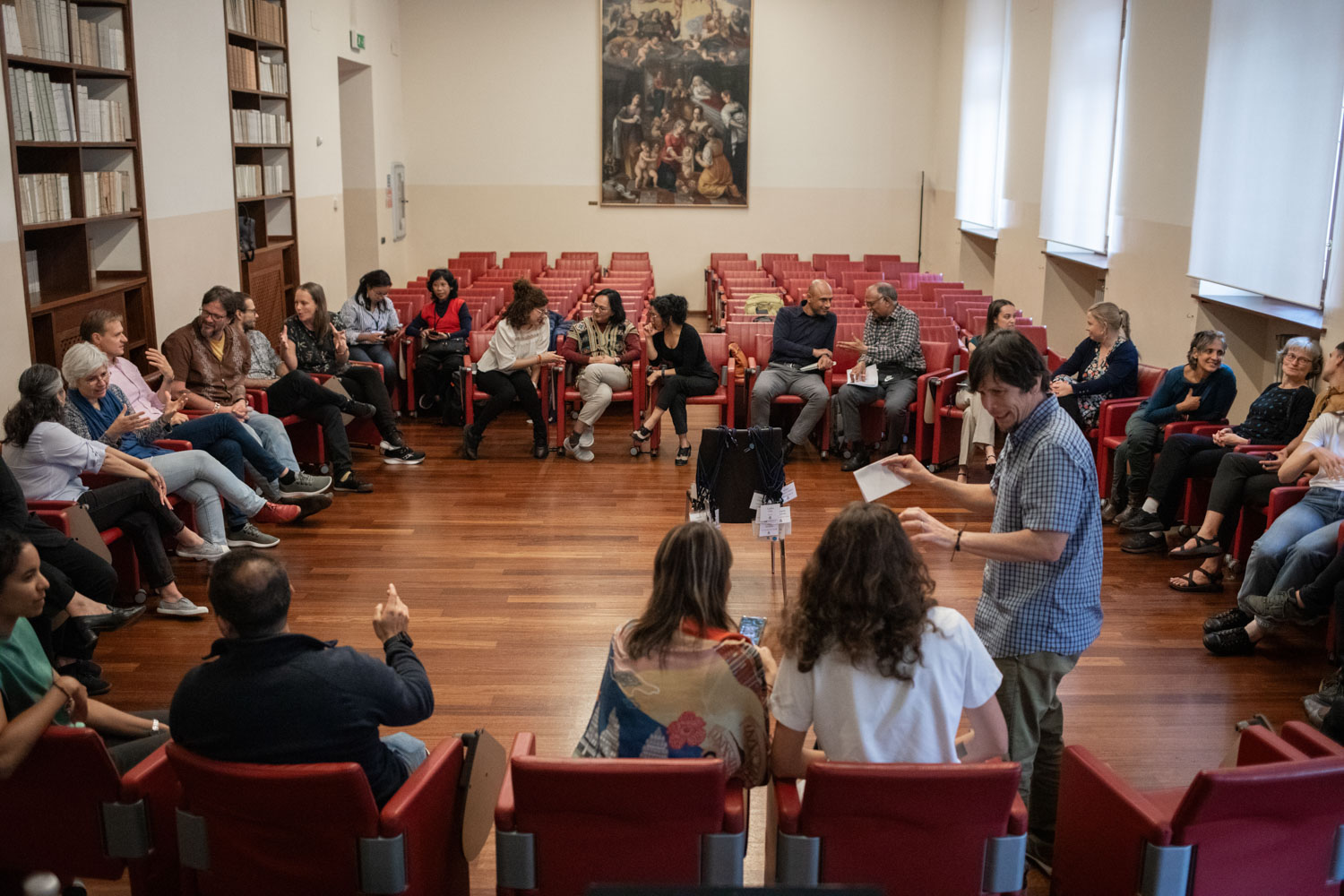
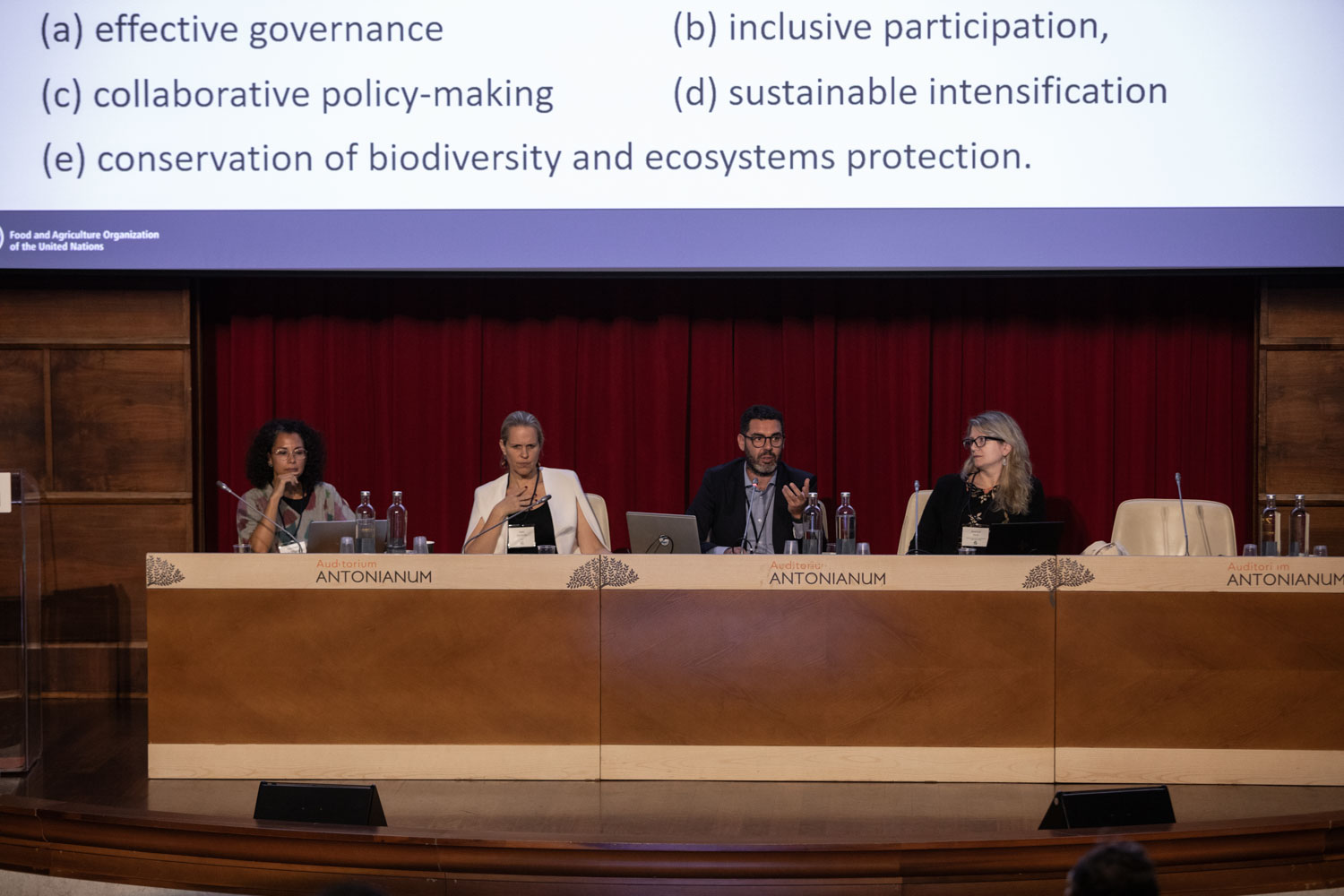
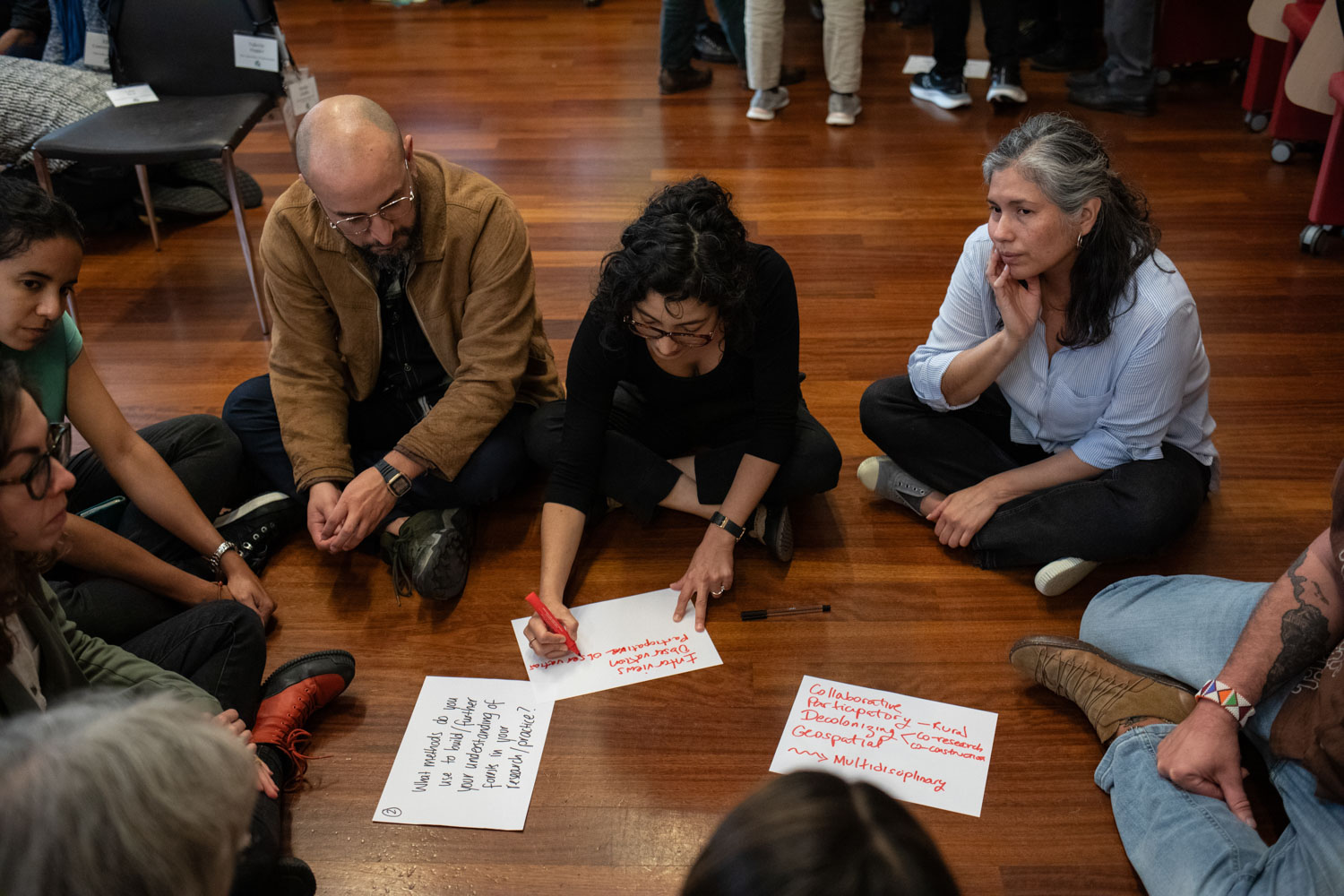
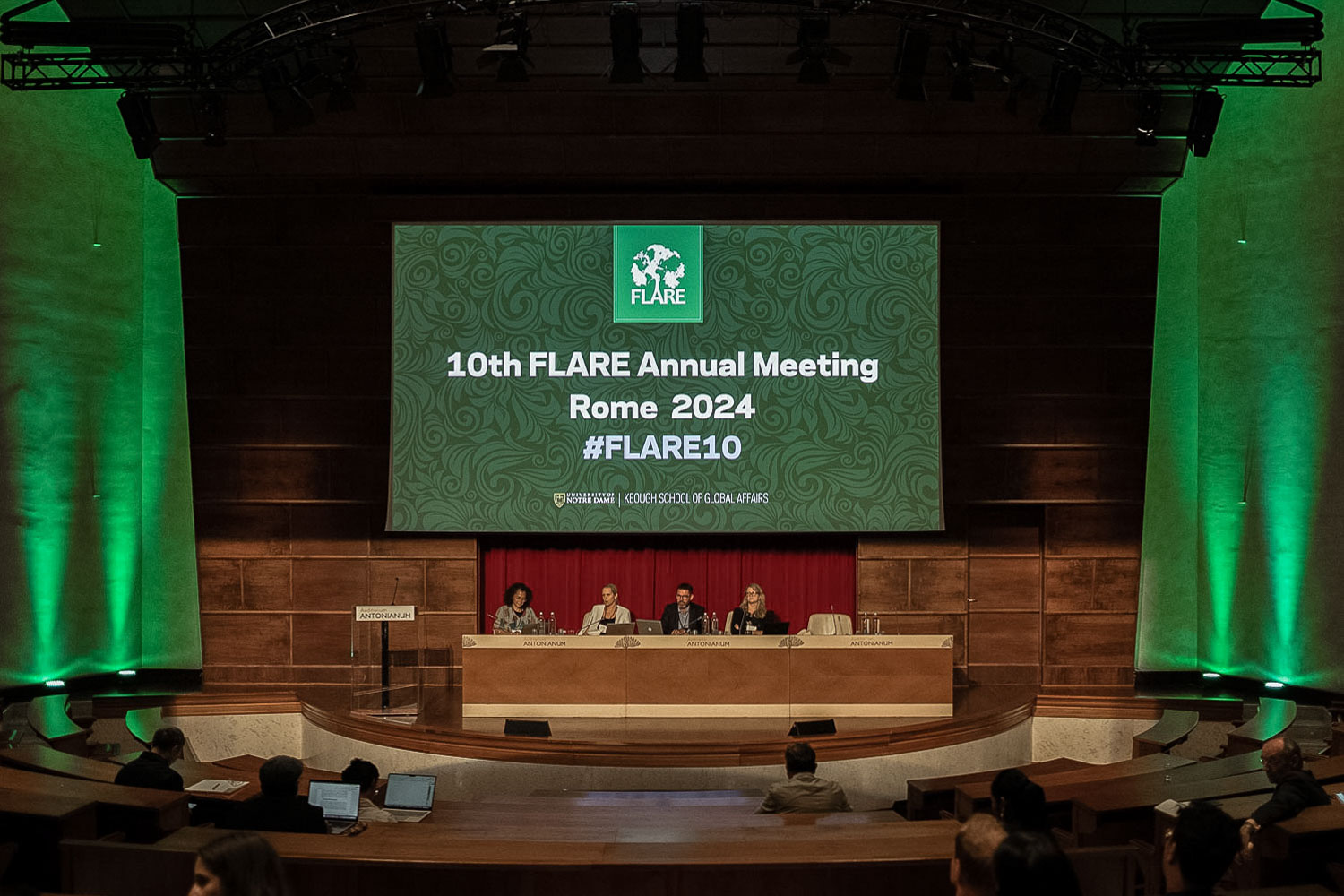
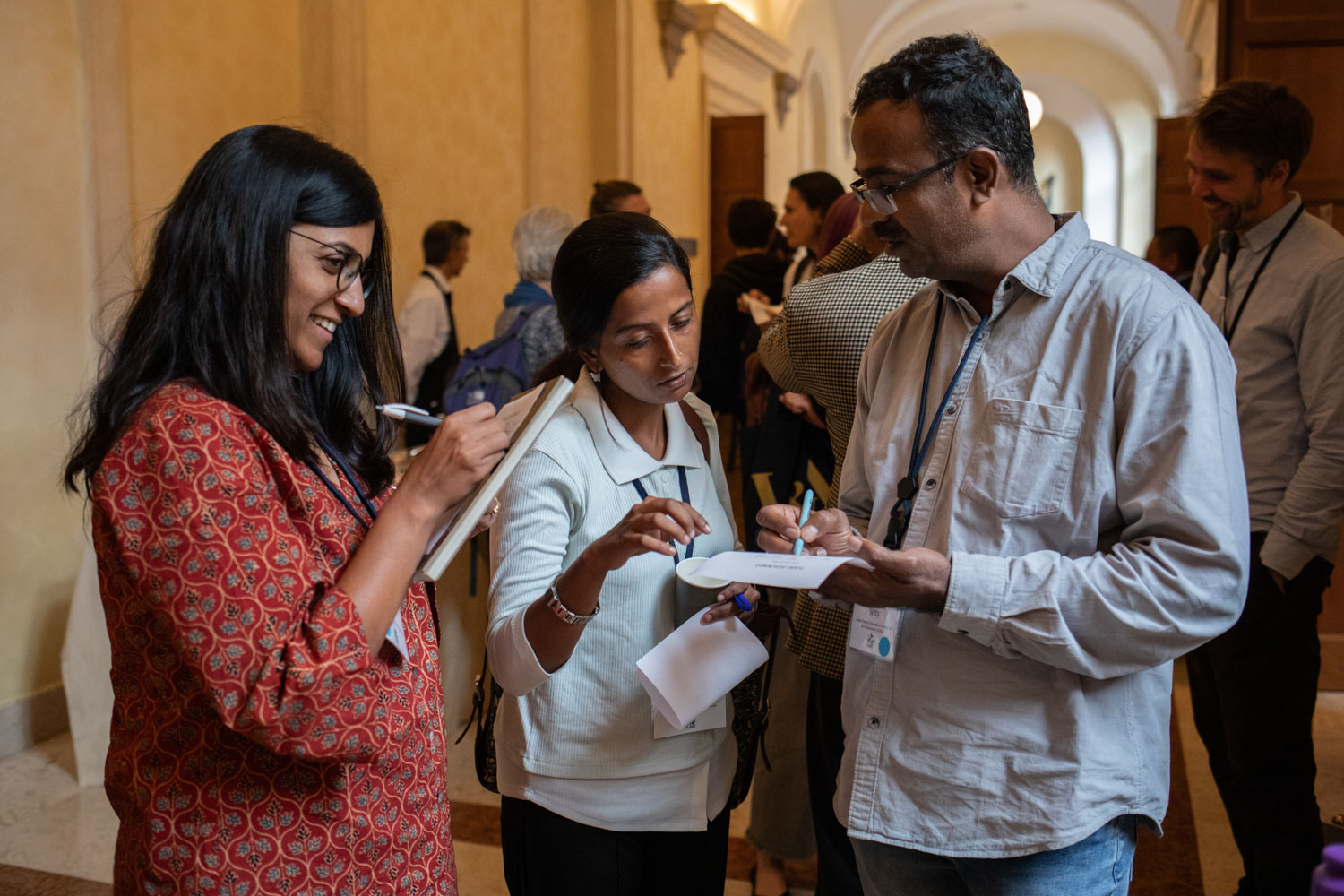
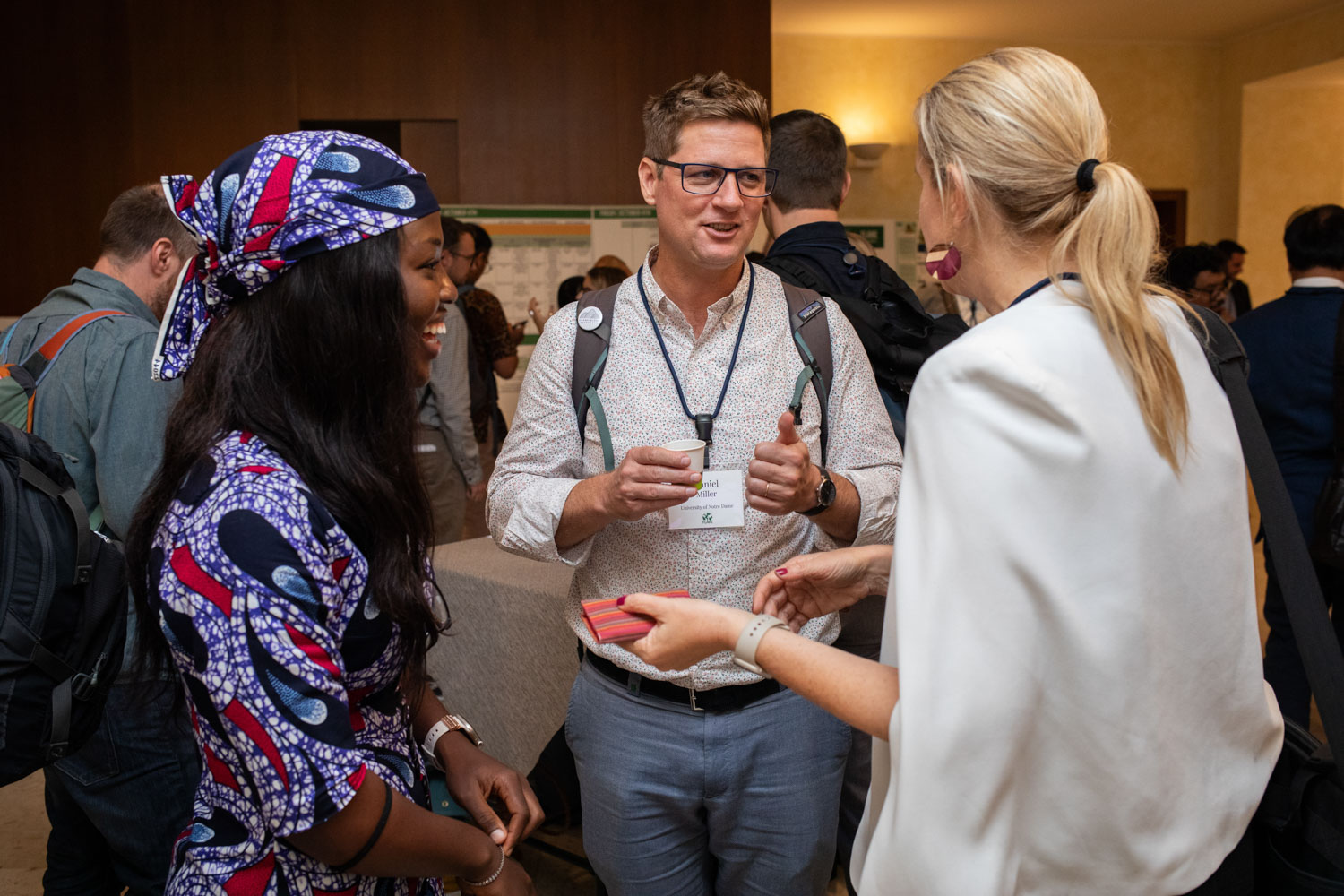
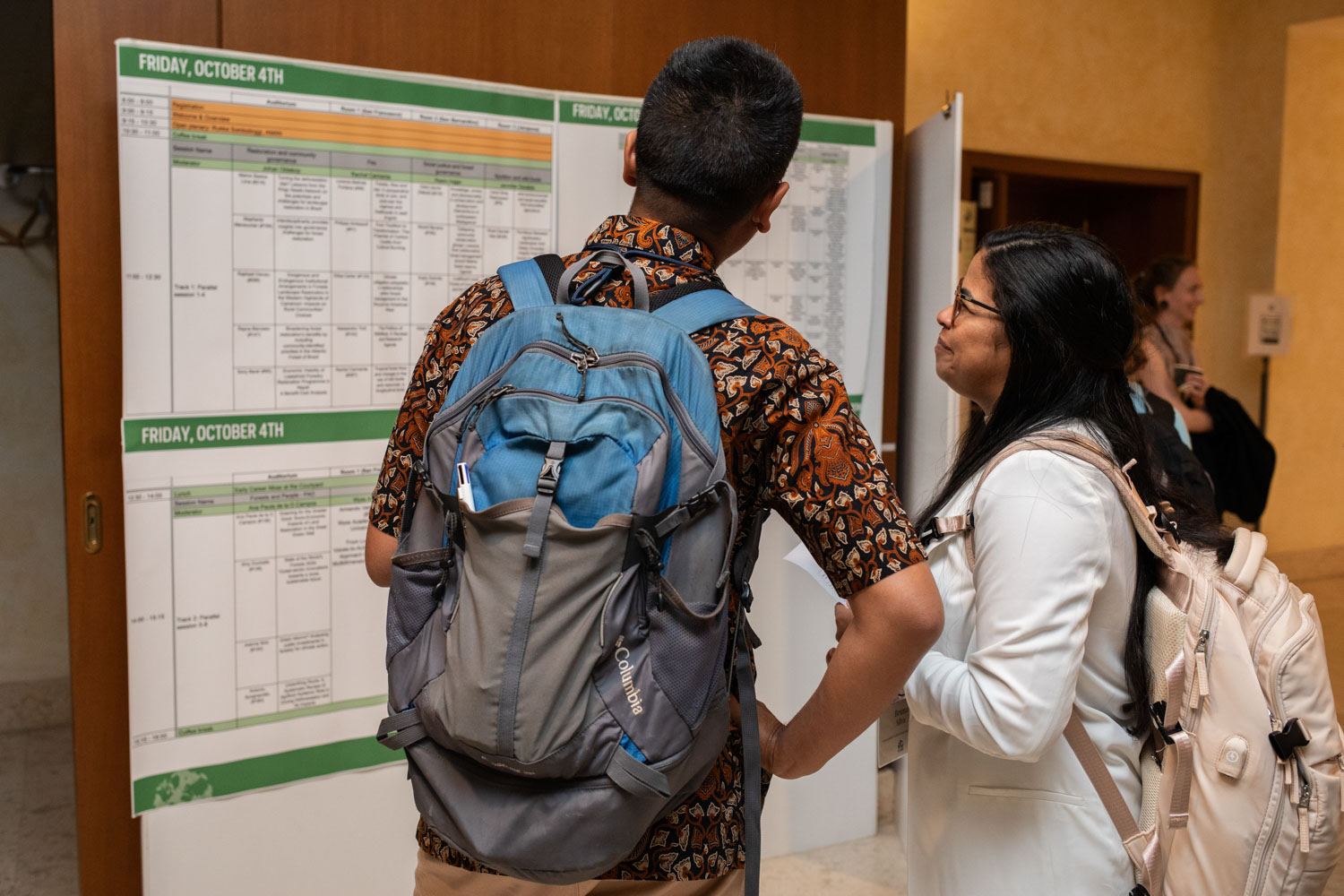
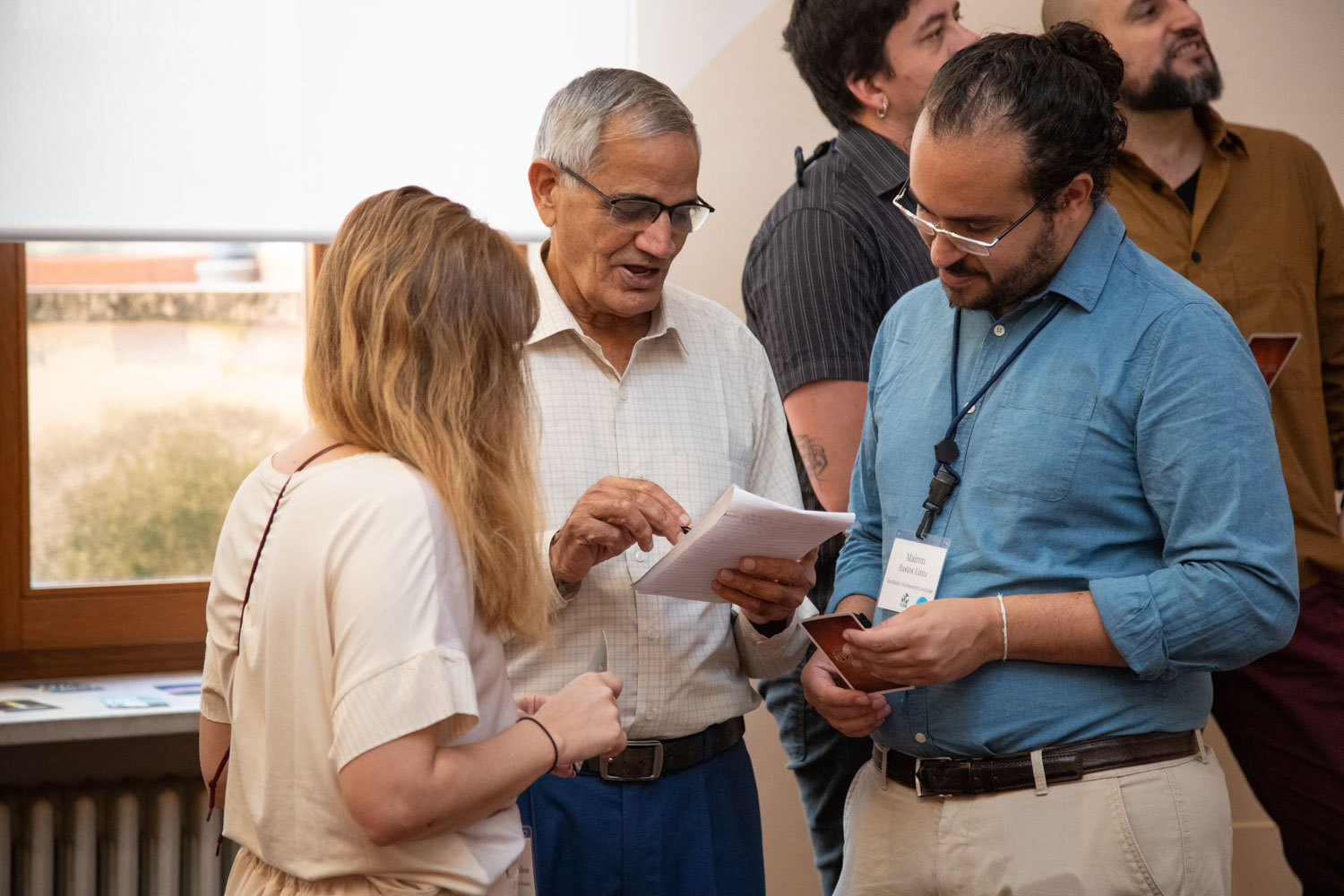
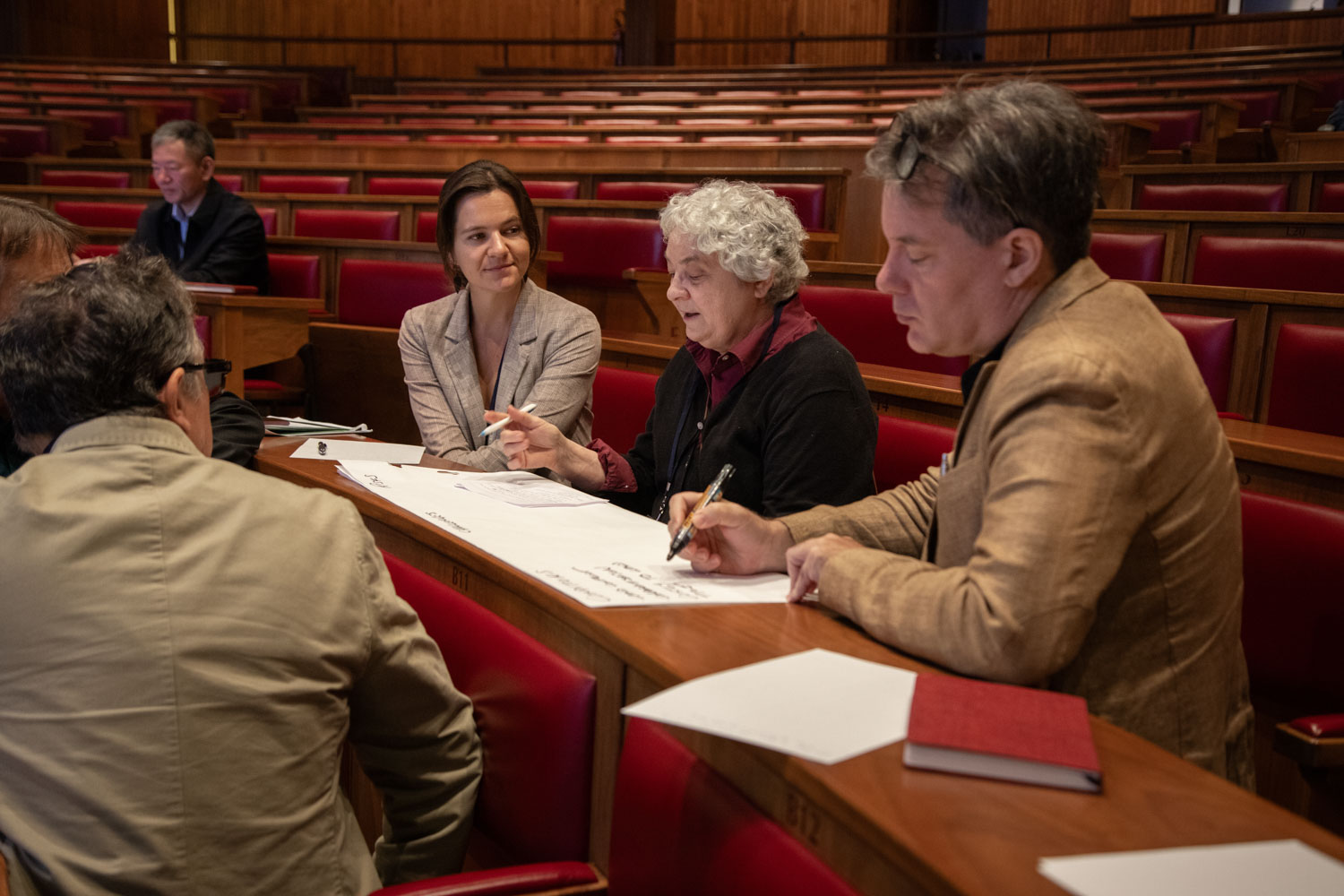
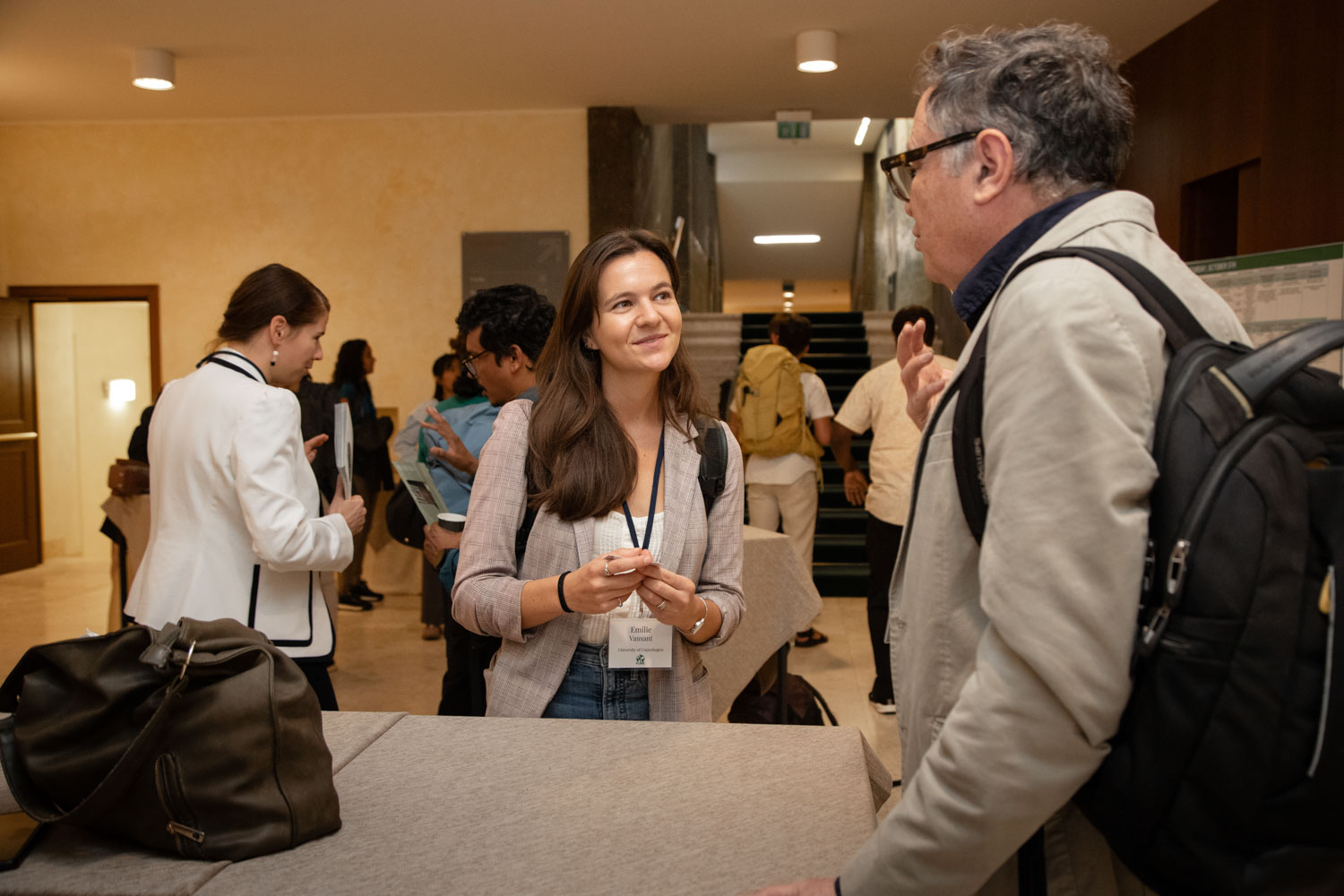
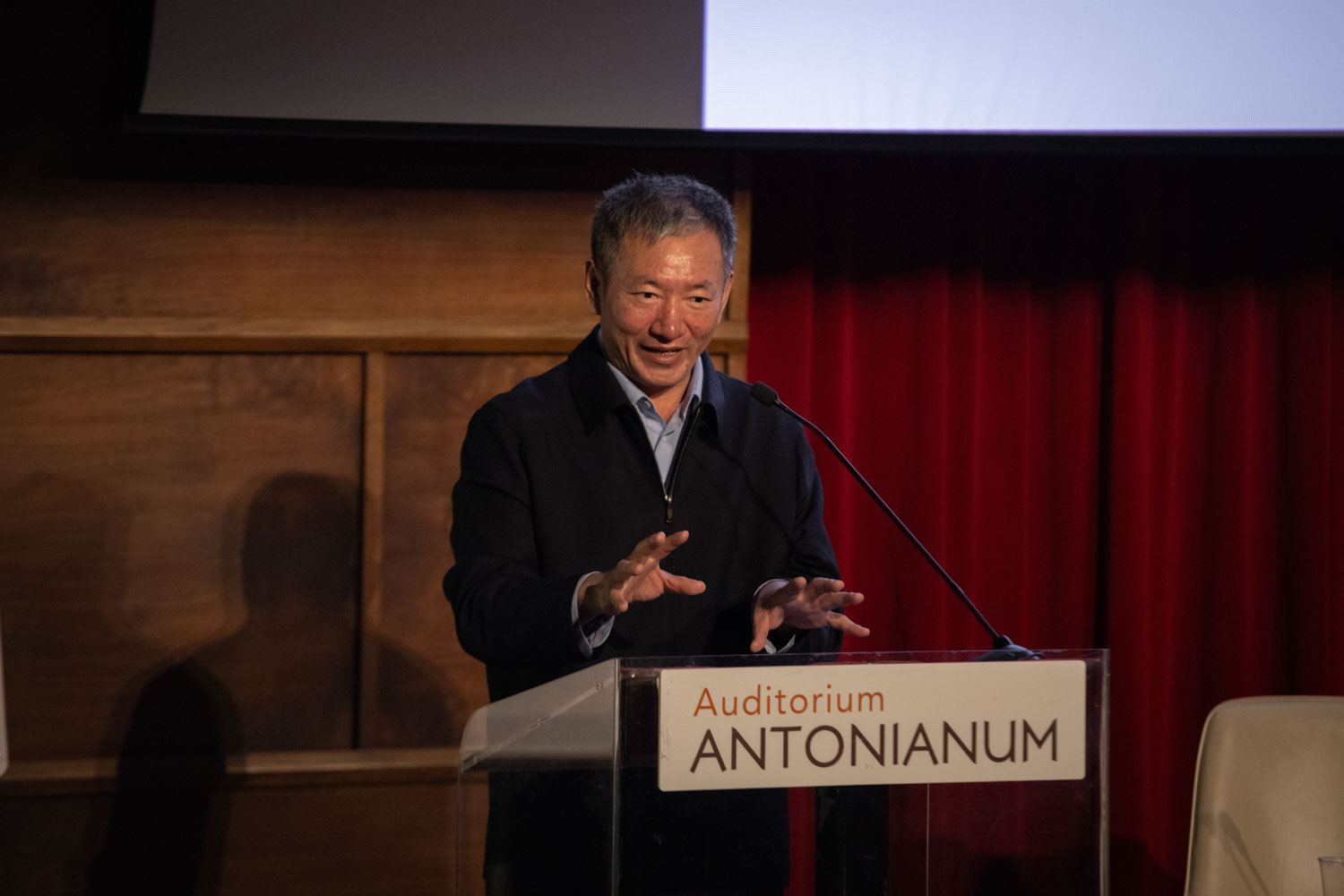
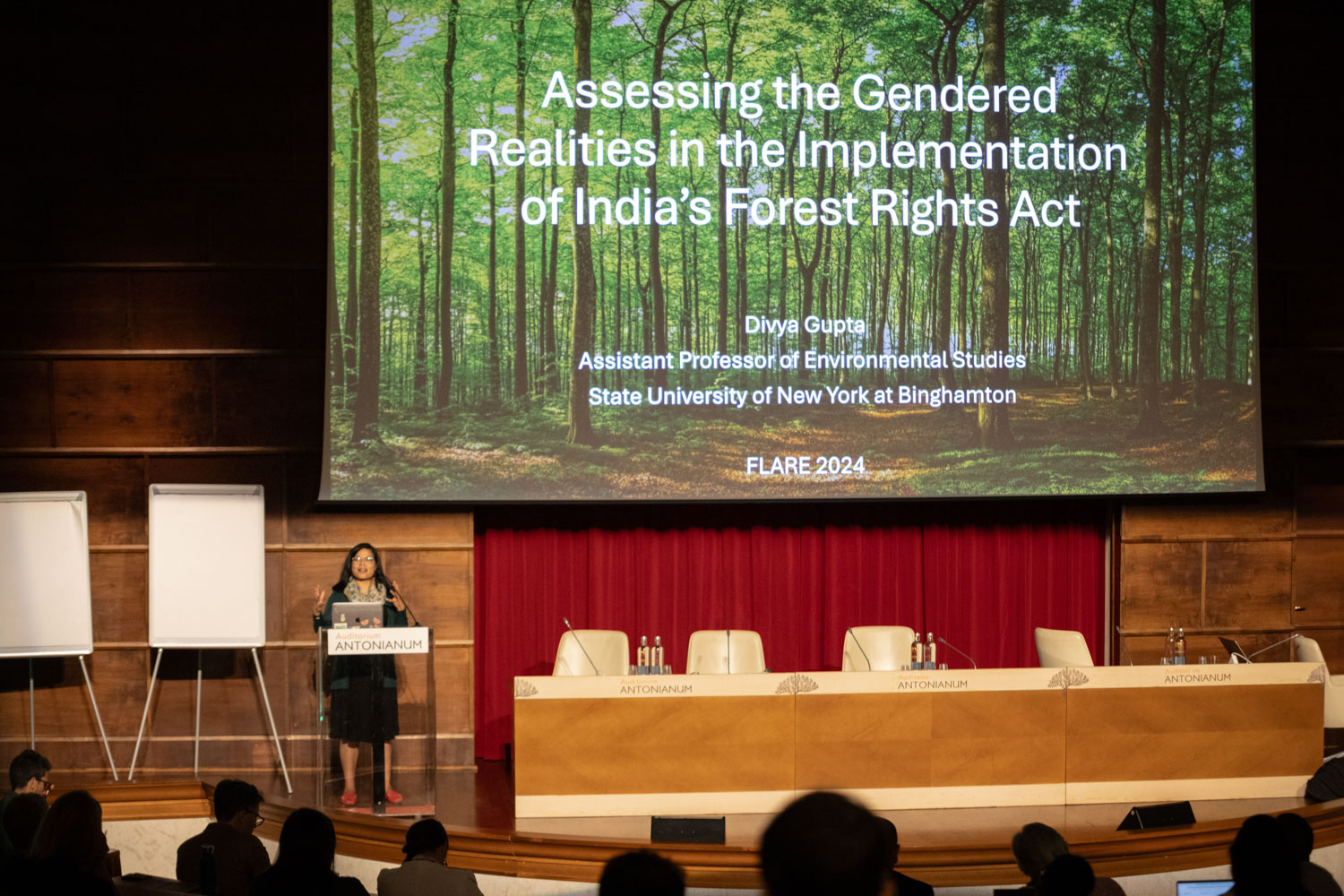
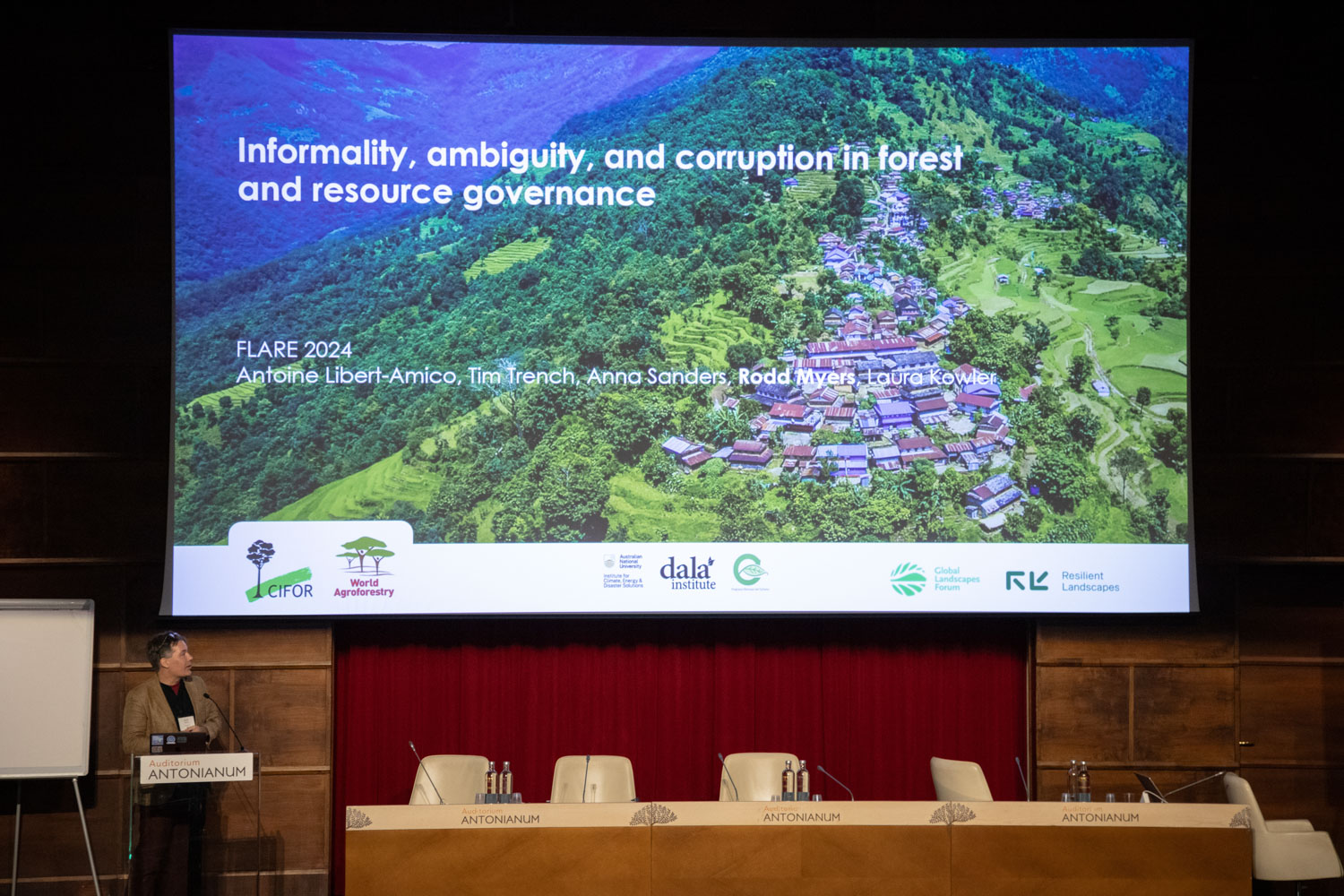
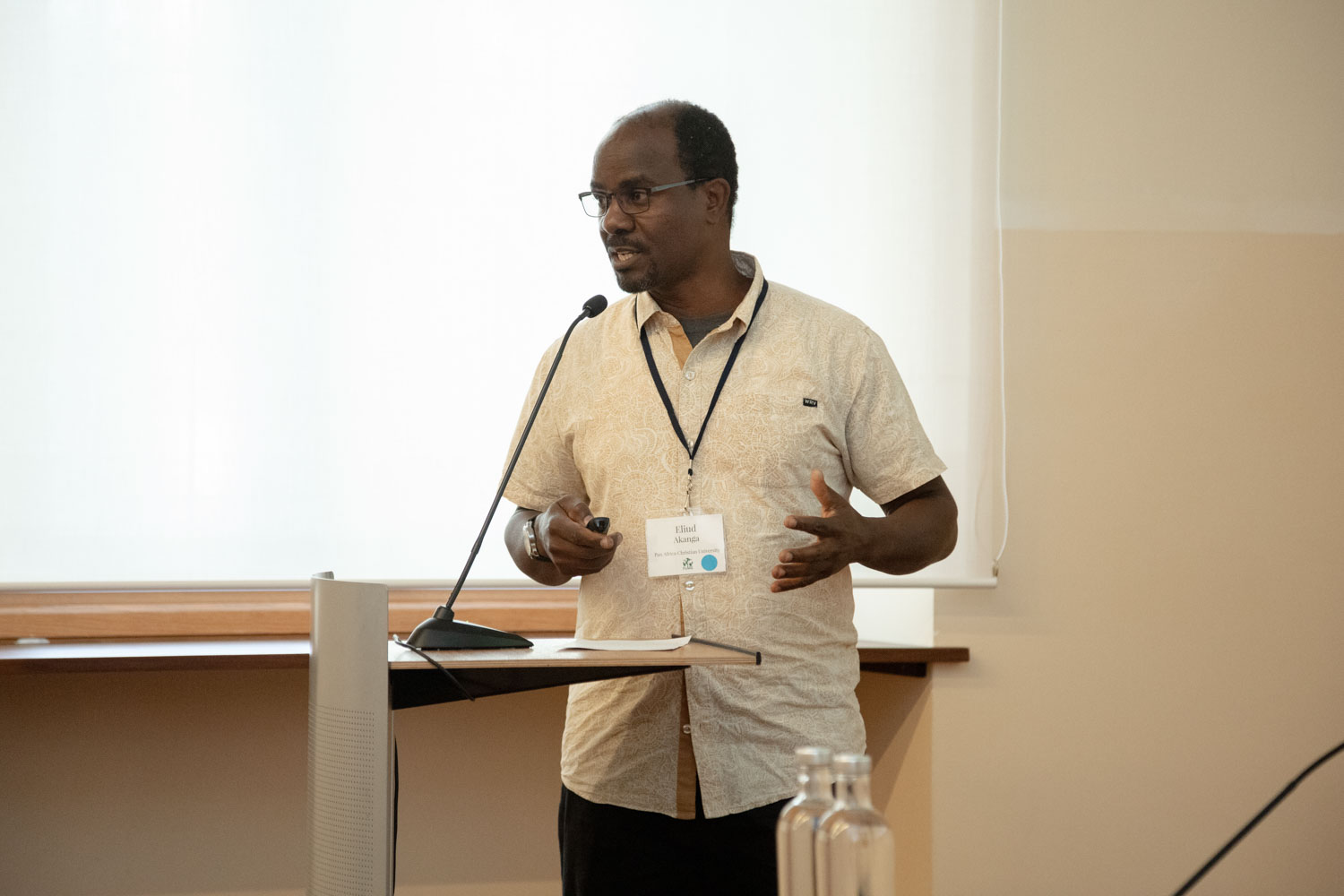
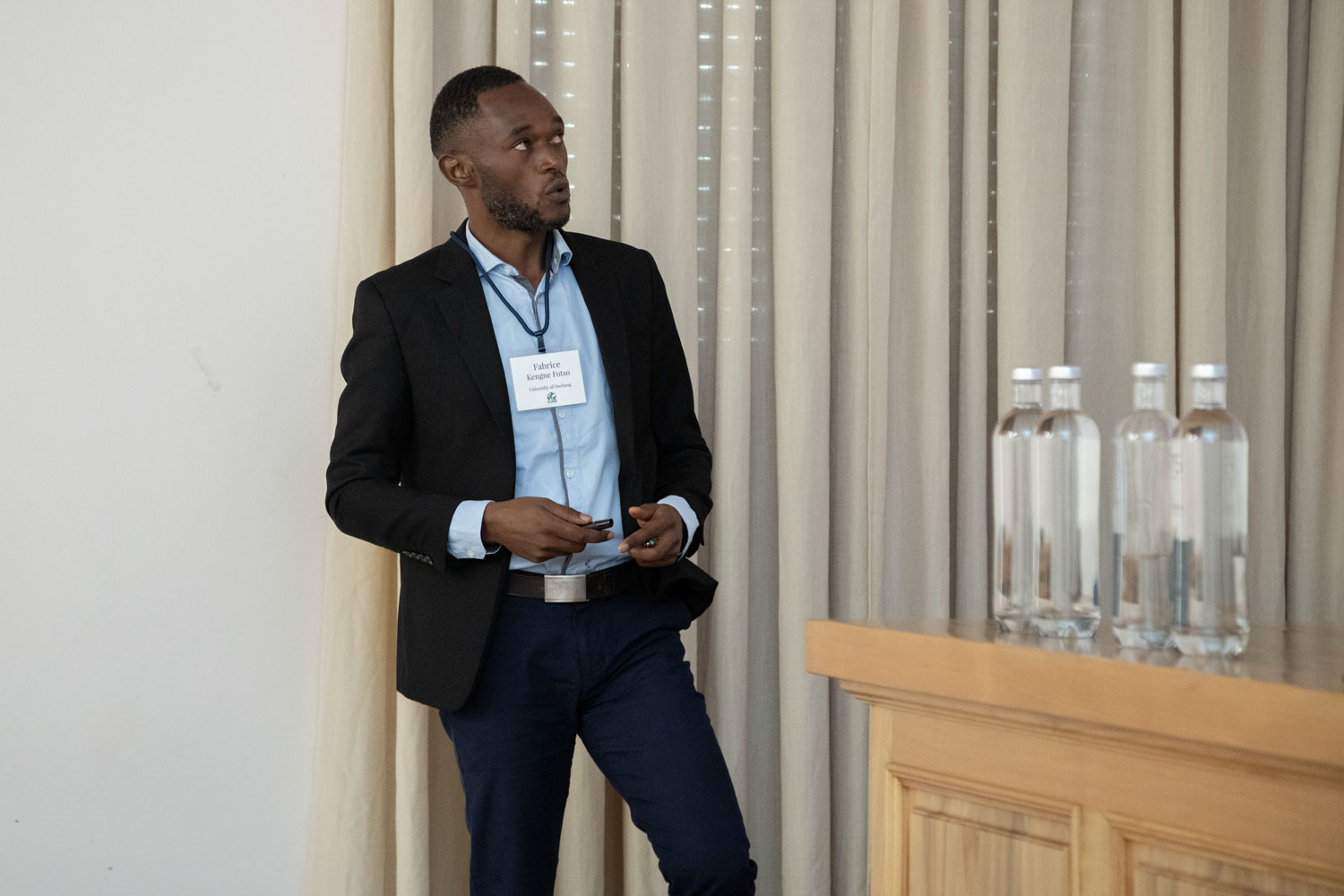
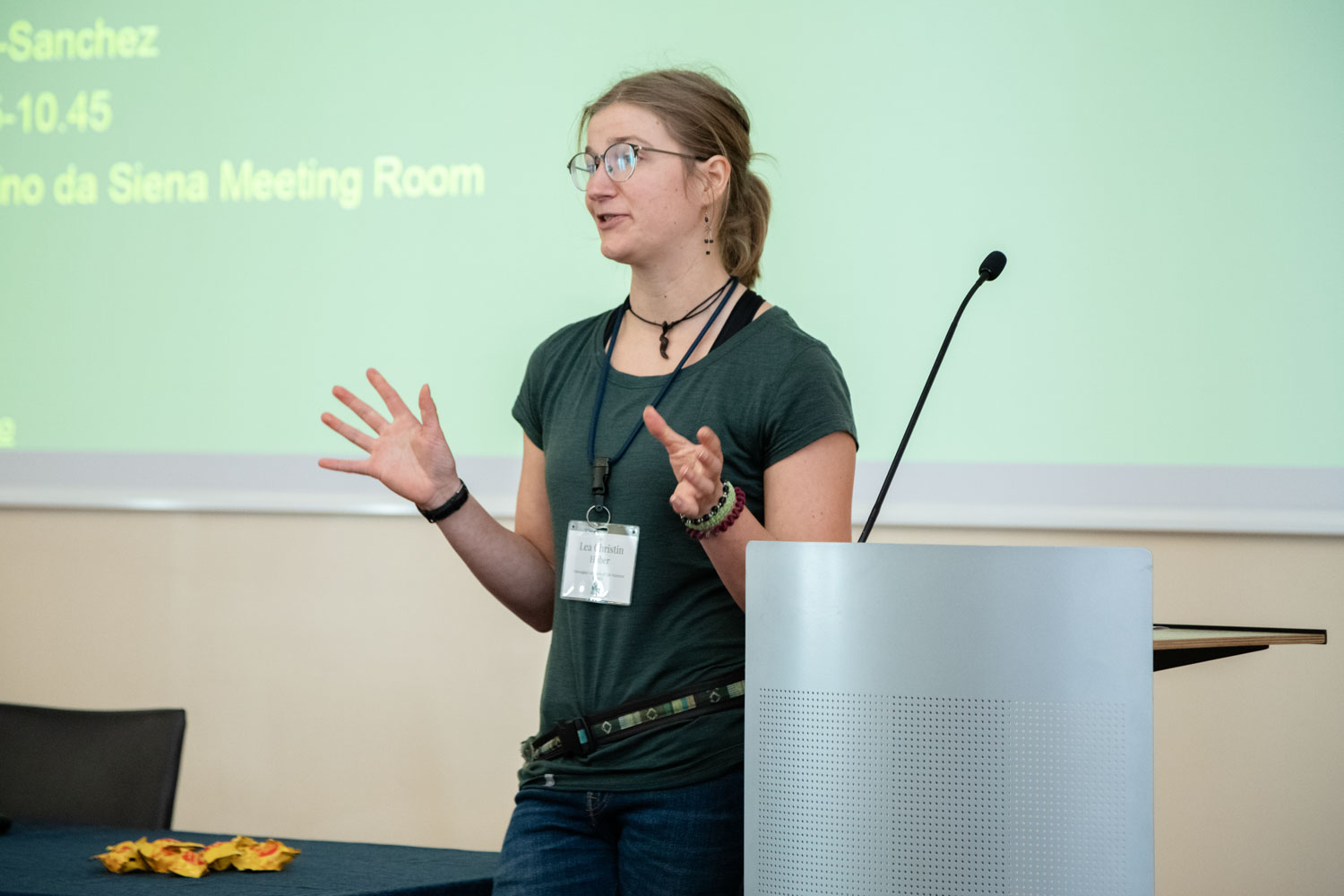
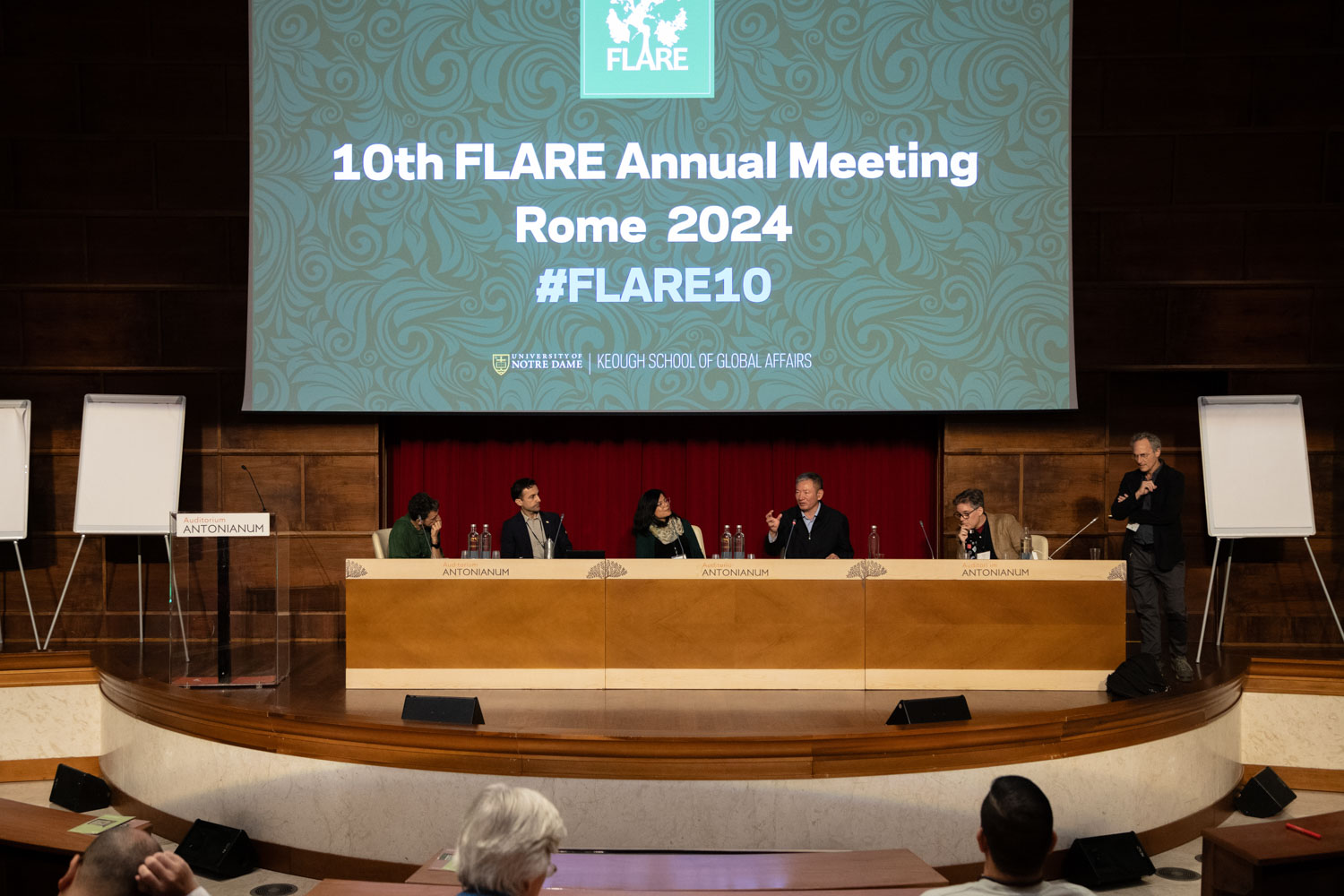
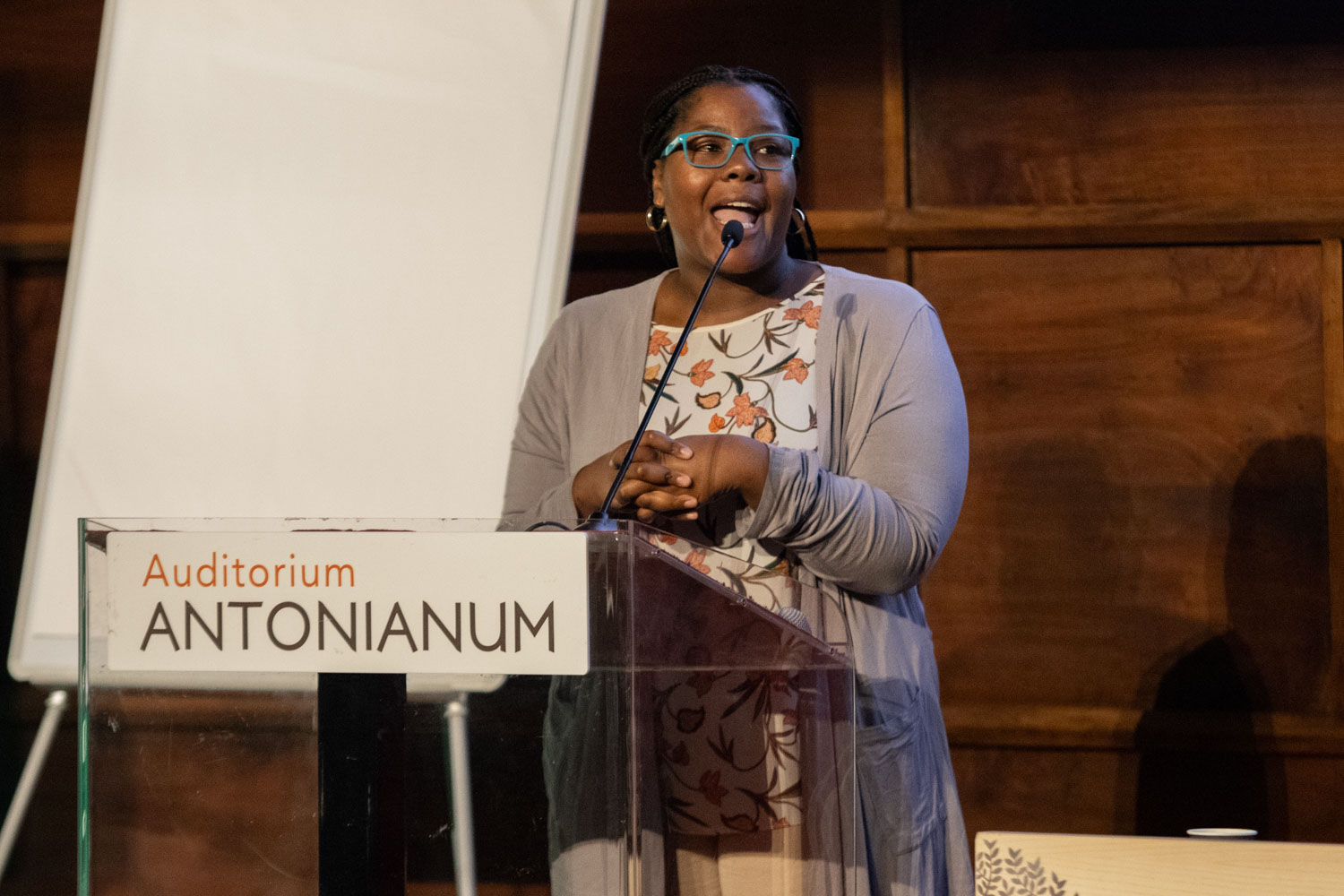
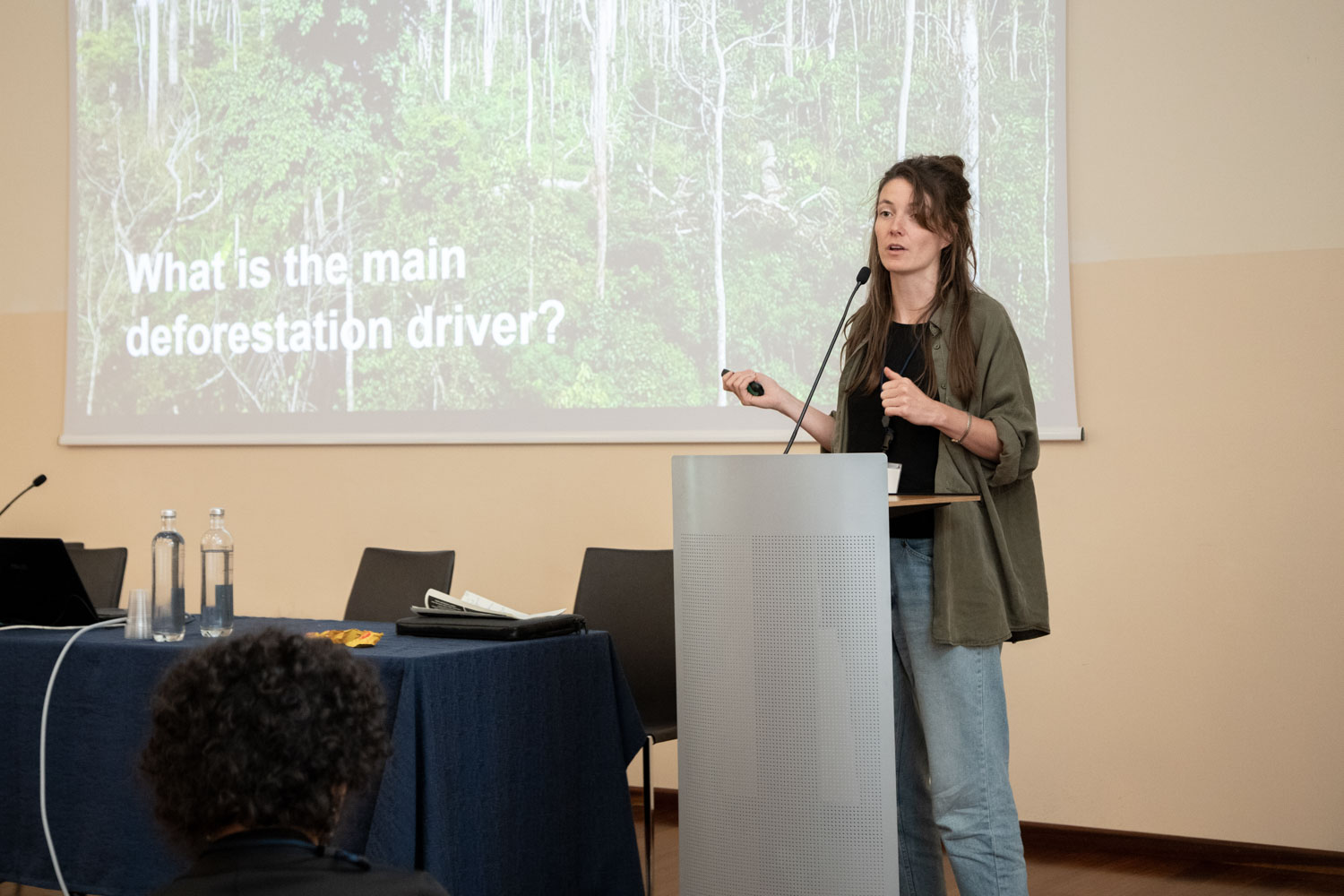
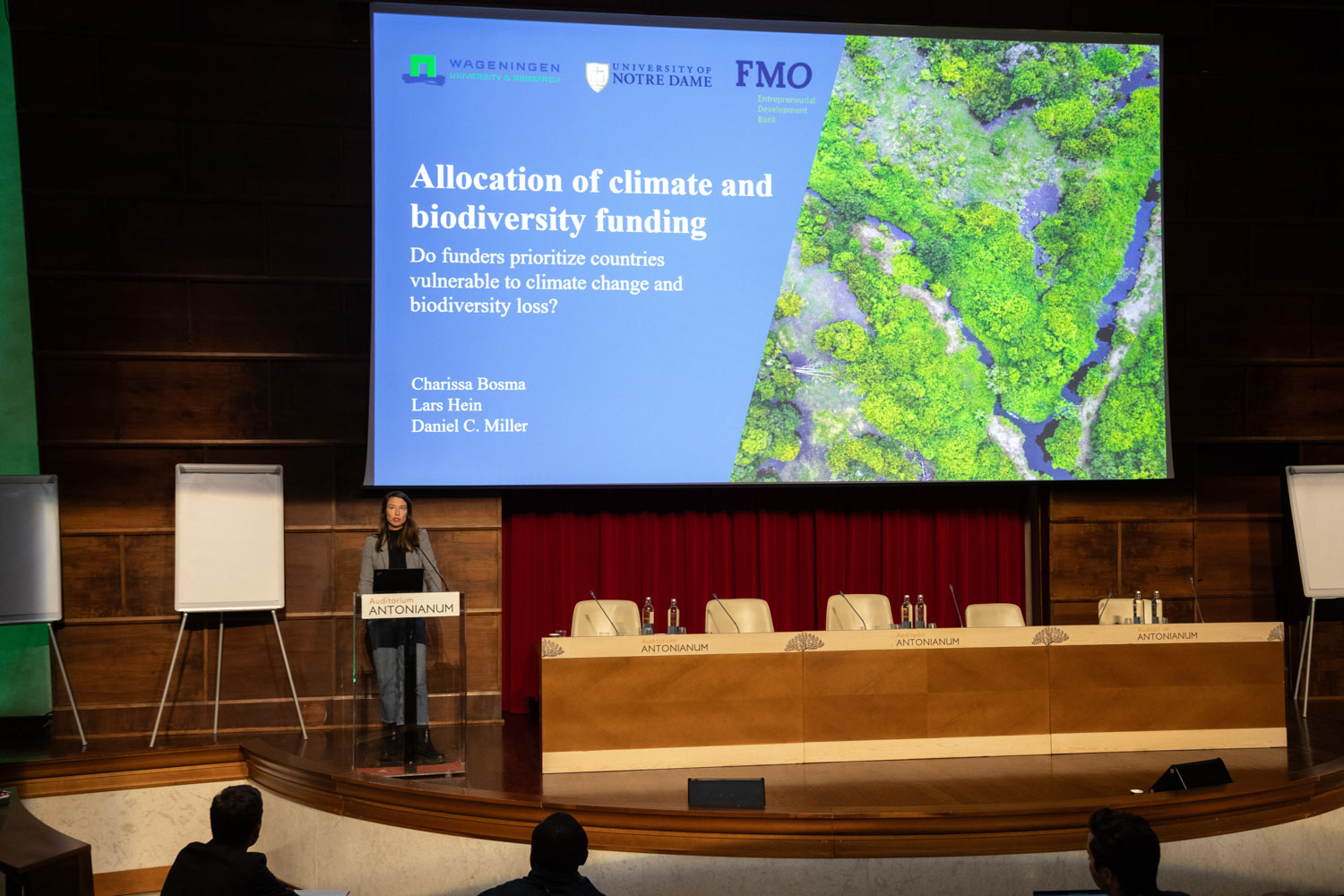
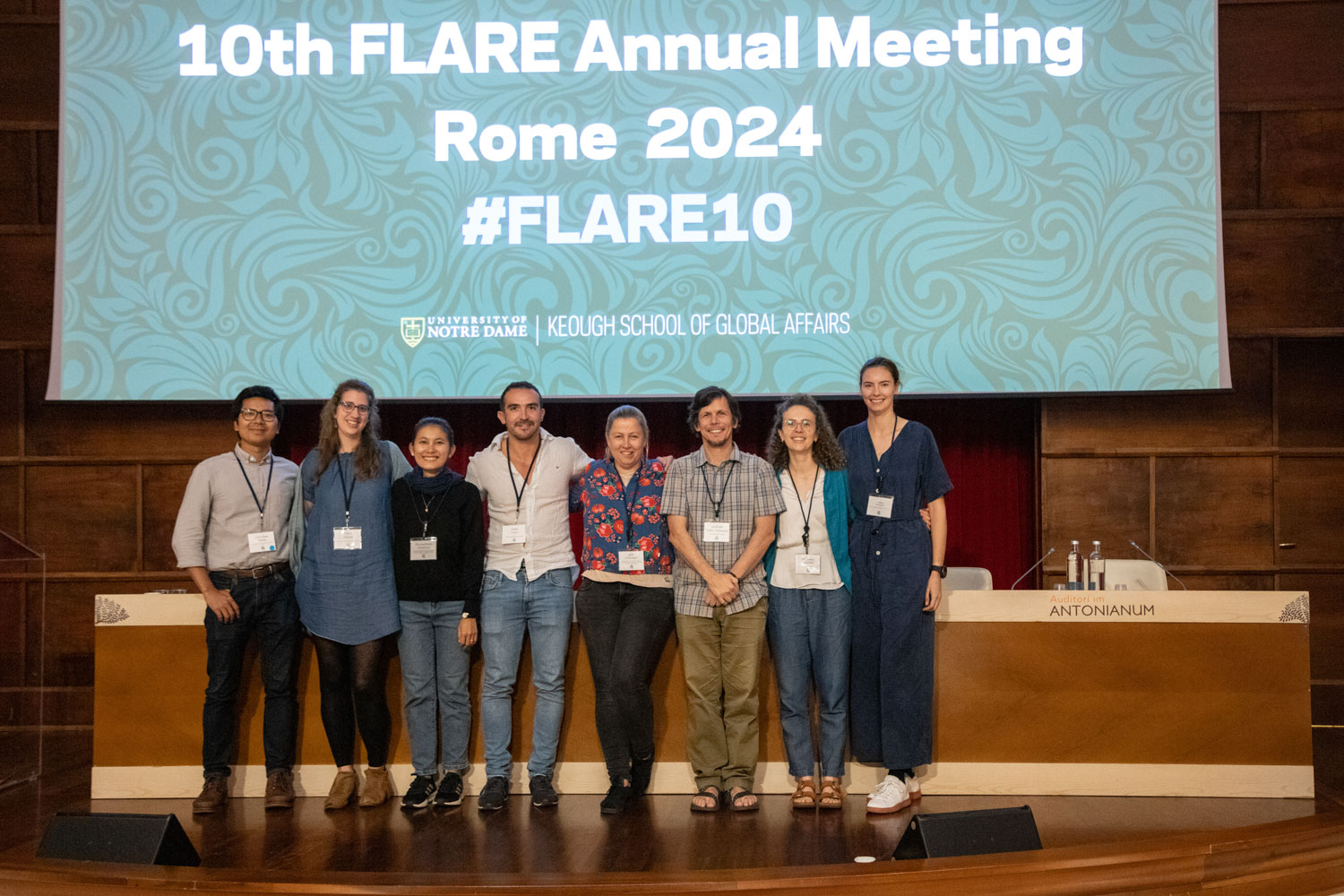
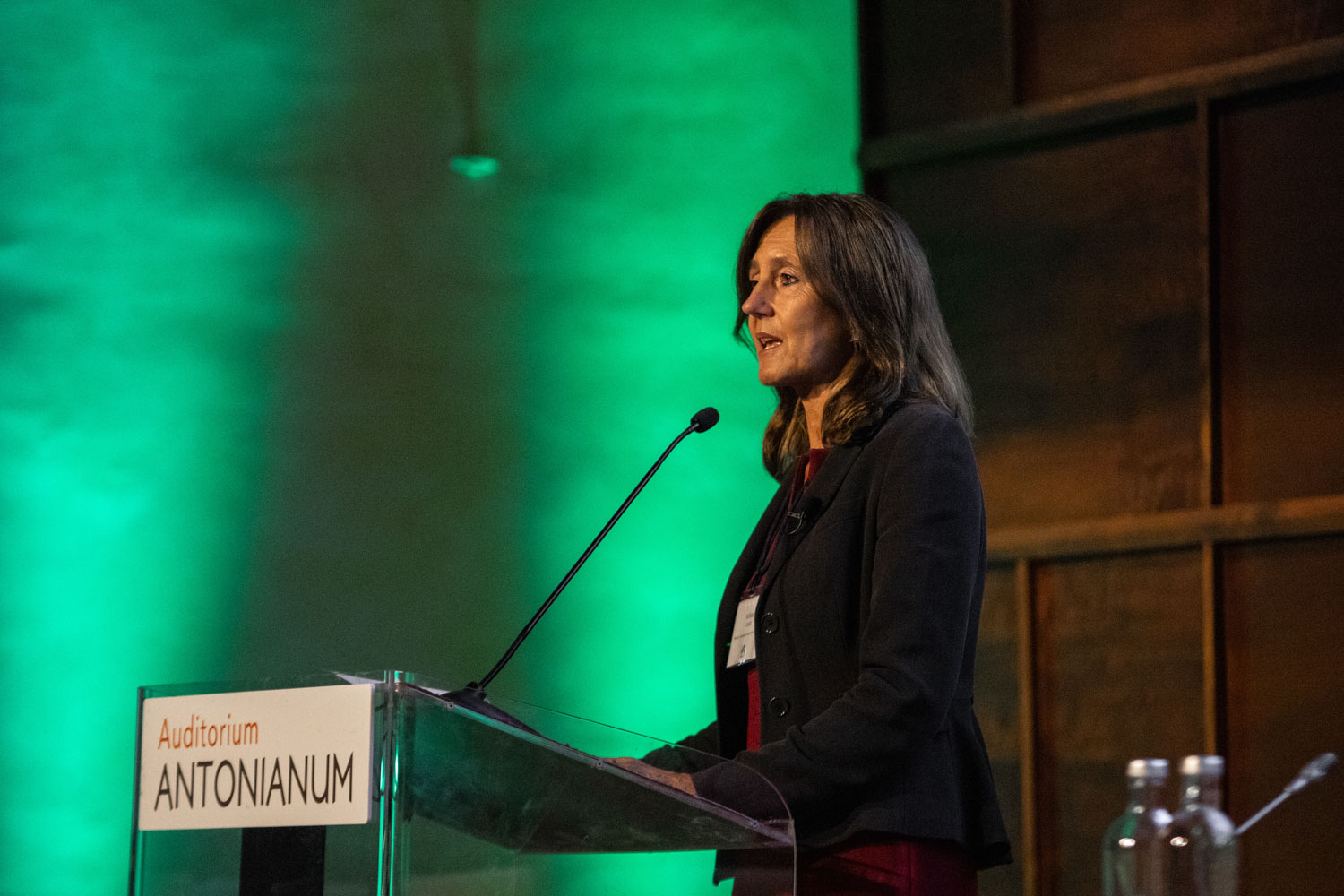
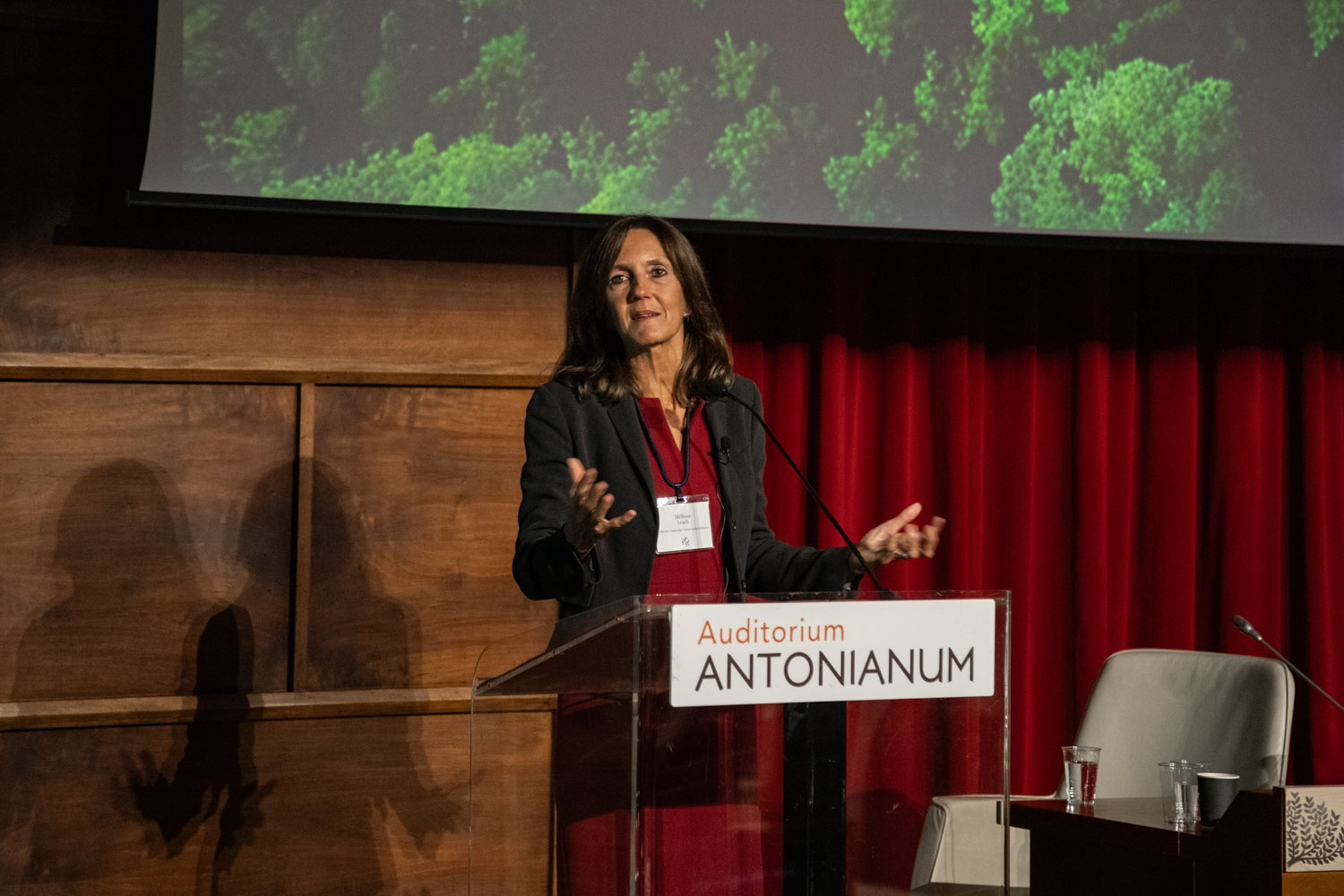
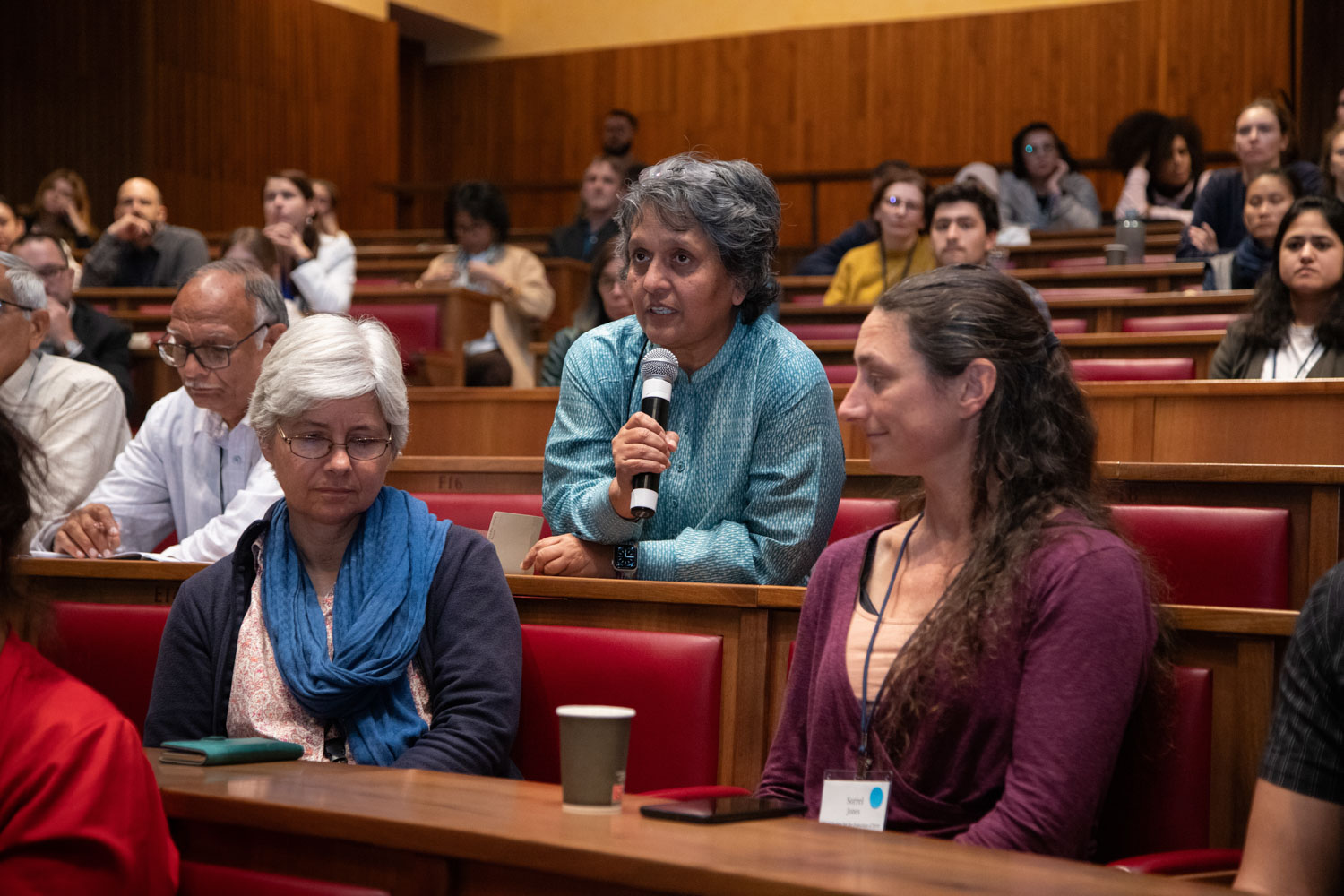
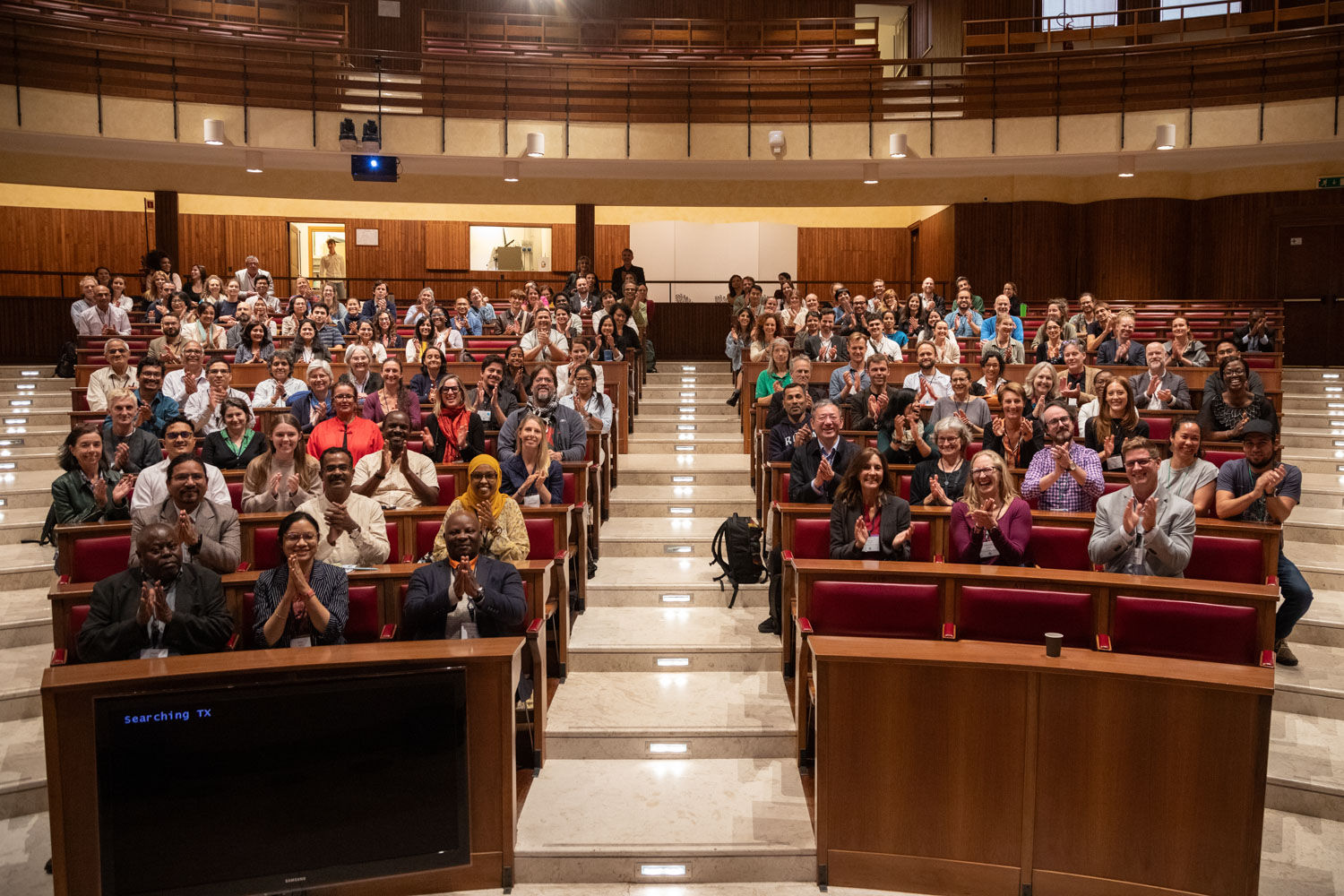
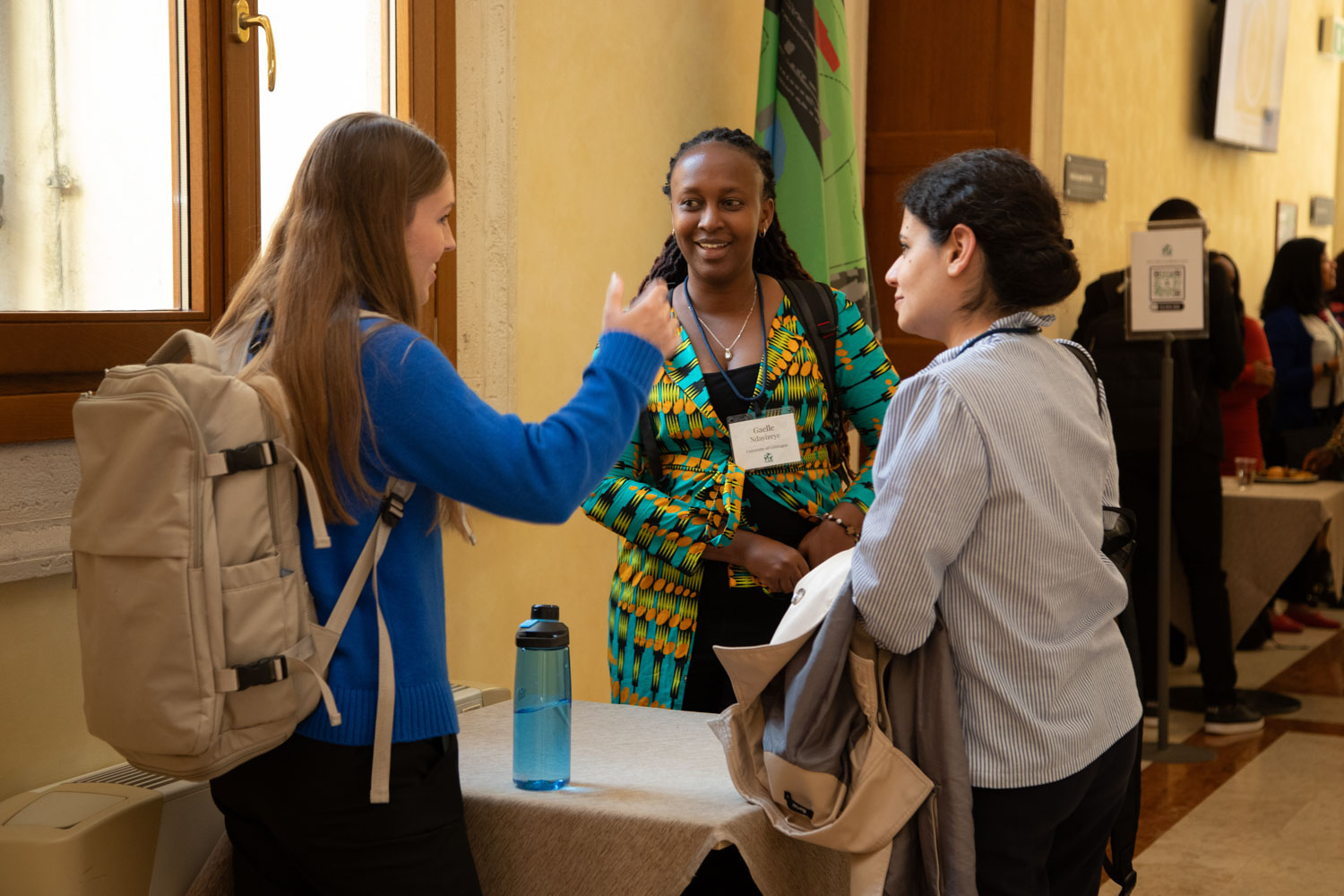
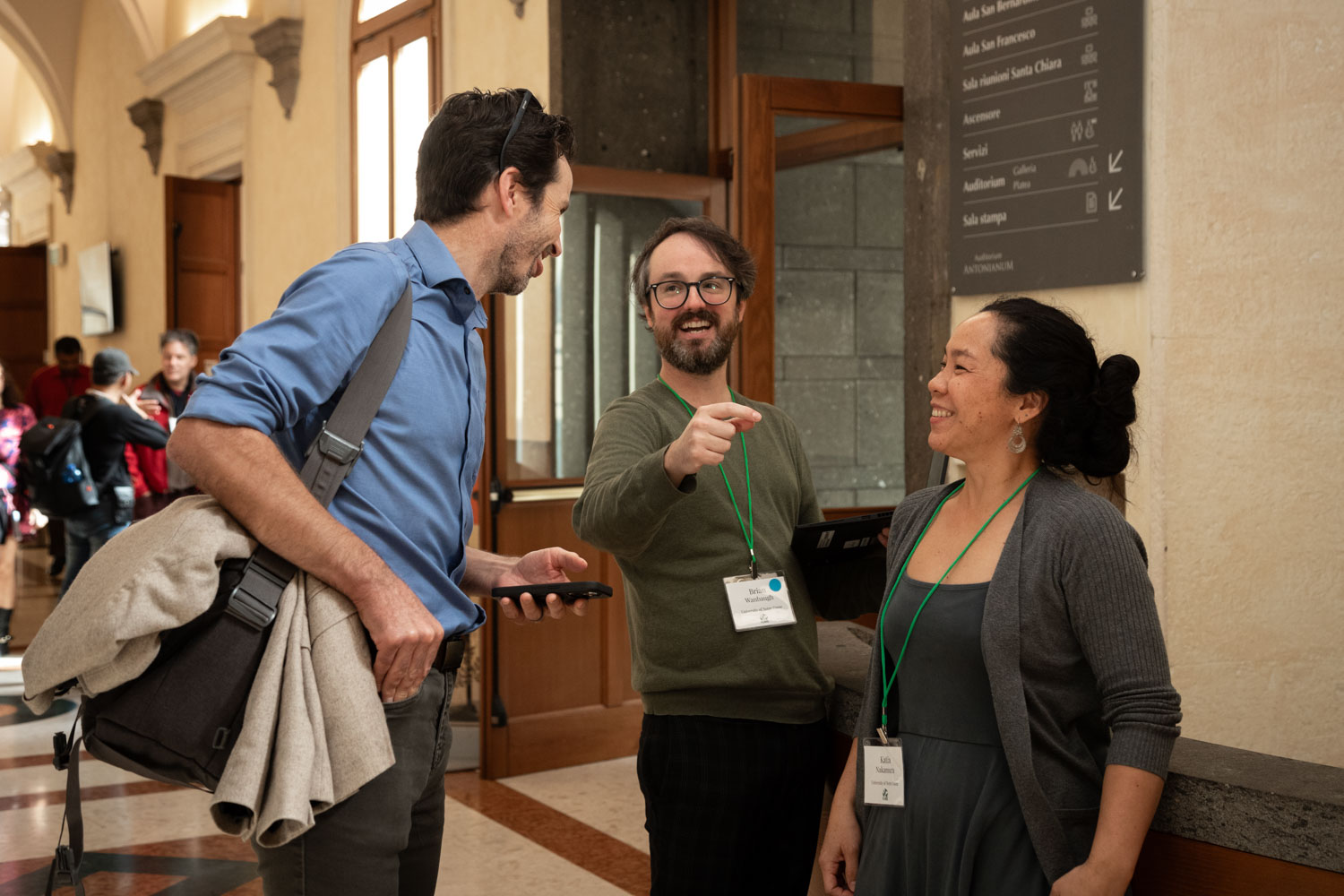
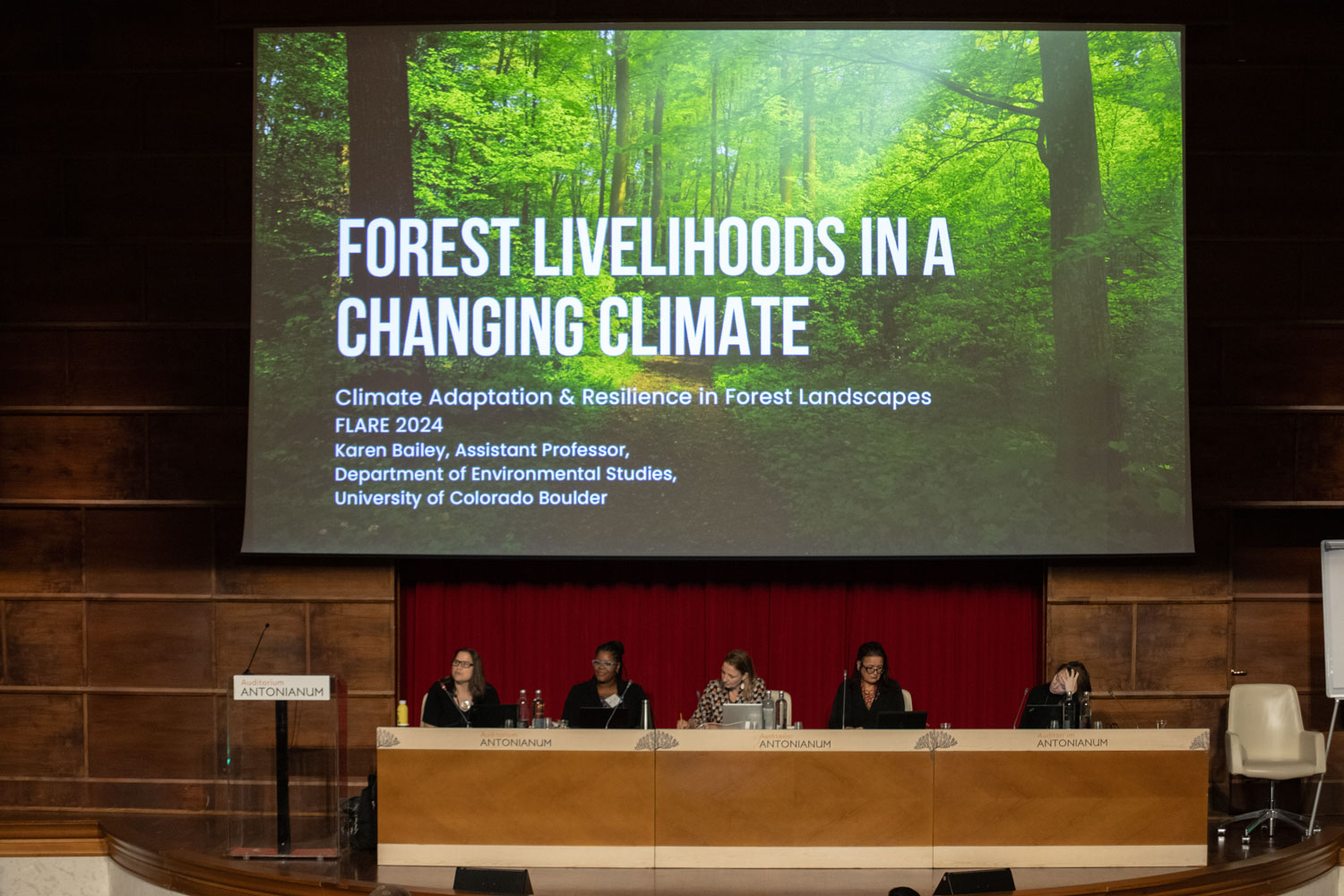
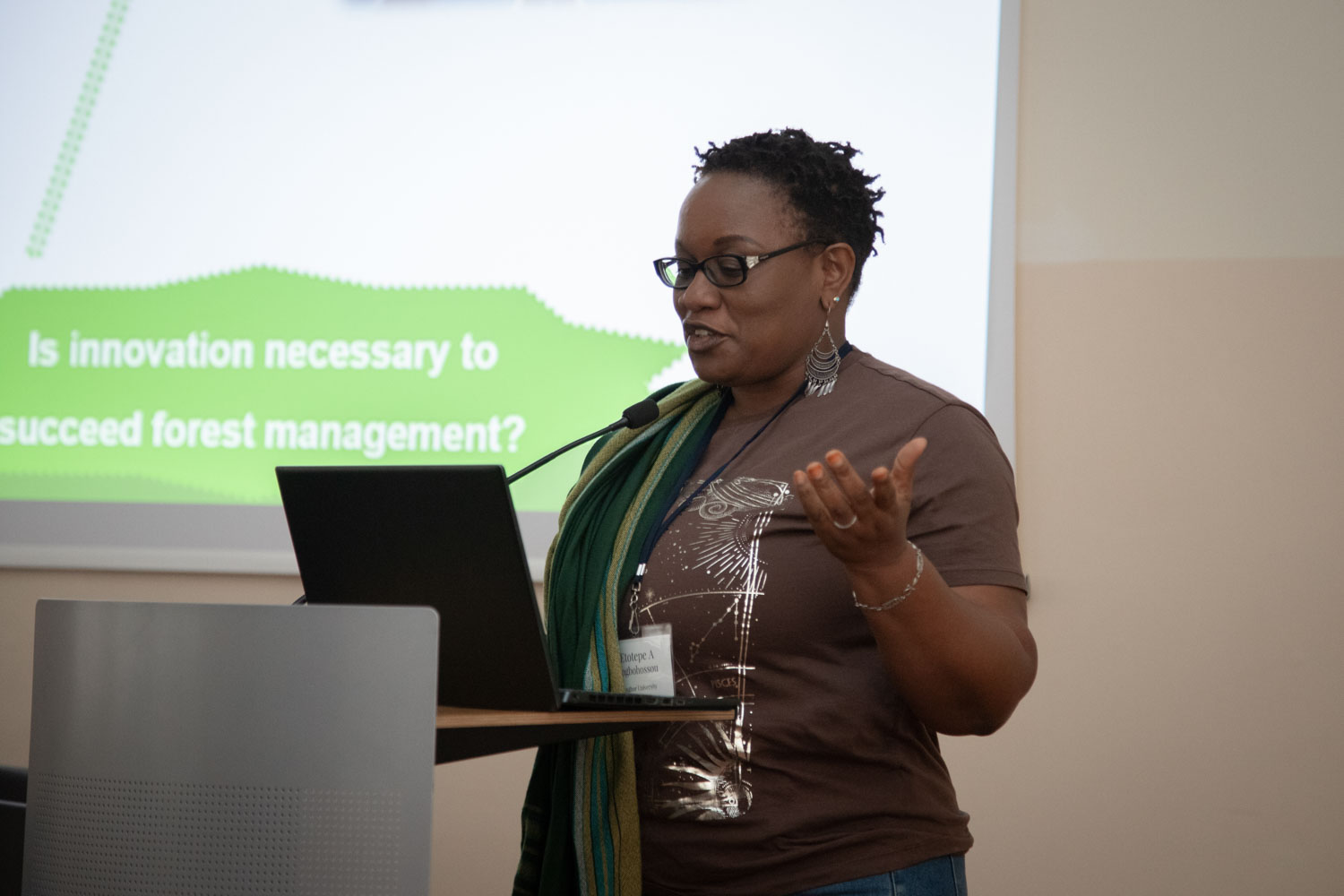
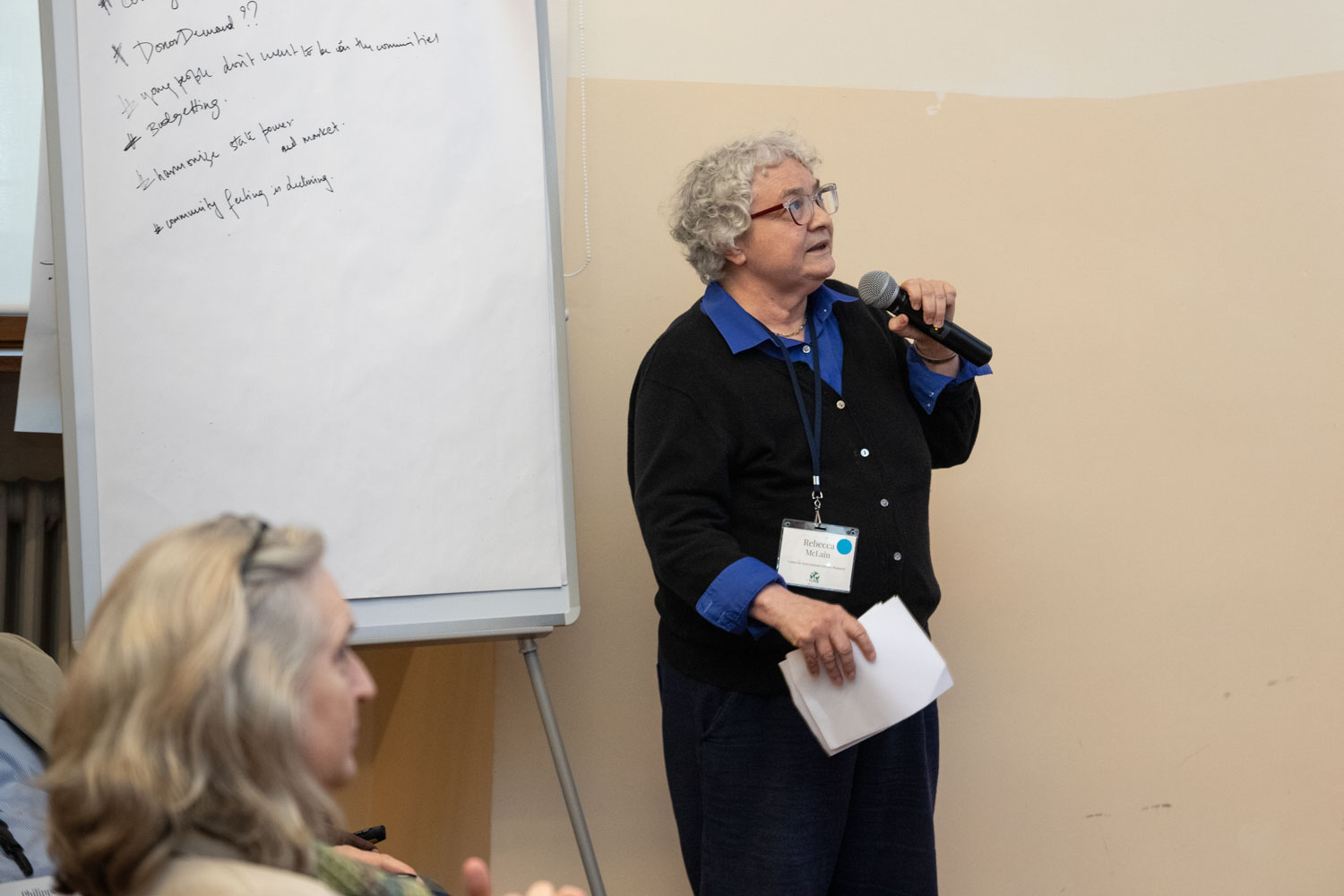
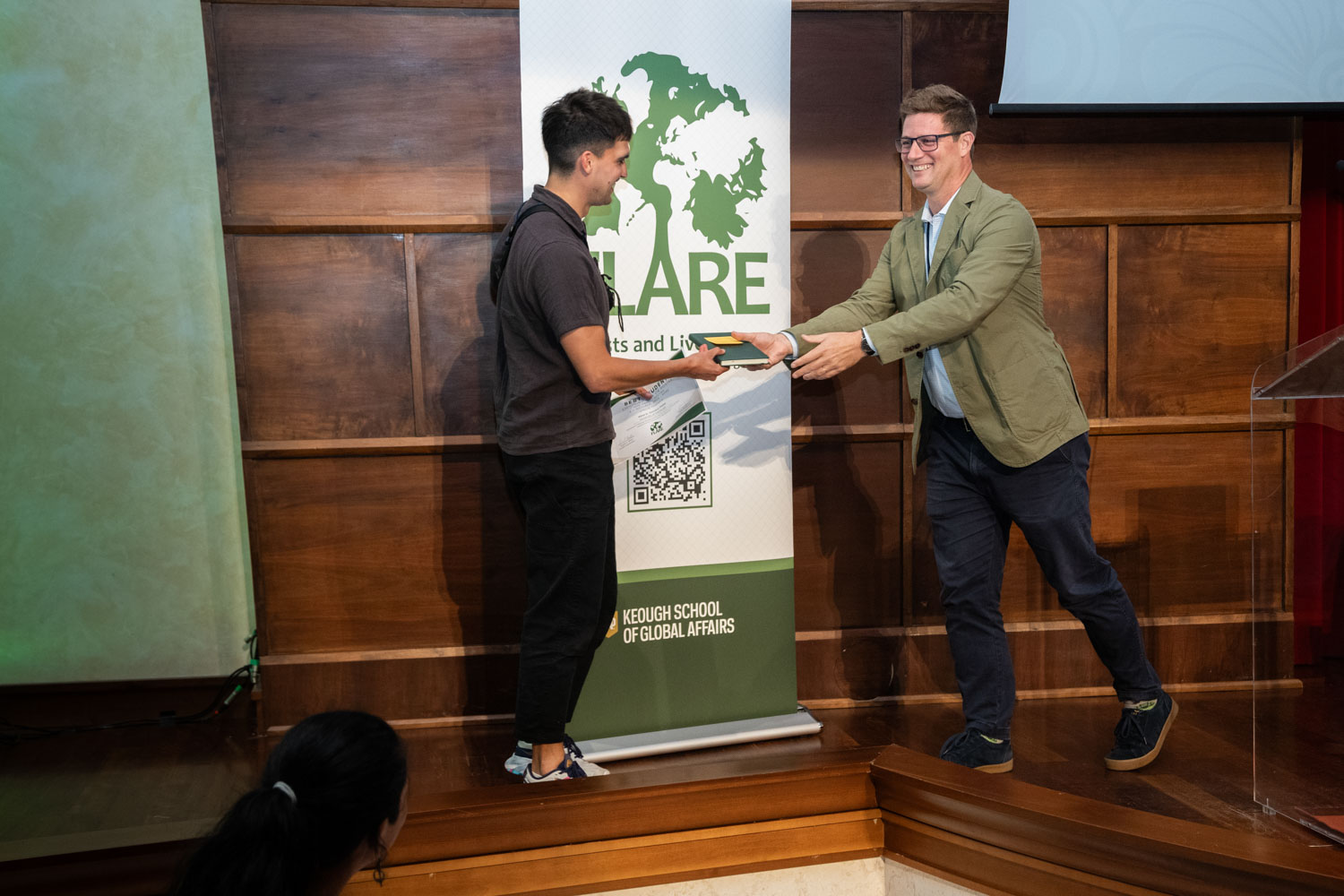
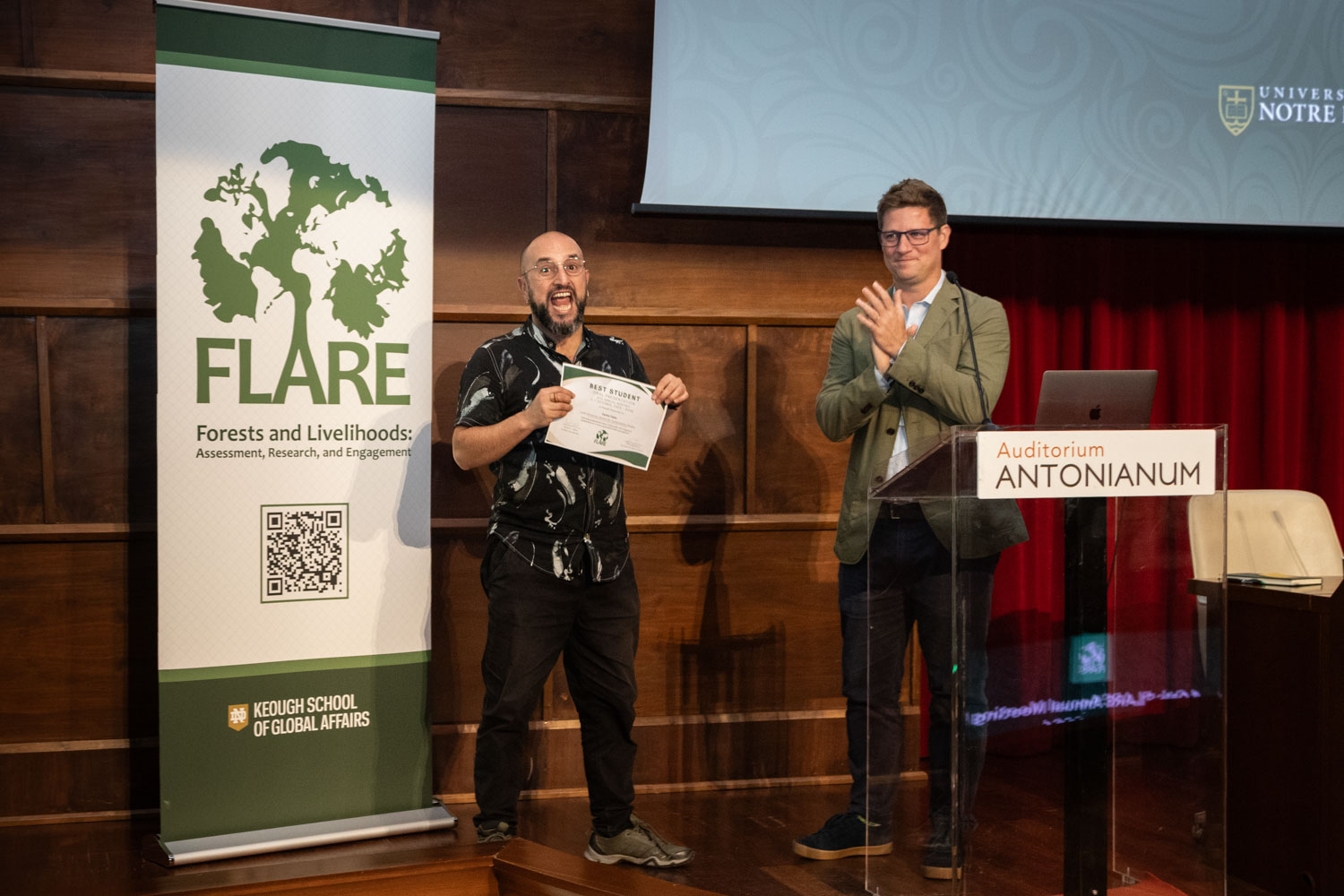
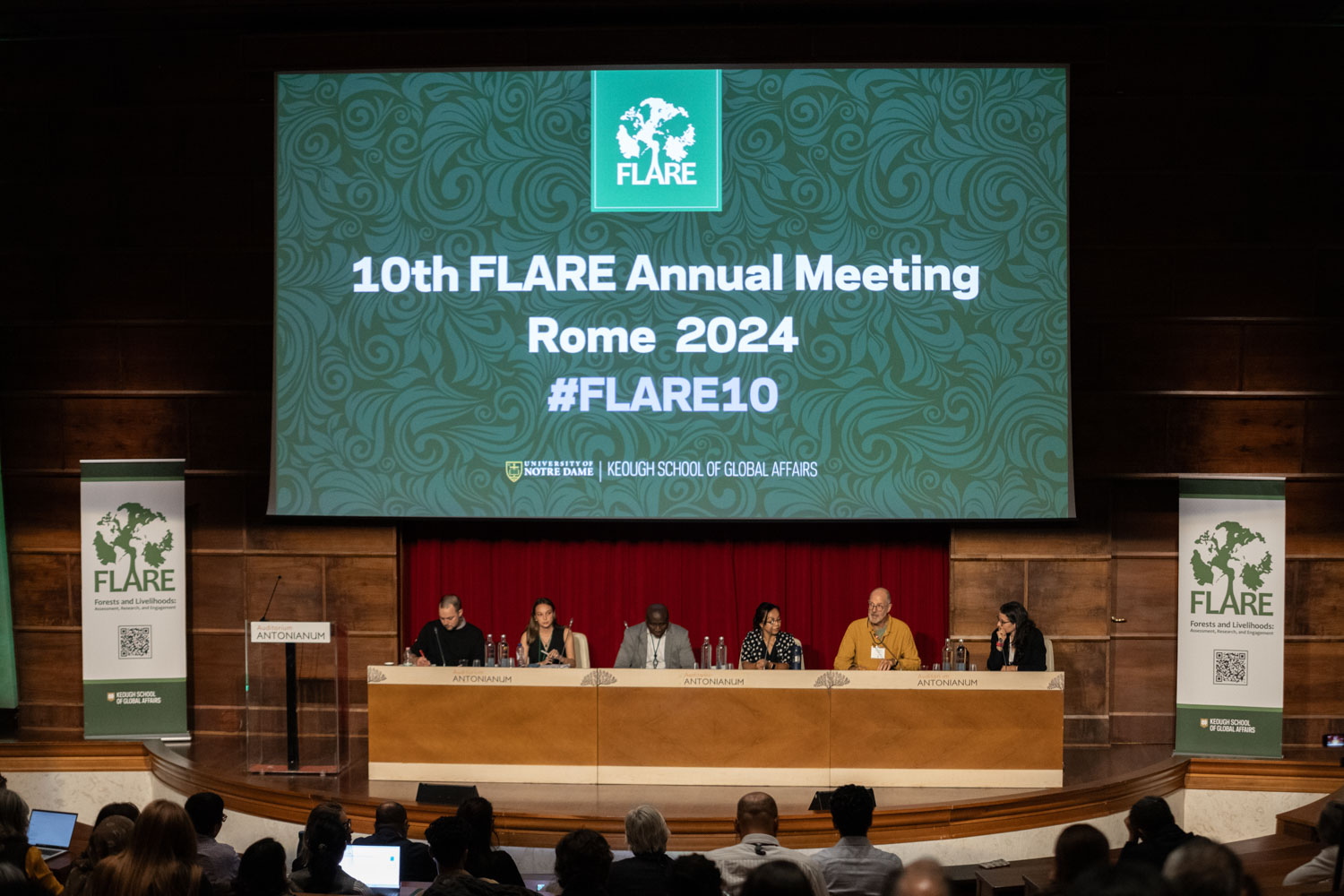
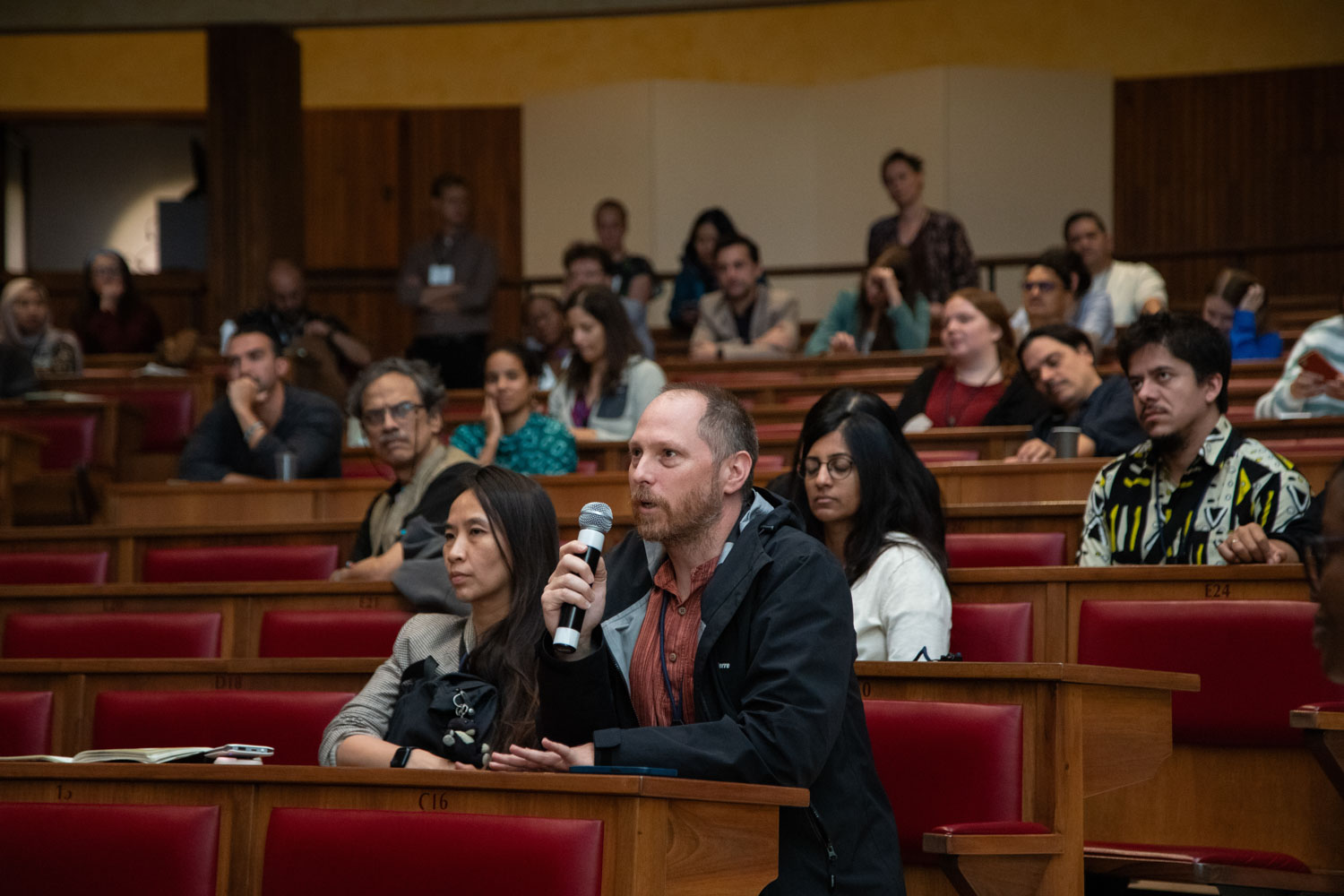
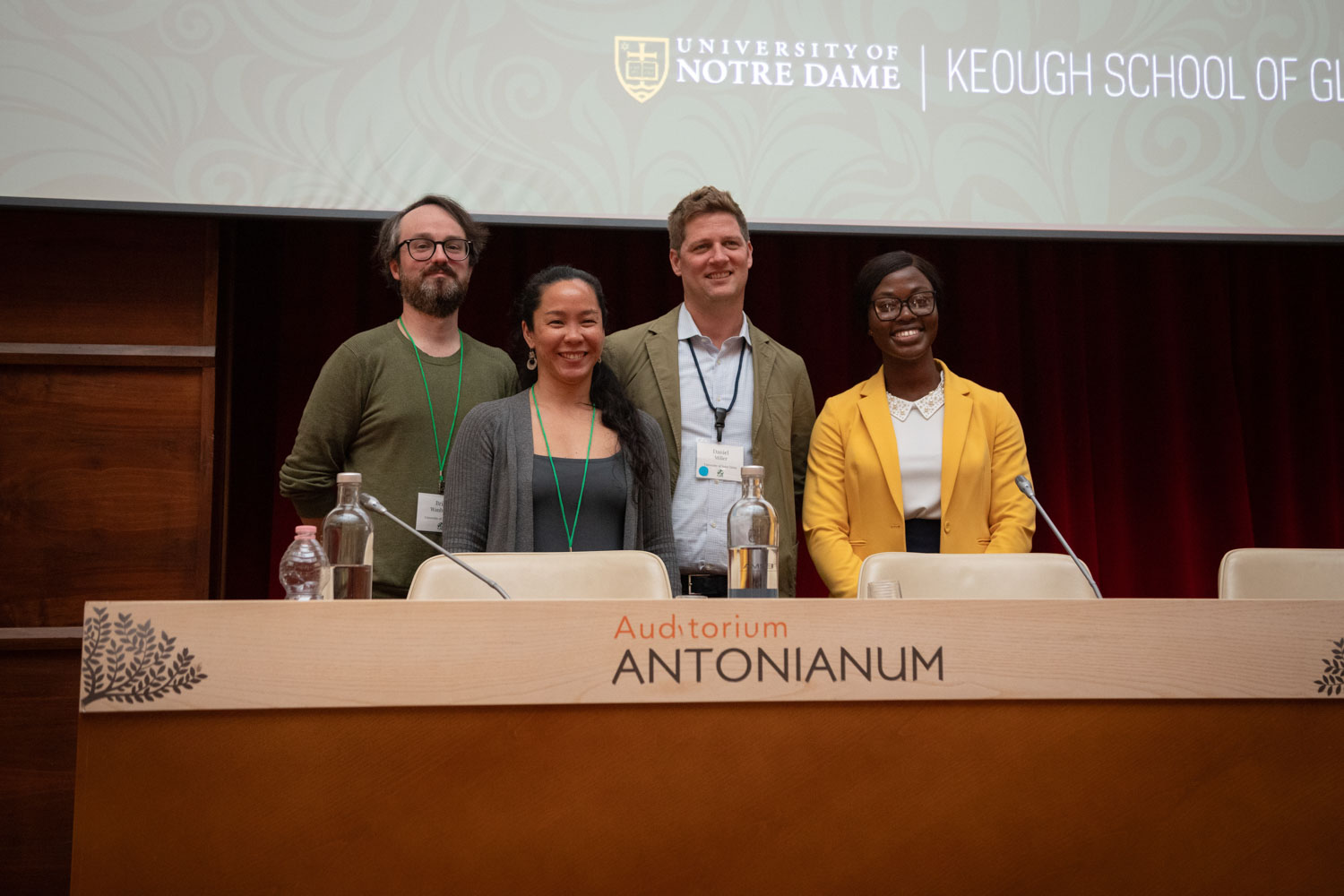
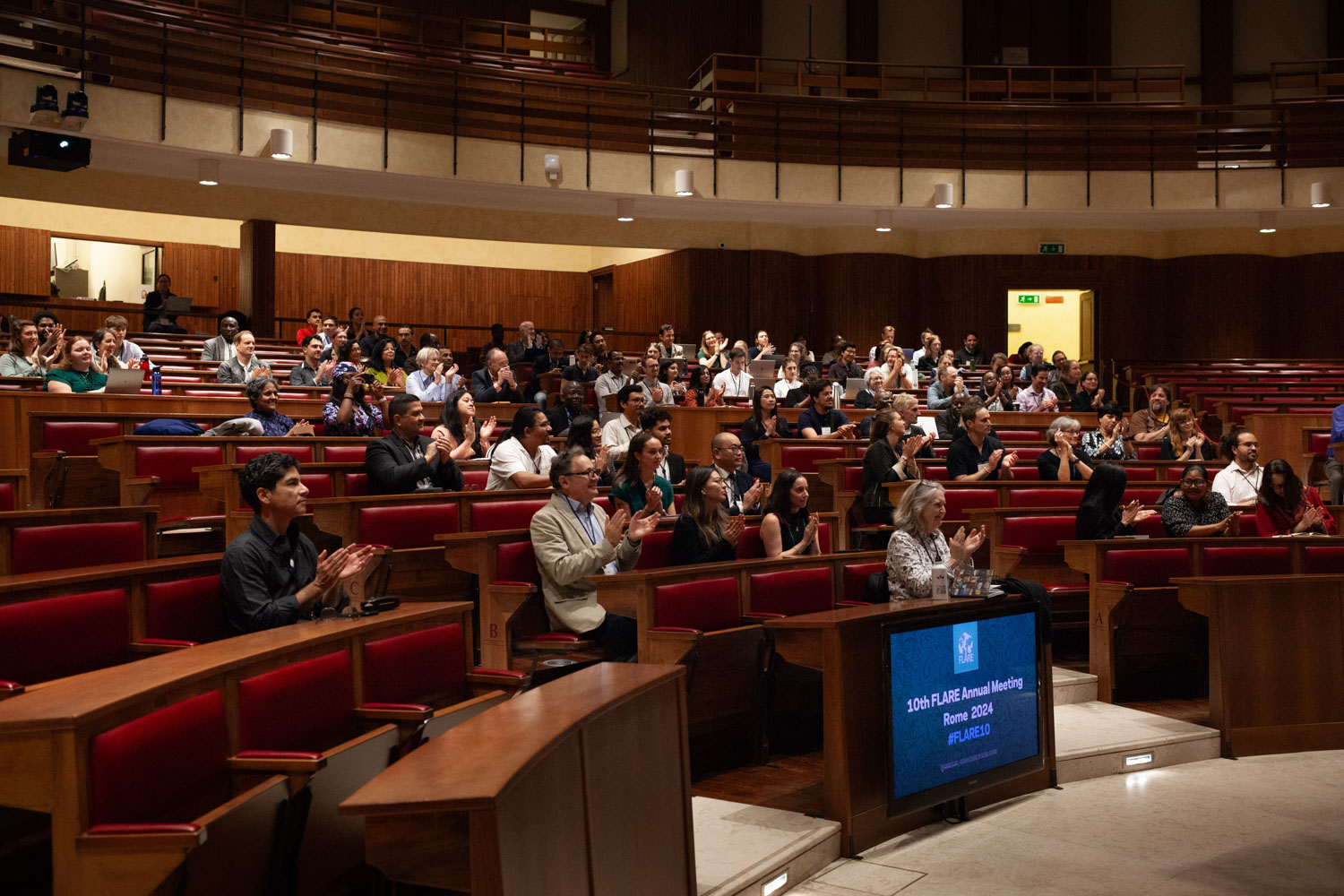
2024 Annual Meeting Program + Book of Abstracts
The FLARE Organizing Committee is proud to release the 2024 FLARE Annual Meeting Official Program.
Presentation and Poster Guidelines
Please review the guidelines before completing your presentation or poster.
2024 Annual Meeting Registration
PLEASE NOTE: Registration for presenters is now closed. To register for the 2024 Annual Meeting, please click the link the relevant option below. Meeting registration fees are based on a tiered structure according to country income level (World Bank Country Classifications). FLARE relies on registration fees to cover meeting costs and we therefore request that you register at the level corresponding to the country of your current primary institutional affiliation.
Conference registration includes a personal 3-day conference pass with on-site lunch and two coffee breaks per day. The opening reception is included, but ticketed. Please choose that option during registration if you wish to attend. The Monday workshops are additional costs.
High Income Country | Early Bird (May 1 - June 1) | Regular (June 2- September 1) | Late (September 2 - October 3) |
|---|---|---|---|
Student Presenter | $320 | $370 | N/A |
Non-Student Presenter | $588 | $663 | N/A |
Student Observer | $288 | $338 | $418 |
Non-Student Observer | $558 | $633 | $733 |
Poster Presenter (applies to student and non-student) | $288 | $338 | N/A |
Workshops (per workshop) Monday, October 7th | $50 | $100 | $125 |
Upper Middle Income Country | Early Bird (May 1 - June 1) | Regular (June 2- September 1) | Late (September 2 - October 3) |
|---|---|---|---|
Student Presenter | $240 | $290 | N/A |
Non-Student Presenter | $420 | $495 | N/A |
Student Observer | $216 | $266 | $346 |
Non-Student Observer | $366 | $441 | $541 |
Poster Presenter (applies to student and non-student) | $216 | $266 | N/A |
Workshops (per workshop) Monday, October 7th | $50 | $75 | $100 |
Low & Lower Middle Income | Early Bird (May 1 - June 1) | Regular (June 2- September 1) | Late (September 2 - October 3) |
|---|---|---|---|
Student Presenter | $110 | $140 | N/A |
Non-Student Presenter | $195 | $225 | N/A |
Student Observer | $60 | $100 | $120 |
Non-Student Observer | $175 | $190 | $240 |
Poster Presenter (applies to student and non-student) | $95 | $125 | N/A |
Workshops (per workshop) Monday, October 7th | $25 | $50 | $75 |
All Levels | Early Bird (May 1 - June 1) | Regular (June 2- September 1) | Late (September 2 - October 3) |
|---|---|---|---|
Welcome Reception | Free, but ticketed | Free, but ticketed | Free, but ticketed |
Welcome Reception Guest Ticket (Not attending conference) | $30 | $30 | $30 |
Conference Dinner (Saturday, October 5) | SOLD OUT | SOLD OUT | SOLD OUT |
Guest Dinner Ticket (Not attending conference) | SOLD OUT | SOLD OUT | SOLD OUT |
2024 Annual Meeting Theme
Imagination and Innovation for Forests and Livelihoods
Forests are under strain across the globe from new and long-standing pressures. So, too, many of the hundreds of millions of people who enjoy and depend on forests for their well-being. The way forward to understand and tackle challenges to forests and people will require imagination. Innovation will also be important. But innovation comes in many forms and some claims to novelty may not be so innovative if a wider lens or longer historical view is taken. Still, other socio-technological developments-- advances in remote sensing, artificial intelligence, drones, blockchain, and more-- are clearly new. What is the effect of such innovations? What is their promise or peril? How are they reshaping what we might imagine about the relationship between forests, trees, and people?
As FLARE celebrates its 10th Anniversary, assessing the past while looking to the future of forests and livelihoods, we invite reflections on these and other questions relating to the theme of “Imagination and Innovation.”
2024 Annual Meeting Sub-Themes
2024 Annual Meeting Plenary Sessions
The FLARE Secretariat is feature both Professor Melissa Leach, incoming Executive Director of the Cambridge Conservation Initiative, and Rukka Sombolinggi, Secretary General of Aliansi Masyarakat Adat Nusantara (AMAN) (Indigenous Peoples' Alliance of the Archipelago) as Keynote Speakers for the 10th Annual Meeting!
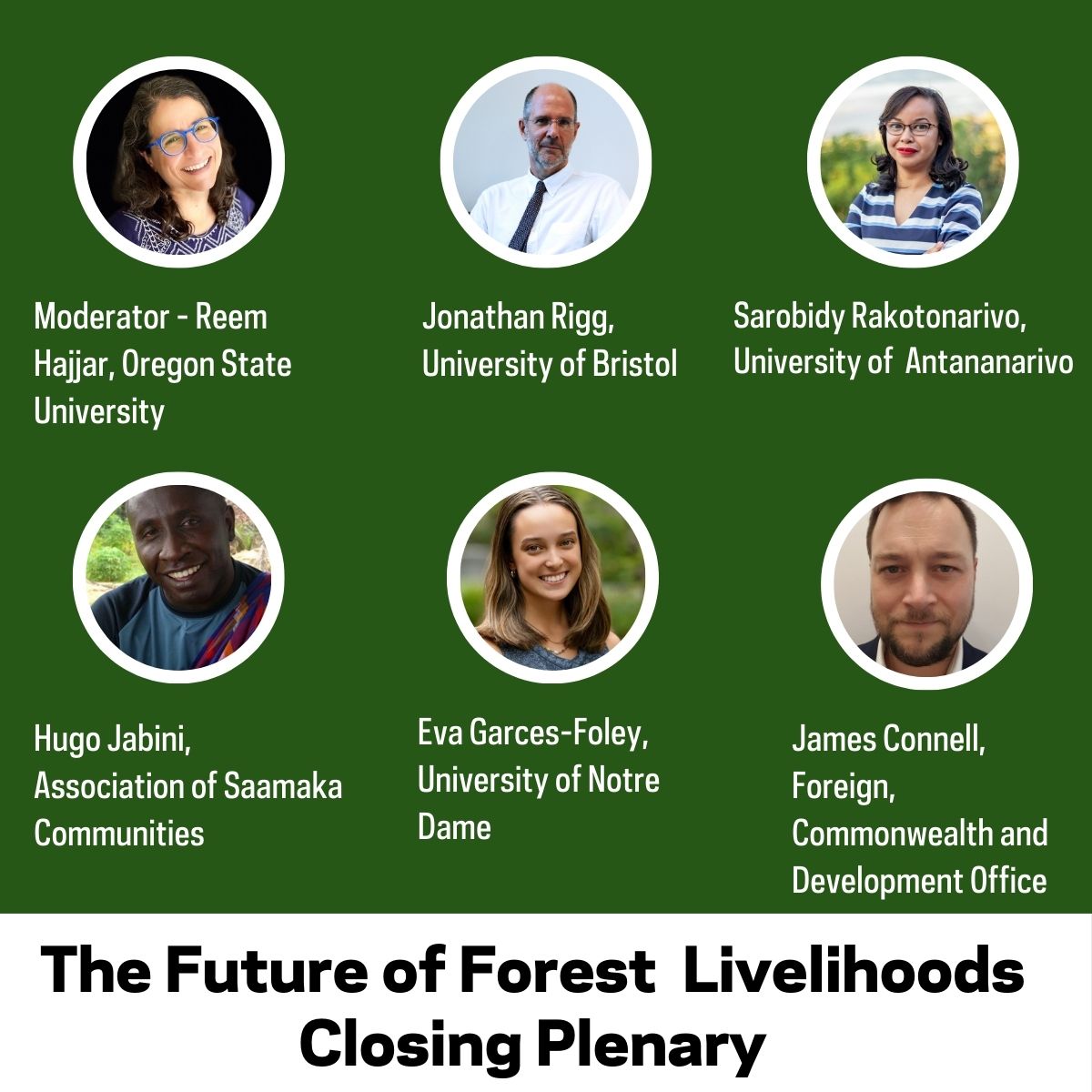
2024 Annual Meeting Workshop Descriptions
All four workshop sessions will take place on Monday, October 7th at Notre Dame Rome, located at Via Ostilia, 15, 00184 Roma. To attend the workshops, an additional fee must be paid for each session. Please see the table above for additional costs. Lunch will not be provided at the workshops.
Organizer: Emily Gallagher, CIFOR-ICRAF (virtual) Co-Facilitators: James Reed and Malaika Yanou
Recent years have seen a welcome increase in demand from donors to go beyond gender mainstreaming and gender inclusion in forest resource management and landscape restoration projects, promoting gender transformative approaches (GTAs) as a panacea for social inequalities which are often surfaced during project implementation. A new generation of GTA tools and toolkits have emerged to meet this demand as gender scientists caution that no silver bullets exist for resolving social exclusion and deeply embedded social inequities within short project cycles. Nonetheless, communities of practice have formed around different tools, methodologies and approaches for better engaging women and other marginalized groups within forestry and agroforestry interventions, responding to their gender-specific and intersectional constraints to meaningful participation, and endeavoring to secure more equitable and sustained benefit sharing.
This workshop introduces a set of tools developed or adapted for forests, trees and agroforestry projects by CIFOR-ICRAF and partners, and welcomes participation from aligned research and development institutions to contribute the same. We propose a format which includes presentation of current conceptual frameworks, especially drawing an arc from gender responsive to gender transformative approaches within forest livelihoods and forest landscape restoration research (30mins), as well as practical and hands-on presentations/or demonstrations of tools.
Example tools (to be confirmed) might include: Gendered opportunity mapping and co-creation workshops; Gendered needs and preferences assessments for forestry, tree crop and agroforestry projects; Gendered value chain mapping; Gendered labor mapping; Co-designing gender-specific technical trainings; Women’s FBO leadership and skills trainings, etc. Following an introduction of tools, 3-4 tools will be selected for deeper dives or hands-on trainings.
This workshop is expected to facilitate a valuable learning exchange between researchers and practitioners to share specific applications of gender responsive and gender transformative approaches to their work in forest and agroforest systems.
Moderators: GAIN/FAO Team
The Workshop serves as a collaborative session for framing next steps for enhancing the forest-related metrics from the FAO report on metrics for adaptation. It builds from the discussions in the Innovation Session (October 6) regarding the needs and feasibility of additional social and ecological metrics for outcomes and intermediate outcomes. Two broad activities will support seeding the development of the additional forest metrics:
- Overview of existing adaptation frameworks and metrics
- Using case examples of different forest-dependent communities to identify key livelihood and adaptation pathways
- Mapping generalized themes for adaptive capacity metrics supporting pathway measurement (leverage points, intermediate measurement)
- Next steps for metric development and supporting data collection structures
- Use case examples for different global regions to identify pathways for strengthening resilience of forests
- Mapping generalized ecological metrics supporting pathway measurement
- Identifying existing and potential data sources (e.g., ICRAF).
Outputs: Workshop report summarizing insights, potential new metrics, framework for reliable data and updates, and recommendations for next steps. Two other expected outputs are the outline of a prospective paper co-authored among workshop participants and a draft funding proposal.
Moderators: Ashwini Chhatre, IFRI/Indian School of Business and Apurva Duddu, Yale University
CommFor builds on the International Forestry Resources and Institutions (IFRI) research program and is developed for understanding community forest governance more effectively in different parts of the world. The IFRI research program was founded in 1992 by Elinor Ostrom and the research produced using the data pushed the envelope on our understanding of forest commons. With FLARE as the foundation of the platform, CommFor is an initiative for robust data collection, analysis, and data sharing with researchers, practitioners, and local communities around the world.
The questions in CommFor are a summary of information on over 1500 variables (collected using IFRI instruments) into a much smaller set of key variables. It leverages digital technology customized as smartphone and desktop-based applications to capture data at high and varying frequencies, reduce the burden of capturing data, and generate real-time insights for use by local communities in forest governance.
Some of the functionalities of CommFor are (1) Baseline module on forest details (ownership and property rights, forest and land use), socio-economic attributes (remoteness, demography, socio-culture, market penetration, well-being, collective action, wealth, resources, infrastructure, energy and governance), and forest management (rules, activities, and participation), (2) Digital boundary mapping to enable integration with satellite data, (3) Inventory mapping to estimate distribution and abundance of valuable forest products, (4) Carbon stock assessment to evaluate sequestration potential, and (5) Management planning to achieve community objectives.
The workshop will be administered in three segments. We will begin with a brief overview of the questions in the CommFor instrument and a demo of the tool. Participants can interact with past IFRI data on a visualization portal, with guidance from the organizers and IFRI experts. The second segment of the workshop is a site visit for collecting data using the CommFor tool. Participants will collect information on select modules. At the end of this session, we will visualize the collective data. The last segment is a brainstorming and Q&A session on the initiative, indicators, and data collection platform.
CommFor presents multiple advantages to support community-based forest governance. In a direct way, insights from data will become available in near real time and directly usable by local communities and their federations in making decisions. Second, data can be shared with (a) external actors and agencies to build trust in community institutions for forest governance, (b) practitioners to support communities in forest management, and (c) researchers to advance knowledge on forest commons. Finally, CommFor will enable visibility of landscape-level outcomes for recognition of community contributions to global challenges, such as forest landscape restoration, biodiversity conservation, and climate mitigation.
Moderator: Rachel Carmenta, University of East Anglia
The purpose of this workshop is to bring together scholars, practitioners, policy-makers and students interested in questions related to the human dimensions and lived experience of fire and flammability in tropical forest landscapes. Our first workshop will give a particular emphasis on mapping the connections between fire, flammability and the various direct and indirect linkages connecting fire to impacts on human wellbeing. In this workshop we will approach wellbeing from multiple lenses and scales. For example, we can consider health as nutritional diversity itself connected to the availability of wild foods which are impacted by fire, a multi-dimensional well being perspective which connects the contributions of forests across the relational, subjective and material constituents of wellbeing - all of which can be impacted through fire, and respiratory health and smoke exposure. We will map out the connections between forests, fire and wellbeing, considering key questions for a research agenda that enhances the visibility of the lived experience of forest fires, and extends the prevalent discourses of fire as carbon and climate issue, to fire as a justice and socio-ecological issue with questions of justice firmly at the centre. We invite colleagues with multiple disciplinary lenses, tools, scales and frameworks of analysis so that we may achieve a truly integrated appraisal of the various links between forests, fire and human wellbeing. We will identify case studies and experiences where possible to create a global portrait of living in flammability.
Important Dates
Subject to Change
Event | Date |
|---|---|
March 24 | Abstract submission deadline |
April 25 | Abstract decision notifications released |
May 1 | Early bird registration begins |
June 1 | Early bird registration rates end; regular rates apply |
September 2 | Regular rates end; late registration begins. Final day for presenters to register. |
September 11 | Release of Official Program (Will be subject to change) |
October 1 | Deadline to submit your presentation (see guidelines above) |
October 1 | Deadline to register as an observer |
October 3-7 | 10th Annual Meeting |
Frequently Asked Questions
Have a question related to the 2024 FLARE Annual Meeting? Please review the section below to find your answer!
If you need a letter of acceptance from the FLARE Secretariat for visa purposes, please email flare@nd.edu as soon as possible. FLARE can only provide an official letter of acceptance to you (not consulates) to apply for a tourist visa.
The deadline to register as a presenter is September 2nd, 2024. Please notify the FLARE Secretariat at flare@nd.edu if you plan to attend and present at the Annual Meeting but are unable to register by the deadline.
The deadline to submit your presentation is Monday, October 1st. This will ensure the Secretariat can upload your work to the assigned room for your scheduled session.
The 10th Annual Meeting will be an in-person event, with only the plenary events streamed live online.
The 10th Annual Meeting will be an in-person event only for the parallel sessions. Online participation may be available to presenters but only in an emergency situation. The Secretariat reserves the right to remove a presentation if the presenter cannot attend.
Yes, the Secretariat will allow for new presenters if the originally stated presenter cannot attend the Annual Meeting. The Secretariat reserves the right
Day rates for registration will be available at a later date.
The Secretariat does not have room blocks reserved for attendees of the Annual Meeting. You will be responsible for booking your own accommodations.
2024 Abstract Guidelines
2024 Coordination Committee
Lucas Alencar, University of Manchester
Achille Assogbadjo, University of Abomey-Calavi
Rayna Benzeev, University of California, Berkeley
Lawrence Brobbey, Kwame Nkrumah University of Science and Technology
Rachel Carmenta, University of East Anglia
Sarah Castle, University of Illinois
Peter Cronkleton, CIFOR-ICRAF
Ida N. S. Djenontin, Pennsylvania State University
Amy Duchelle, Food and Agriculture Organization
Apurva Duddu, Yale University
J.T Erbaugh, Dartmouth College
Lorenza Fontana, University and Polytechnic of Turin
Anja Gassner, Global Landscapes Forum
David Kroeker-Maus, Rights and Resources Initiative
Fernanda Liberali, Pontific Catholic University of São Paulo
Wenman Liu, University of Michigan
Colleen Scanlan Lyons, University of Colorado Boulder
Daniel Miller, University of Notre Dame
Katia Nakamura, University of Notre Dame
Rose Pritchard, University of Manchester
Pushpendra Rana, Indian Forest Service
Laura Vang Rasmussen, University of Copenhagen
Juan Pablo Sarmiento Barletti, CIFOR-ICRAF
Andrea M. Vasquez Fernandez, The University of British Columbia

